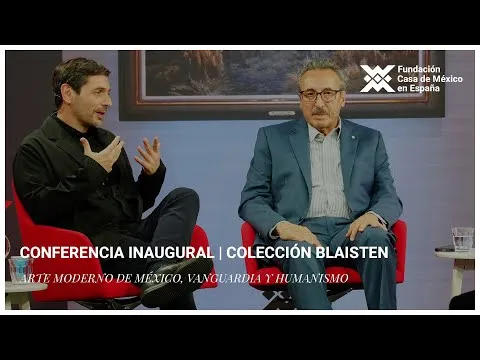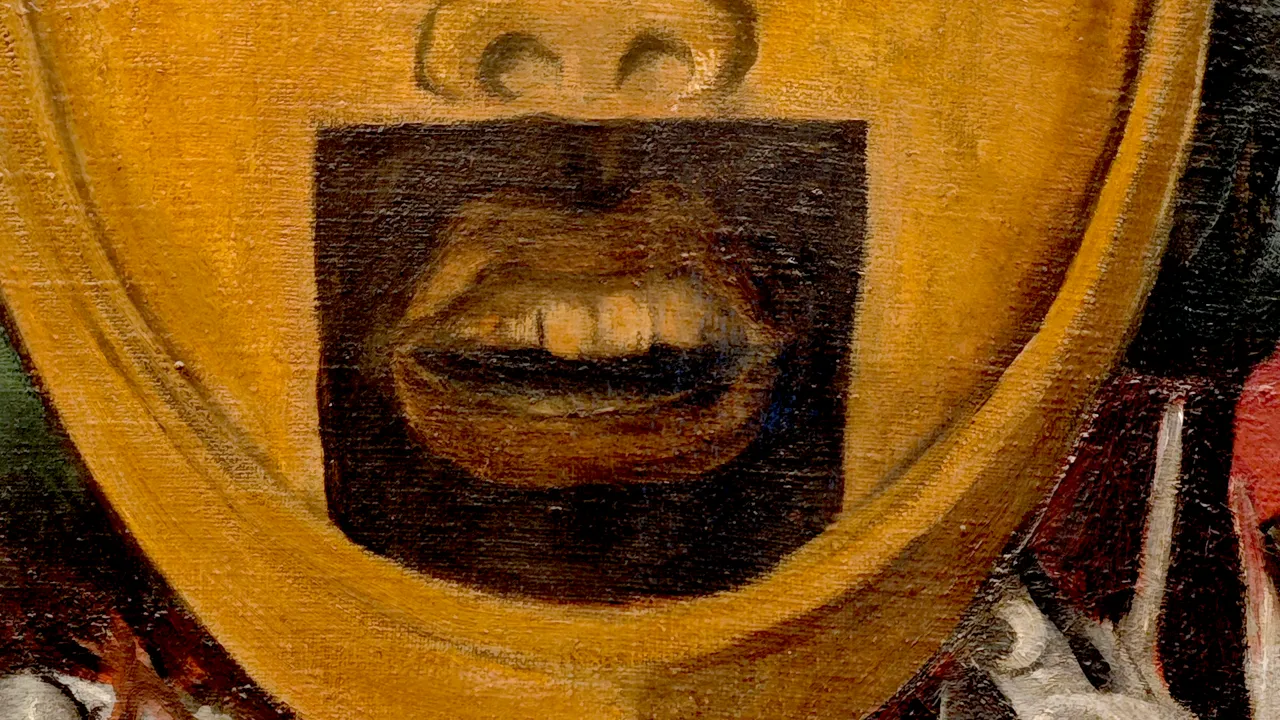
I return once again to the Casa de México in Spain (Madrid) with an exhibition that you know you are going to enjoy. It is the exhibition Modern Art of Mexico. Blaistein Collection, which was open to visitors from September 26 to February 16 of this year, 2025.
The Blaistein Collection consists of some 12,000 works of Mexican art by artists who stood out during the first three decades of the 20th century, most of whom were not part of the Mexican muralist movement.
Andrés Blaistein, the collector, explains how he started his collection in the 1970s, when abstraction reigned supreme in the world of Mexican painting. Unconcerned with fashion, Blaistein is interested in Mexican easel painting from the first third of the 20th century. Artists at that time were buried between the fashion of abstraction and the work of the great Mexican muralists.
But what caught my attention most was the fact that the main protagonist of the exhibition is not the artists represented there or Blaistein himself, but the art critic Margarita Nelken (Madrid, 1894 - Mexico City, 1968).
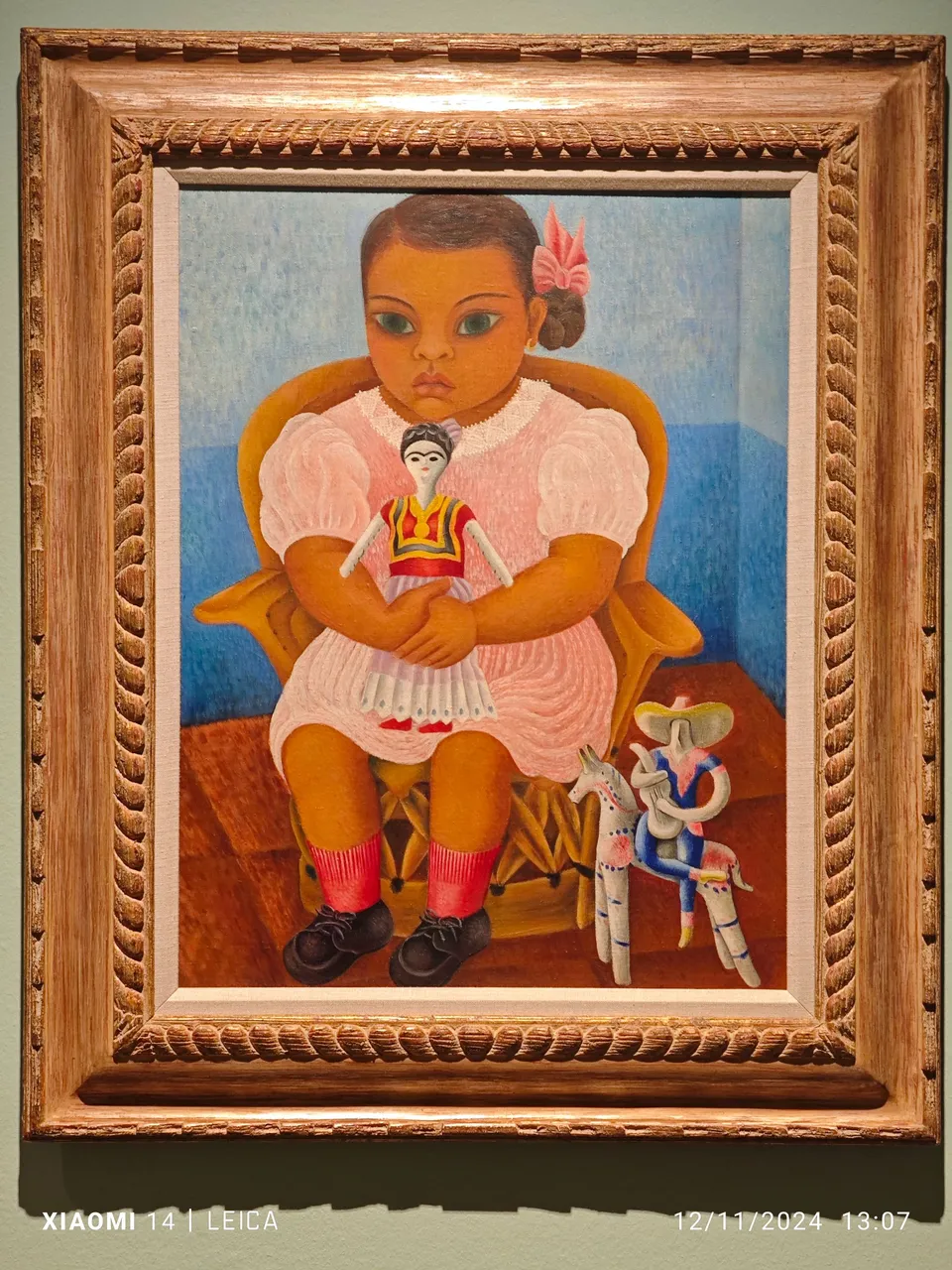
Rosa Rolanda. La niña de la muñeca. 1943
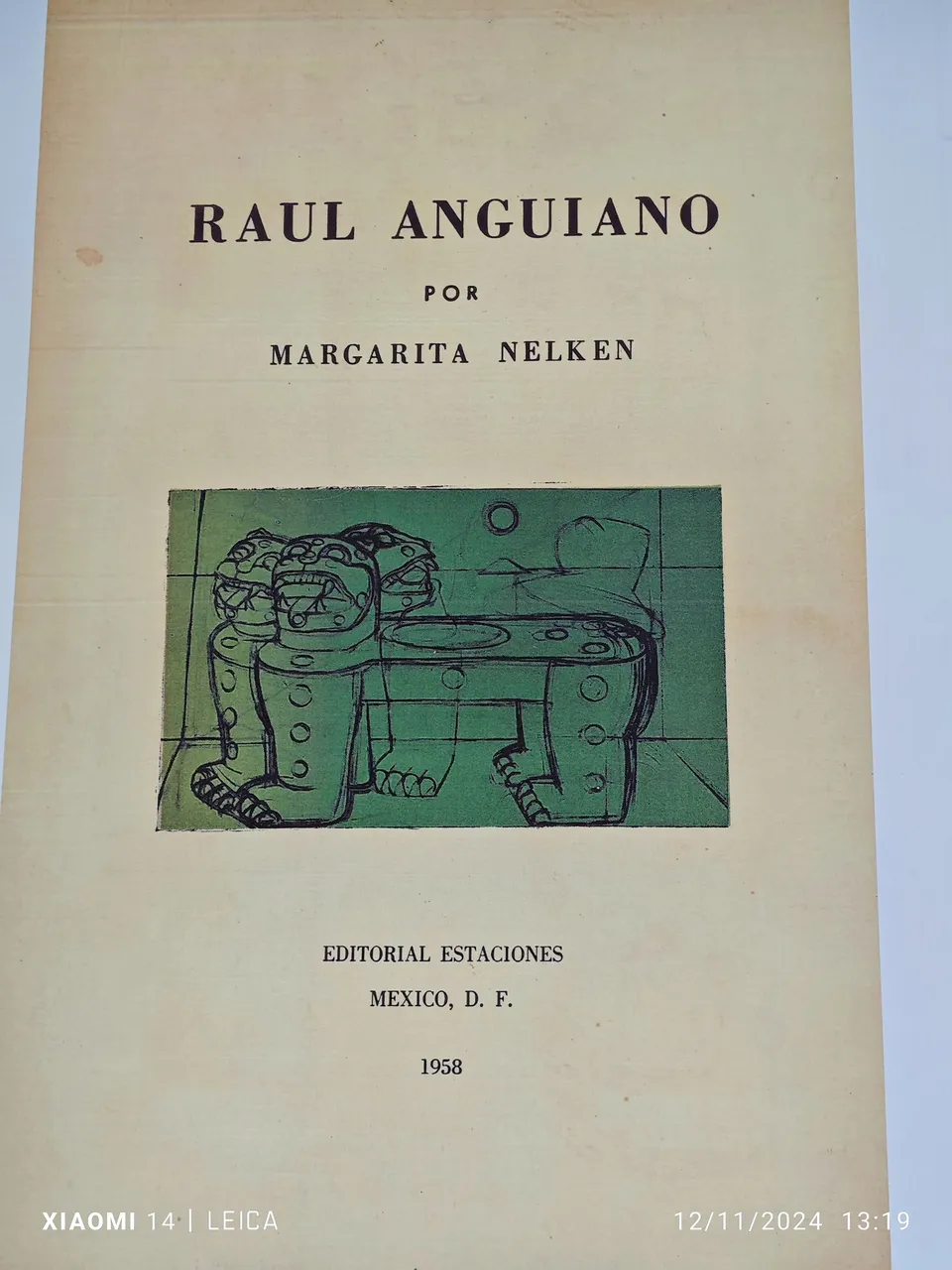 | 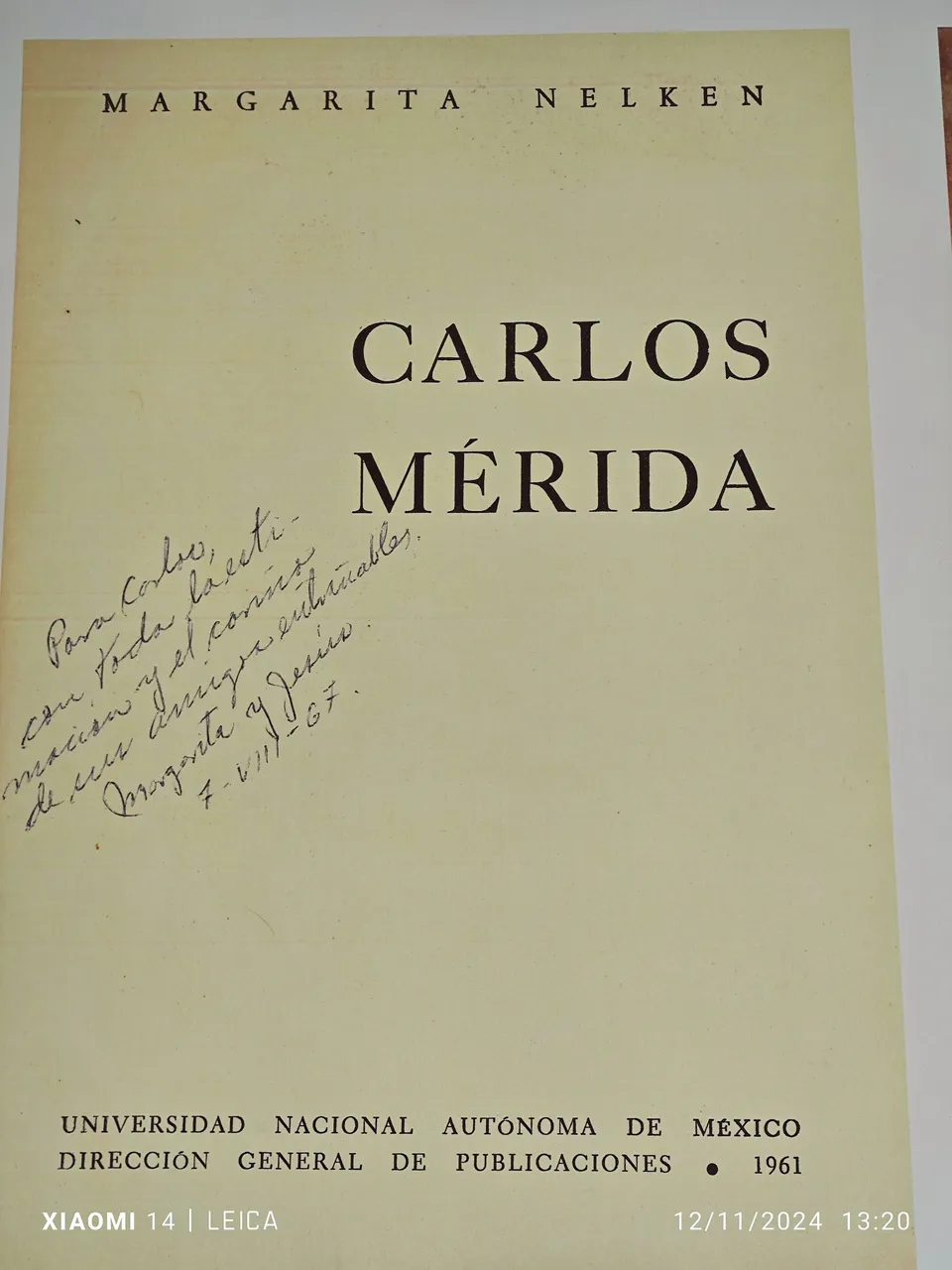 |
|---|
Monographs written by Margarita Nelken.
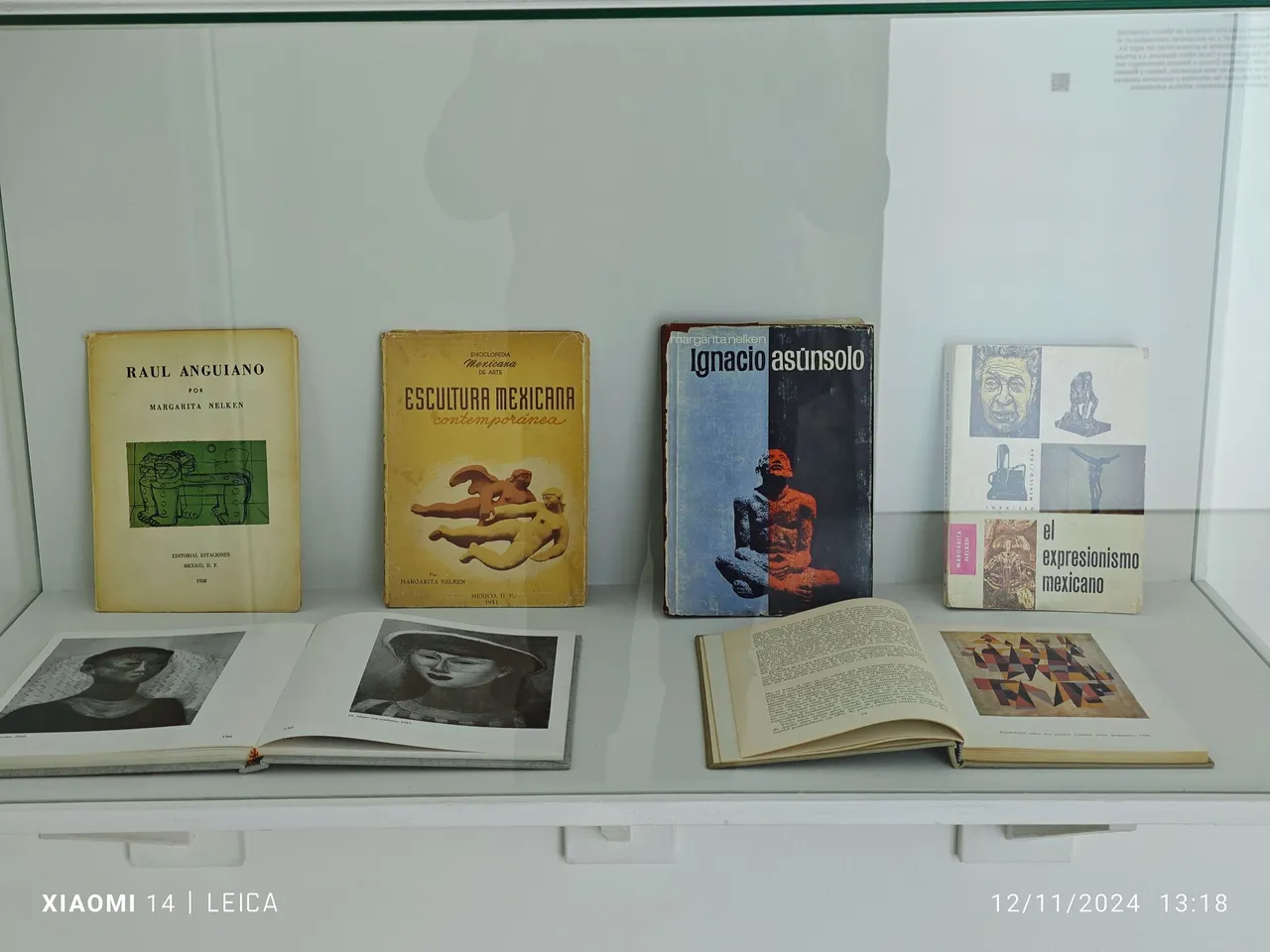
From the beginning of the exhibition, the figure of Margarita Nelken is explicitly present. The visit opens with a series of monographs written by her and dedicated to her favorite artists.
Margarita Nelken arrived in Mexico, like so many Spaniards, in exile after the defeat of the Second Spanish Republic by Franco's army. Welcomed by the Cárdenas government, Margarita Nelken, despite being Spanish, was a major player in the cultural debate in Mexico.
In this debate, Nelken was highly critical of muralism, believing that it had become superficial folklore. It was not so much a criticism of muralism as of institutionalized art. These objections to superficial art and her confrontation with Diego Rivera were undoubtedly the cause of her expulsion from the Communist Party.
However, with the support of President Cárdenas and Excelsior, one of Mexico's most important newspapers, Margarita supported other avant-garde trends and young non-muralist artists. Among these young artists were numerous women such as María Izquerdo, Olga Costa, Cecilia Calderón, and Lola Cueto, as well as the exiled Angelina Beloff.
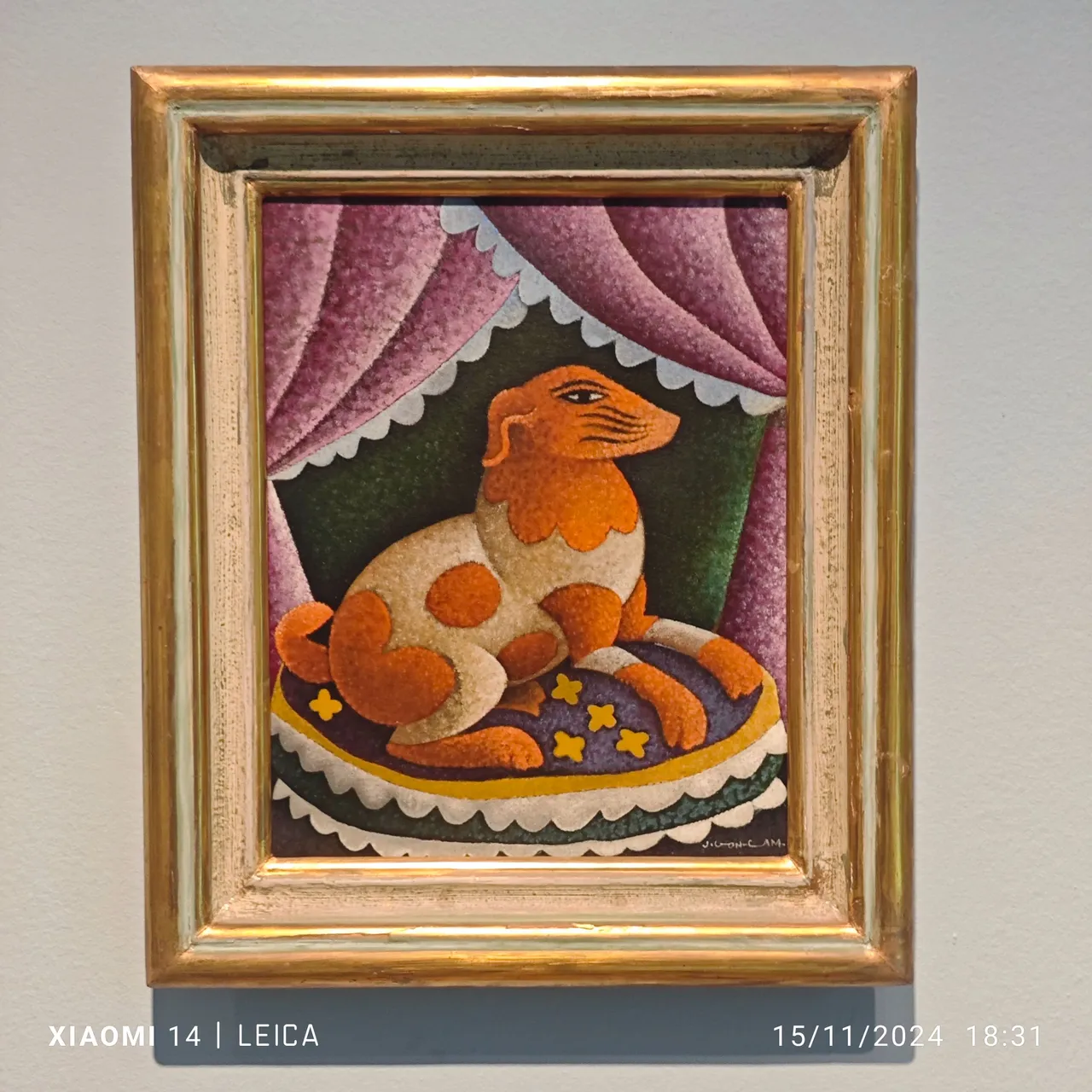
Jorge González camarena. Perro de circo. 1932
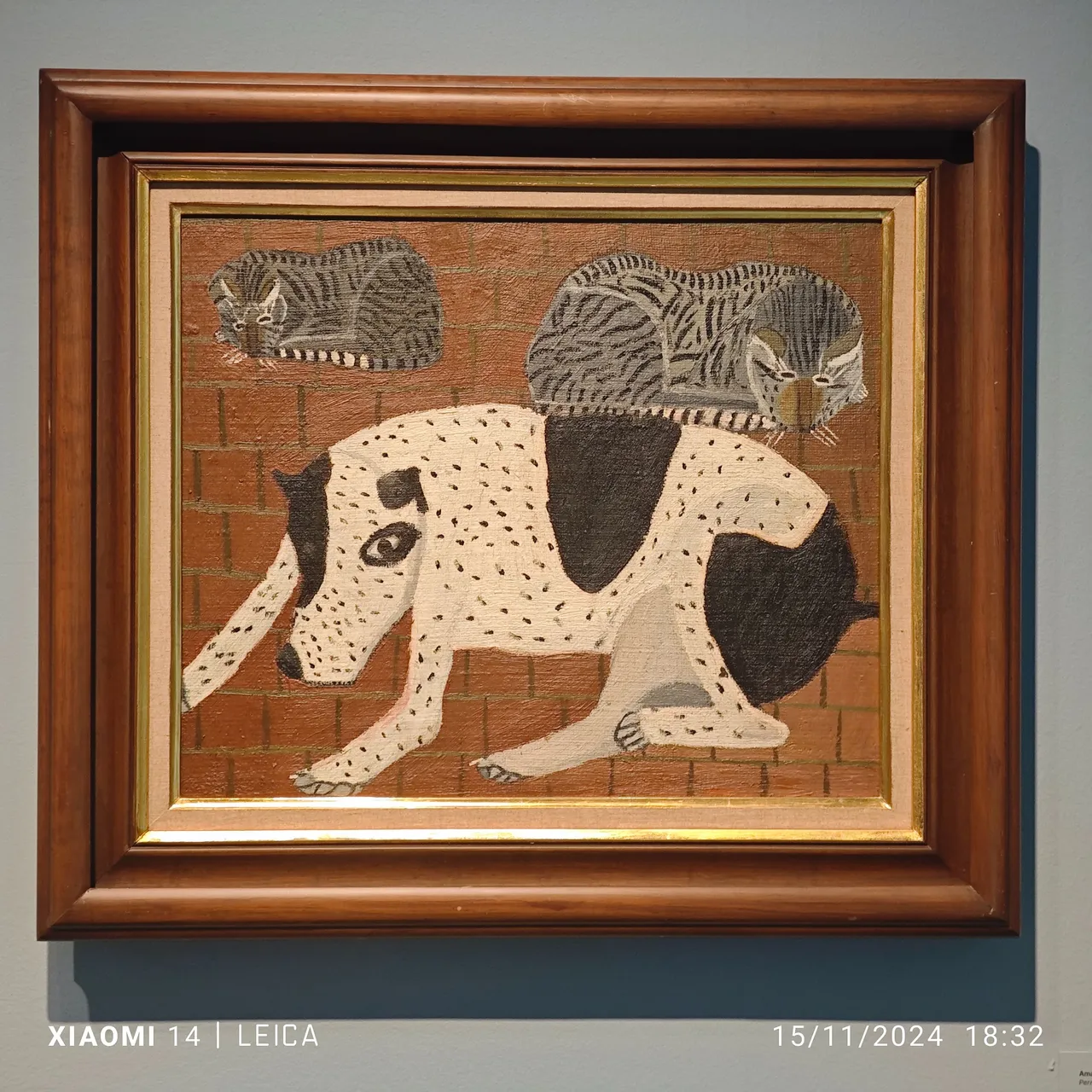
Amador Lugo. Perro con gatos. 1933-34
In El Excelsior, Margarita Nelken began her work as an art critic, writing her opinions in a section entitled “Páginas de Artes Plásticas” (Pages of Plastic Arts). This section was inaugurated with a text that made very clear, from the outset, what the goals of the section would be:
Art cannot become stagnant or remain within the narrow circle formed by a small group of painters, however great and brilliant they may be. Art, like all activities of the human spirit, is restlessness and movement. This restlessness must seek opportunities and stimulation in our social environment, so that it may bear fruit for the good of Mexican art.
Source of the quote and much of the text
It is precisely this spirit that is reflected in this exhibition. The openness to other contemporary trends in Mexican muralism and the rejection of institutionalized art which, like a stuffed animal, remains soulless and on the margins of life.
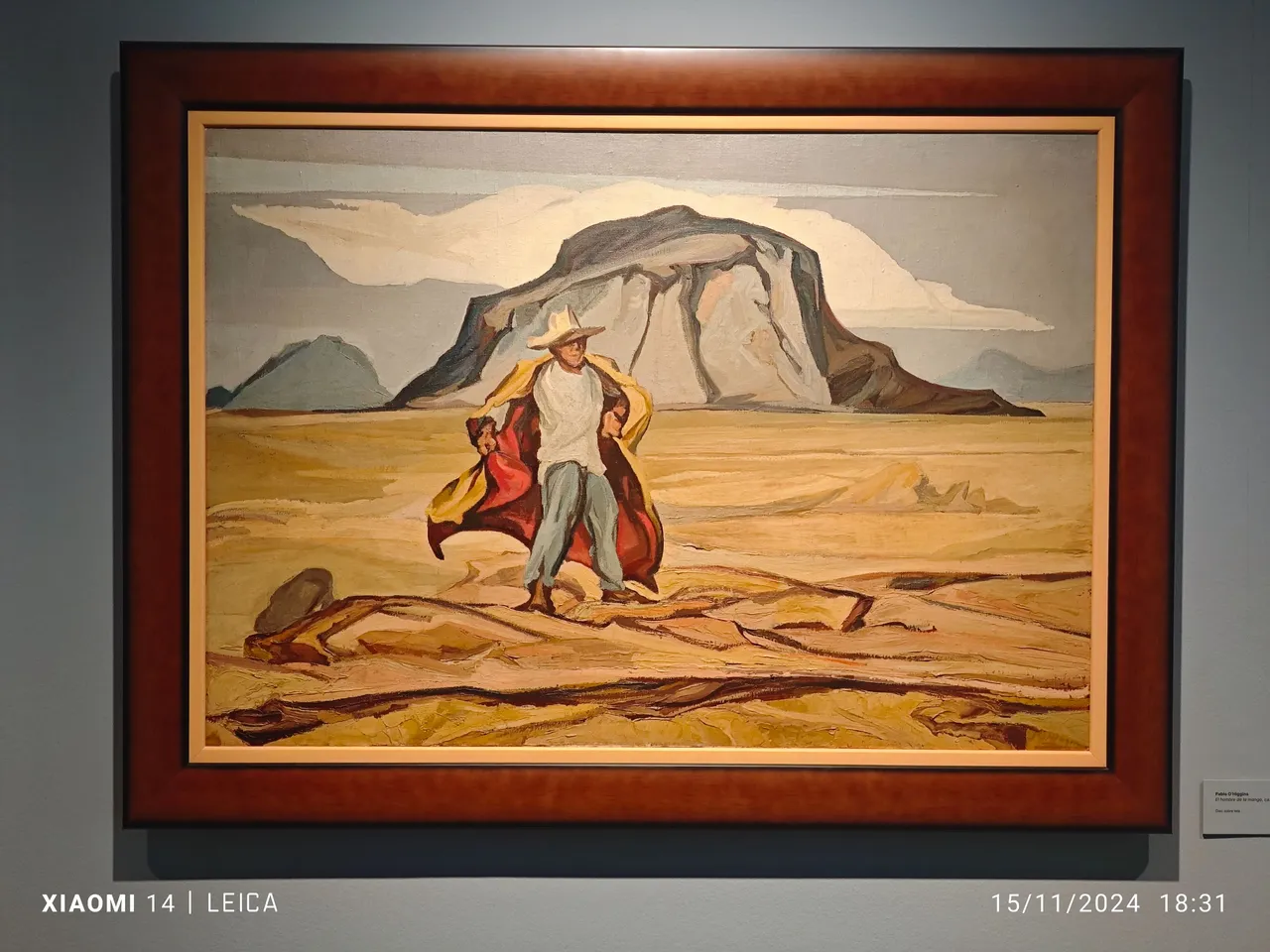
Pablo O´Higgings. El hombre de la manga. 1950
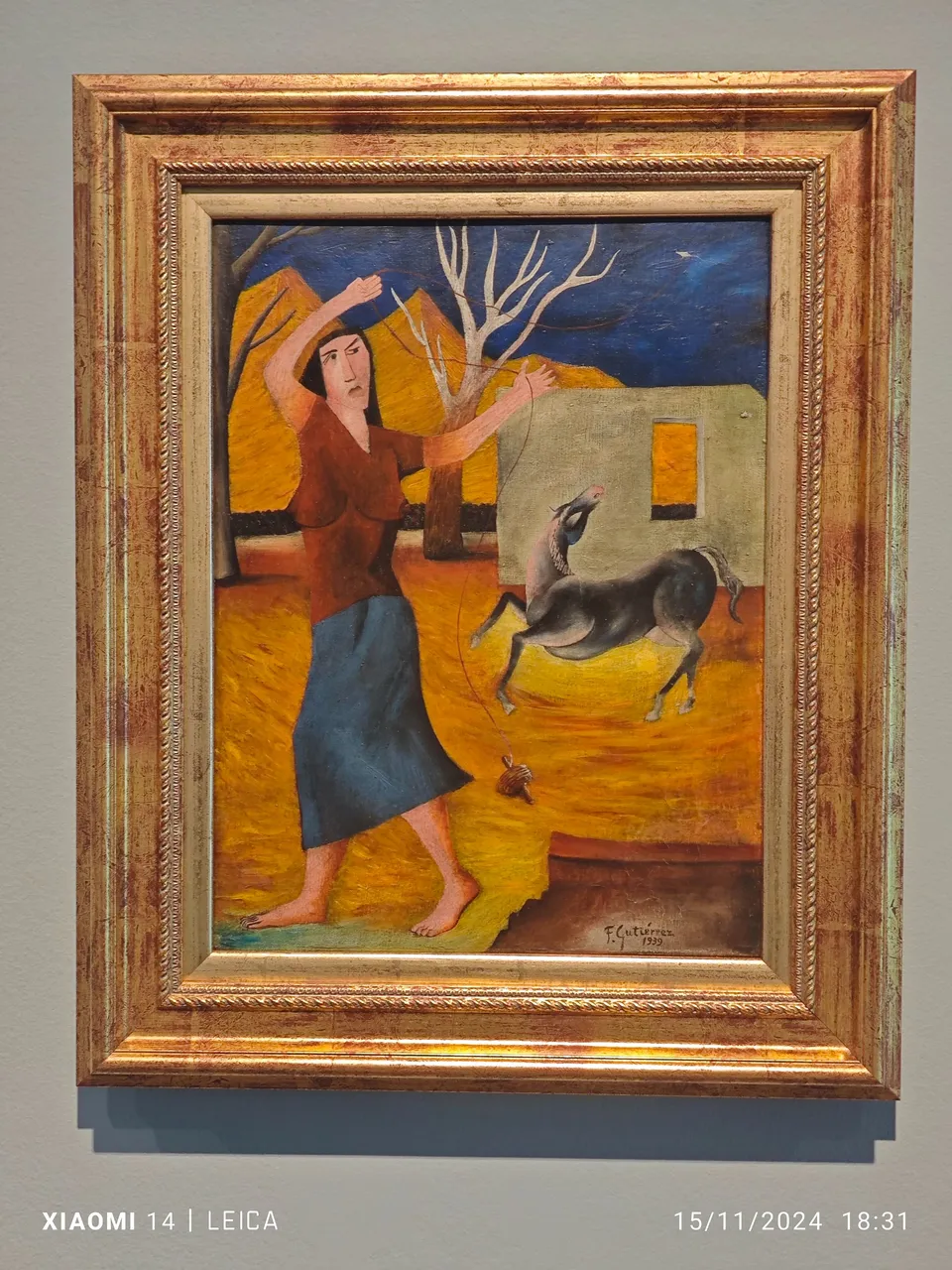
Francisco Gutierrez. El papalote. 1939
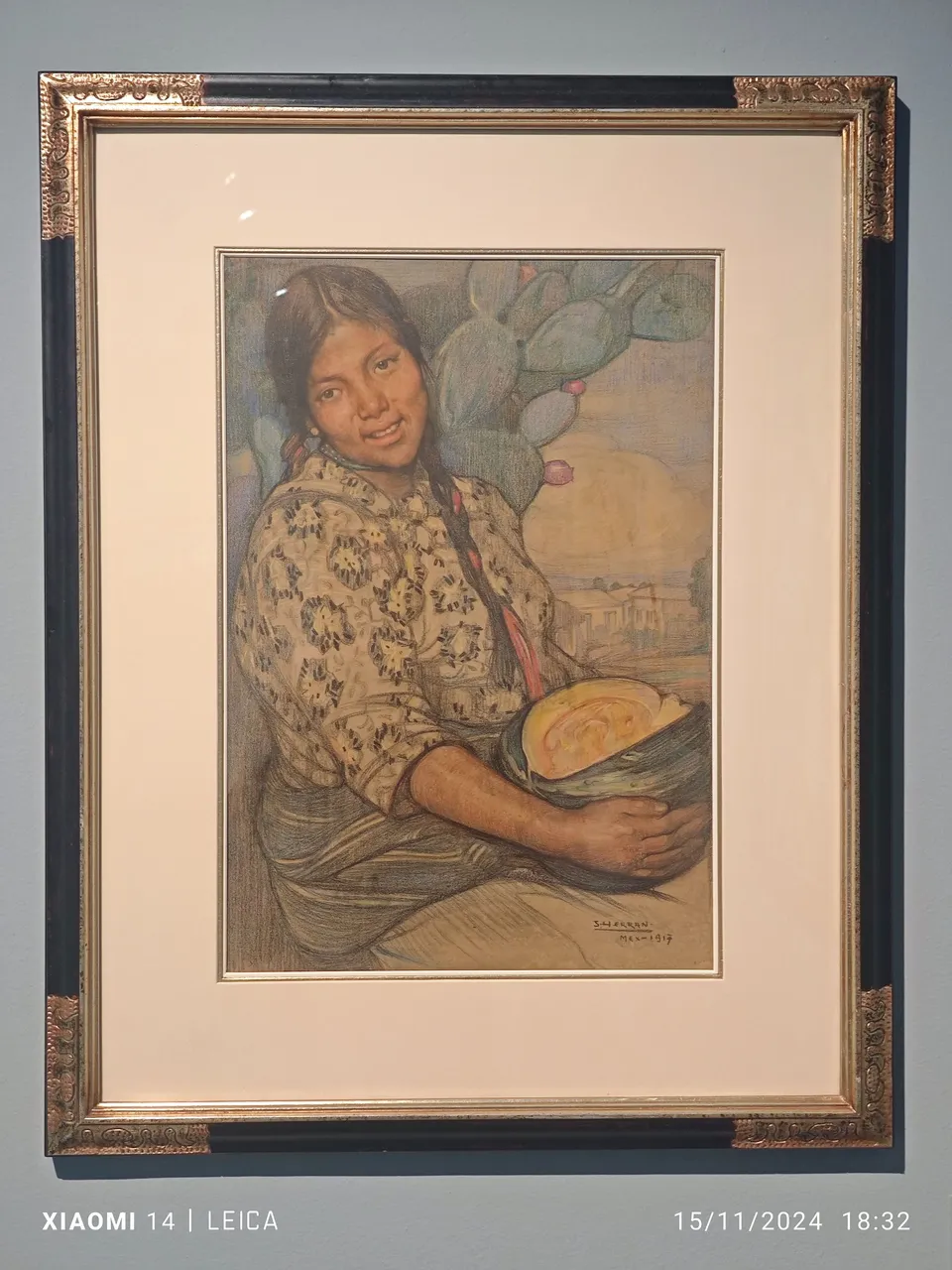
Saturnino Herrán. Joven con calabaza. 1917
Of the works in the exhibition, I would highlight the textile works of Lola Cueto, Roberto Montenegro, whose “Síntesis” I am in love with, the engravings of José Guadalupe Posada, the surrealist “Puerta estrecha” by Carlos Mérida, “Las tres parcas” by Manuel Rodríguez Lozano, and I end my personal selection with Rosa Rolanda. It was a great surprise to see a small painting by Diego Rivera, and even more surprising was its clearly surrealist theme.
In addition to two-dimensional images, there was also space for sculpture. I am including some photographs in this post.
For my part, I can only say that I thoroughly enjoyed this selection from the Blaistein Collection. It is an exhibition in which typical Mexican themes (as I see them) are expressed through the styles of the European avant-garde of the early 20th century without losing their national roots.
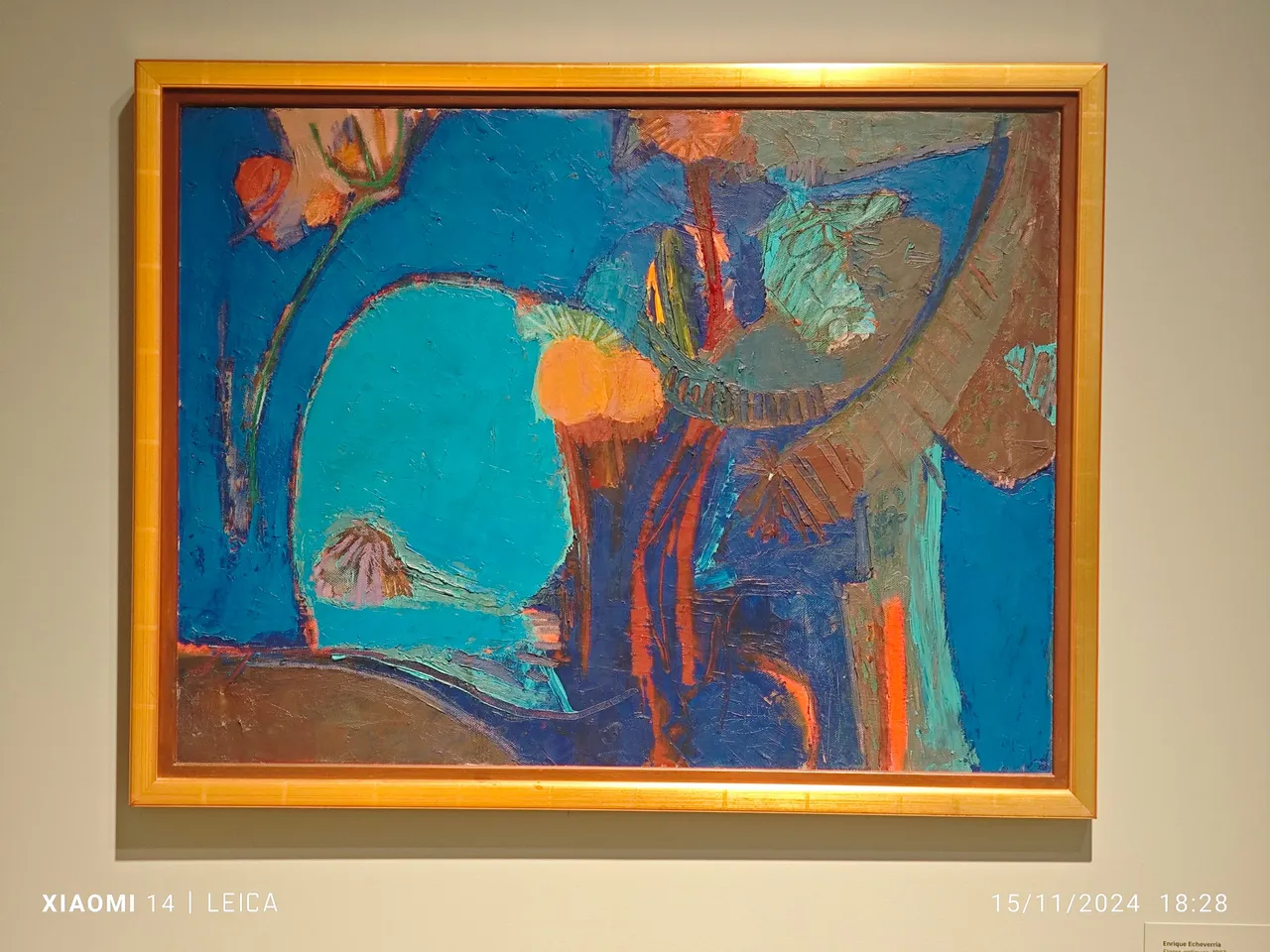
Enrique Echevarría. Flores antiguas. 1967
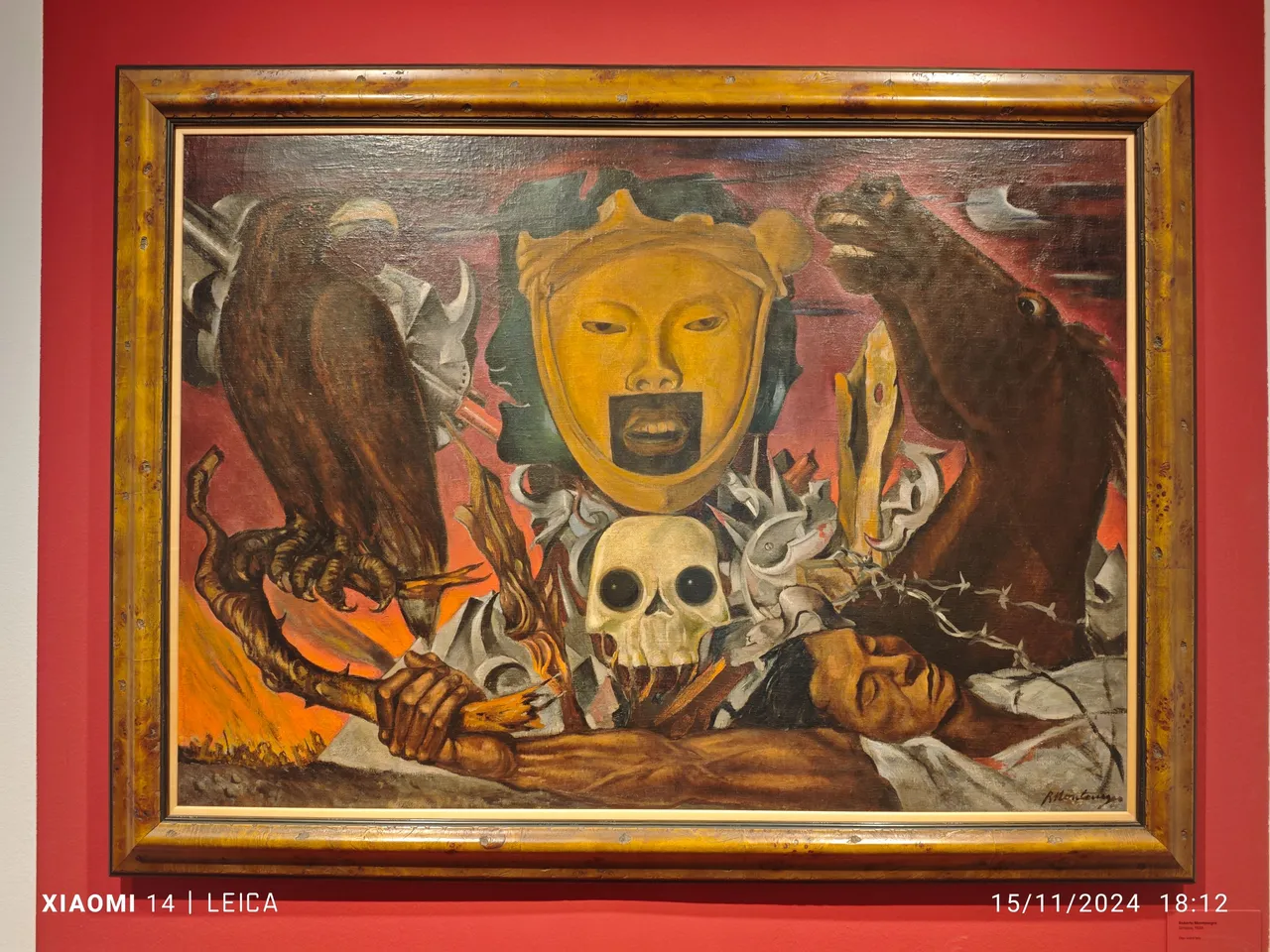
Roberto Montenegro. Sínteis. 1939
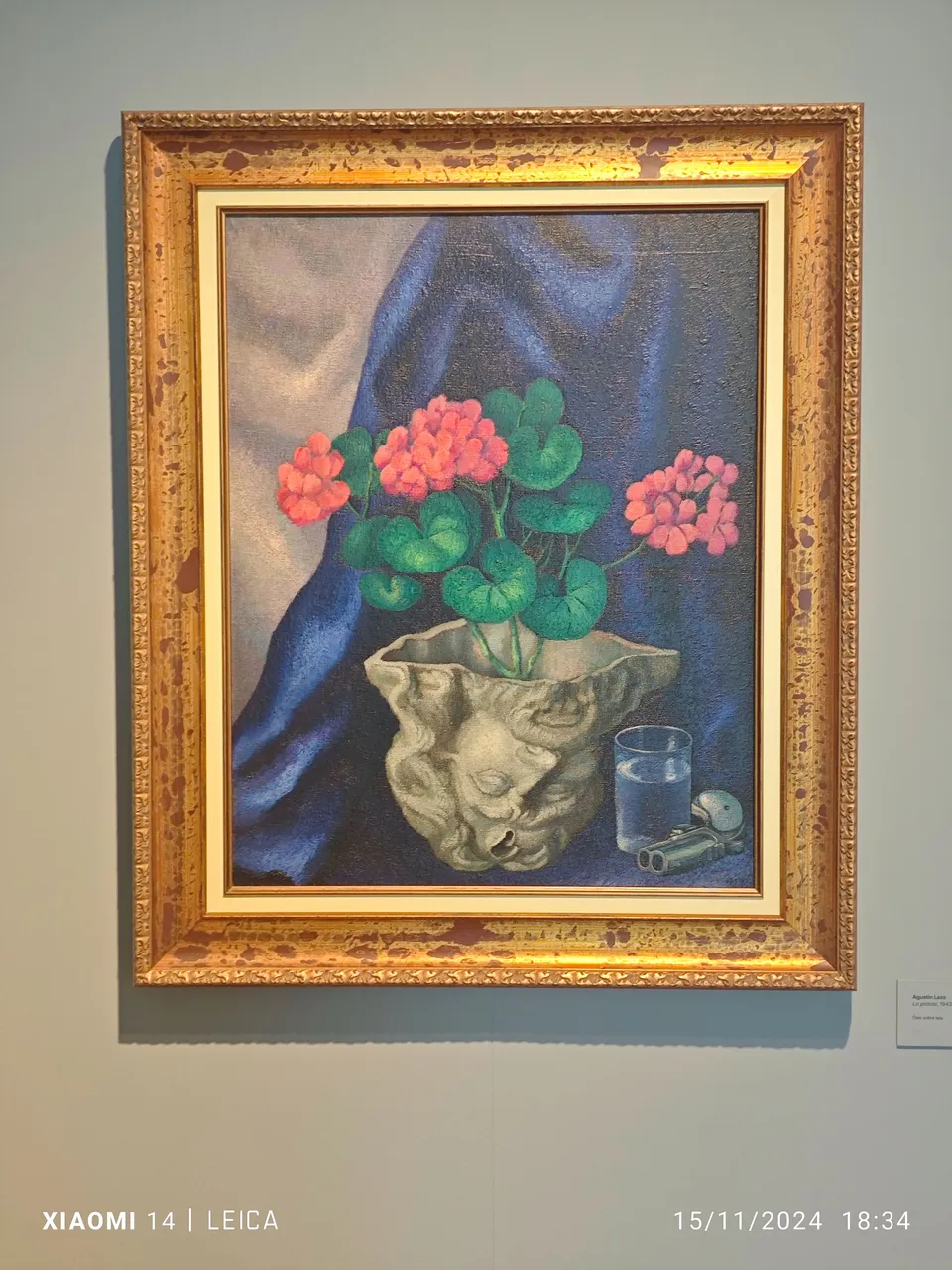
Agustín Lazo. La pistola. 1943
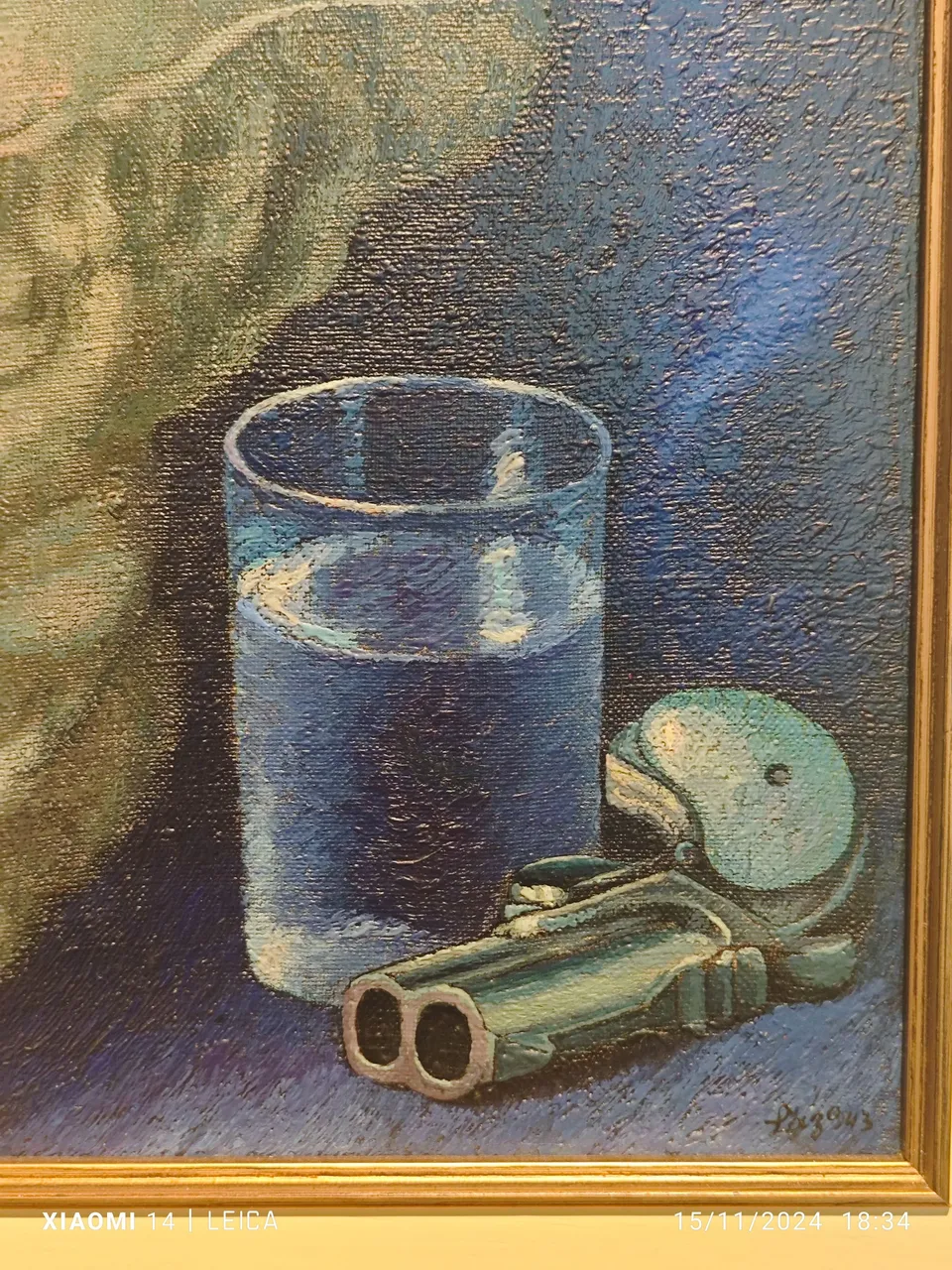
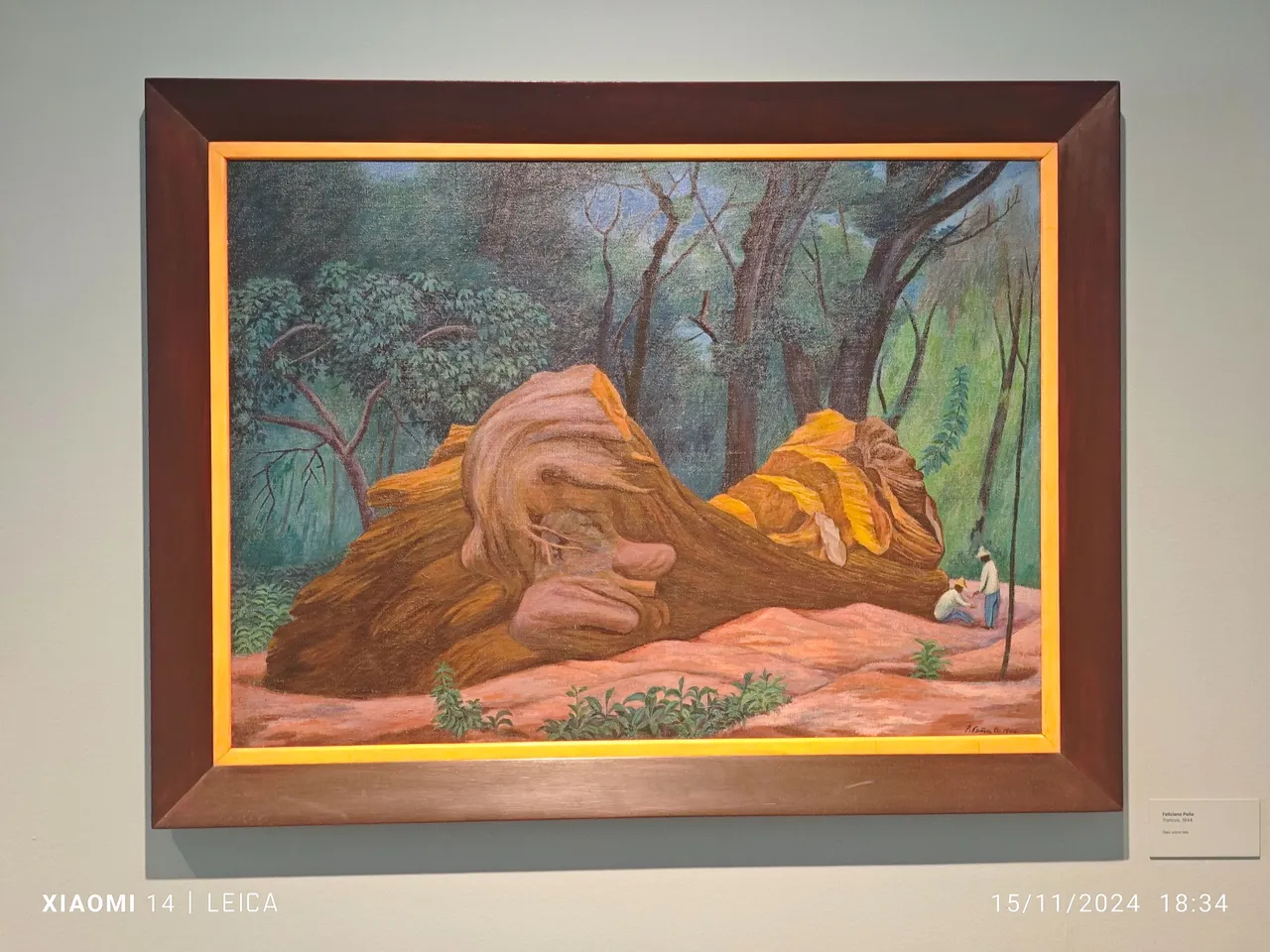
Feliciano Peña. Troncos. 1944

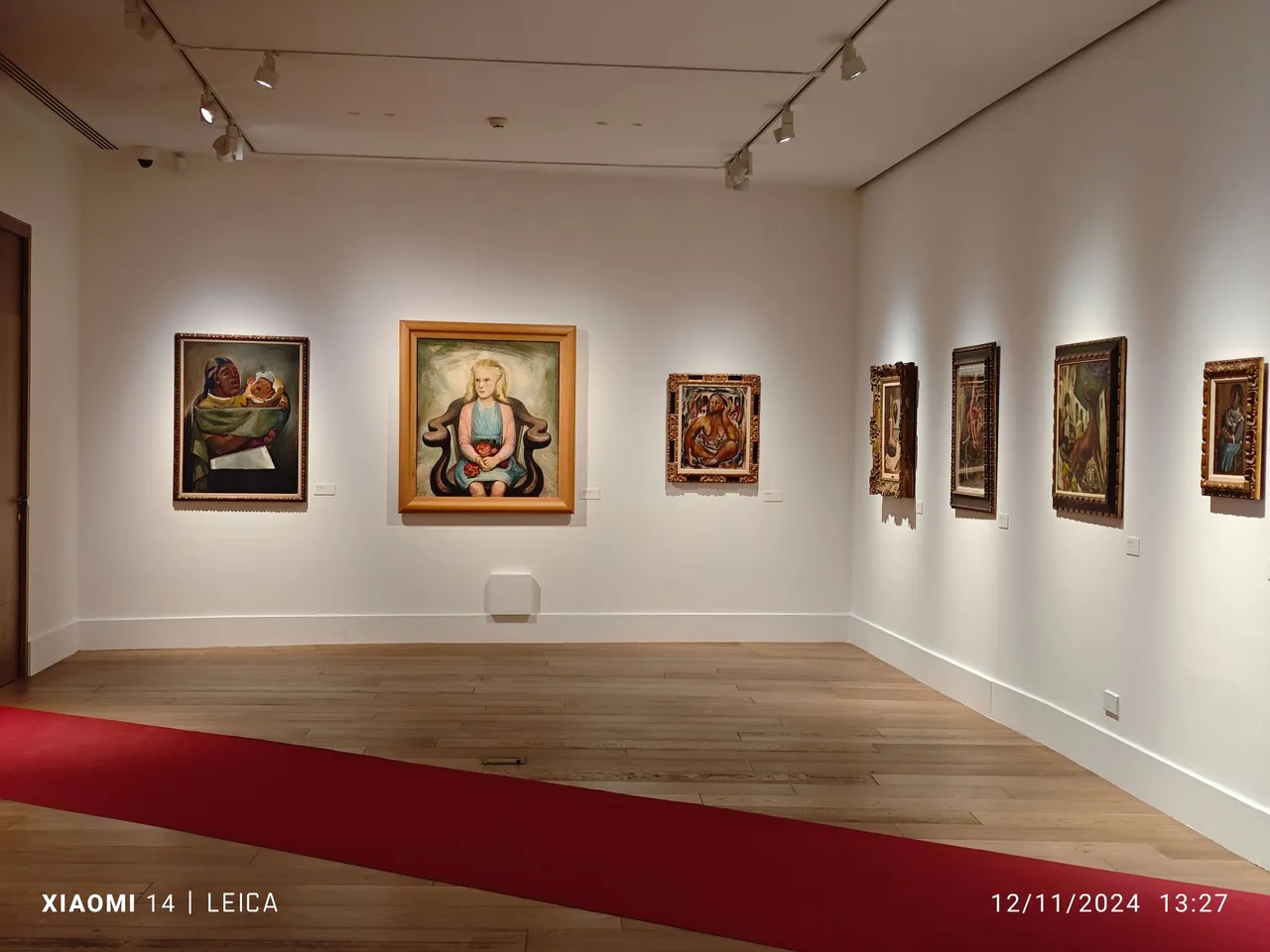
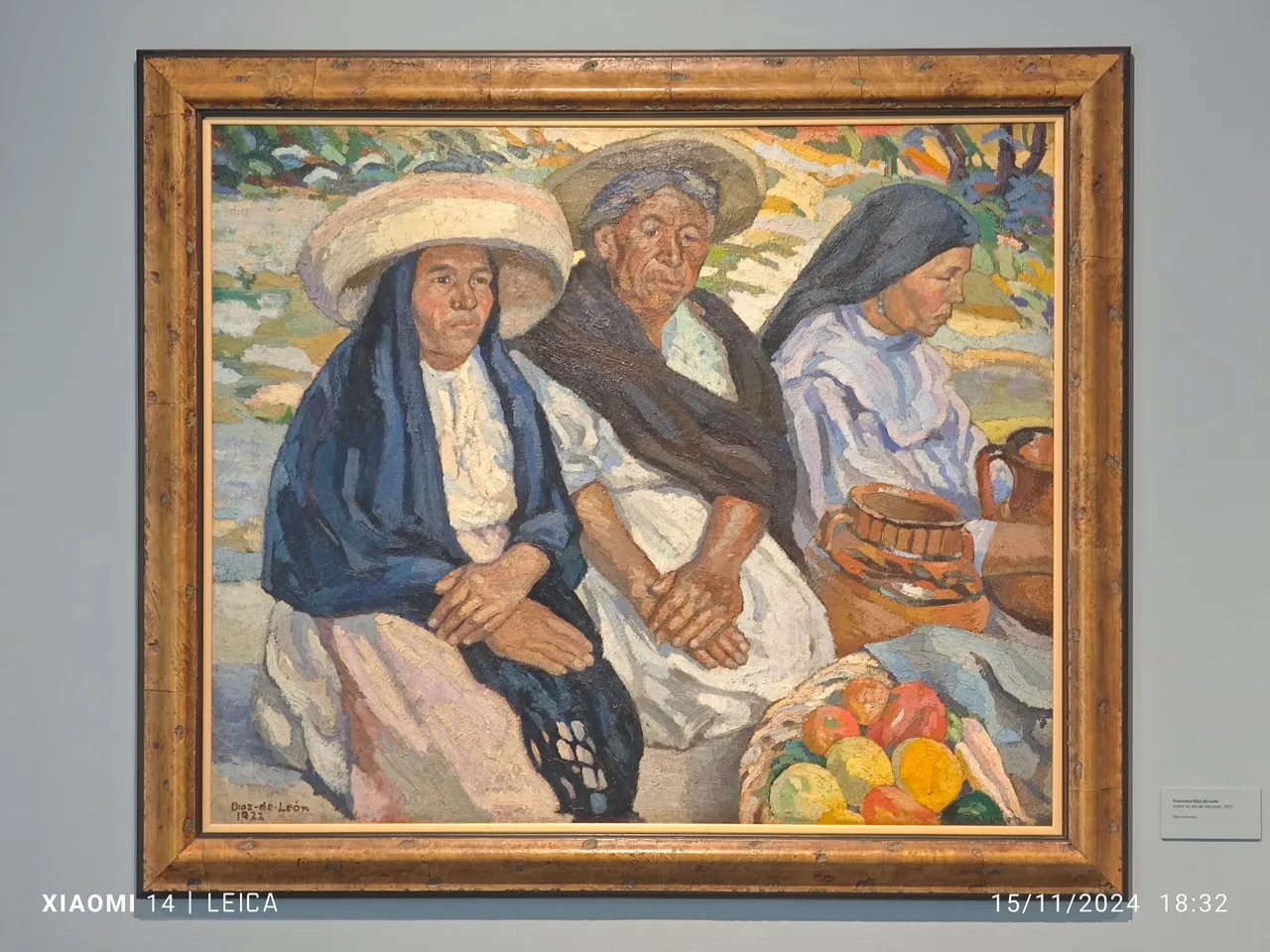
Francisco Díaz de León. Vendedoras de frutas. 1923
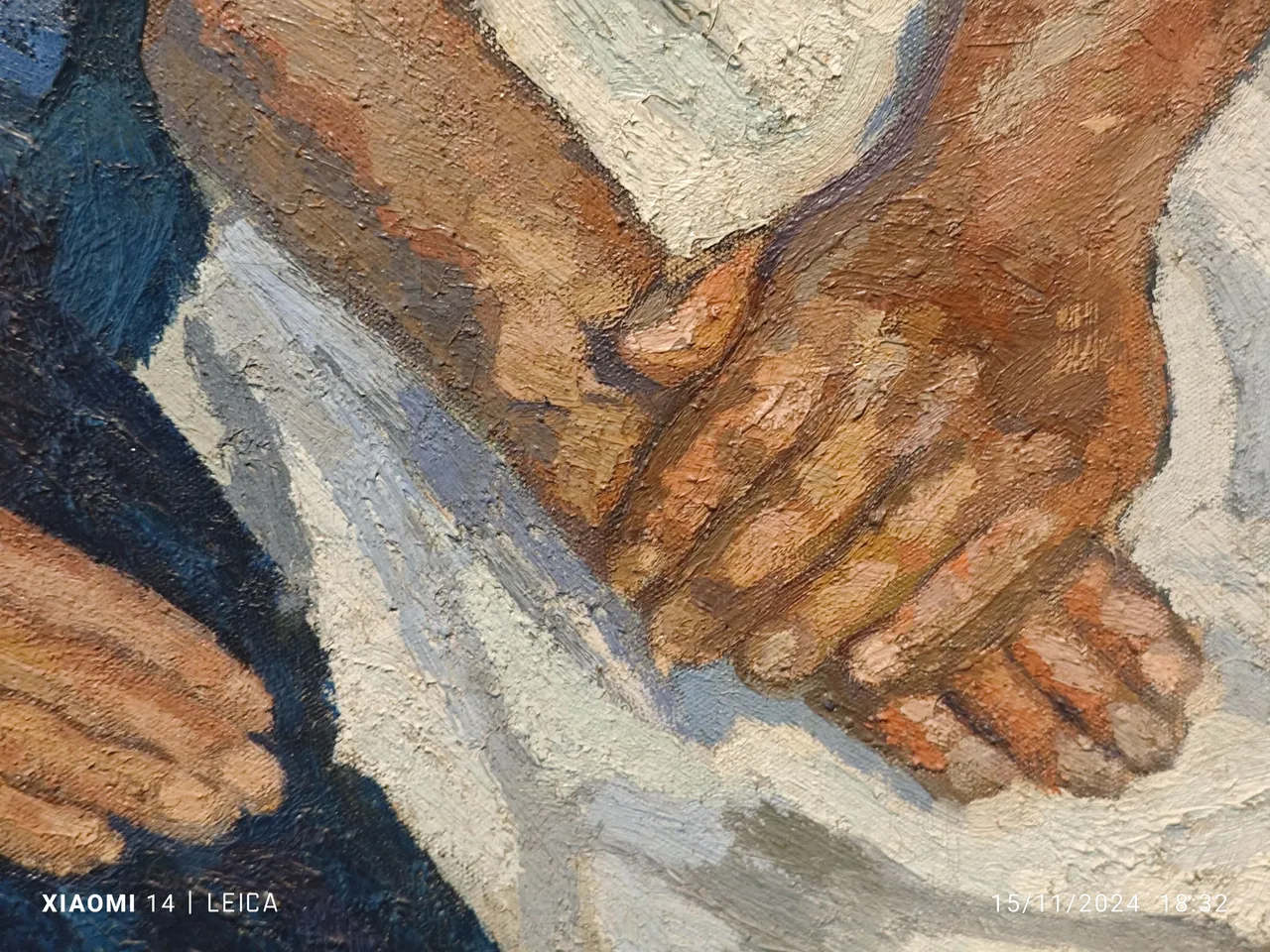
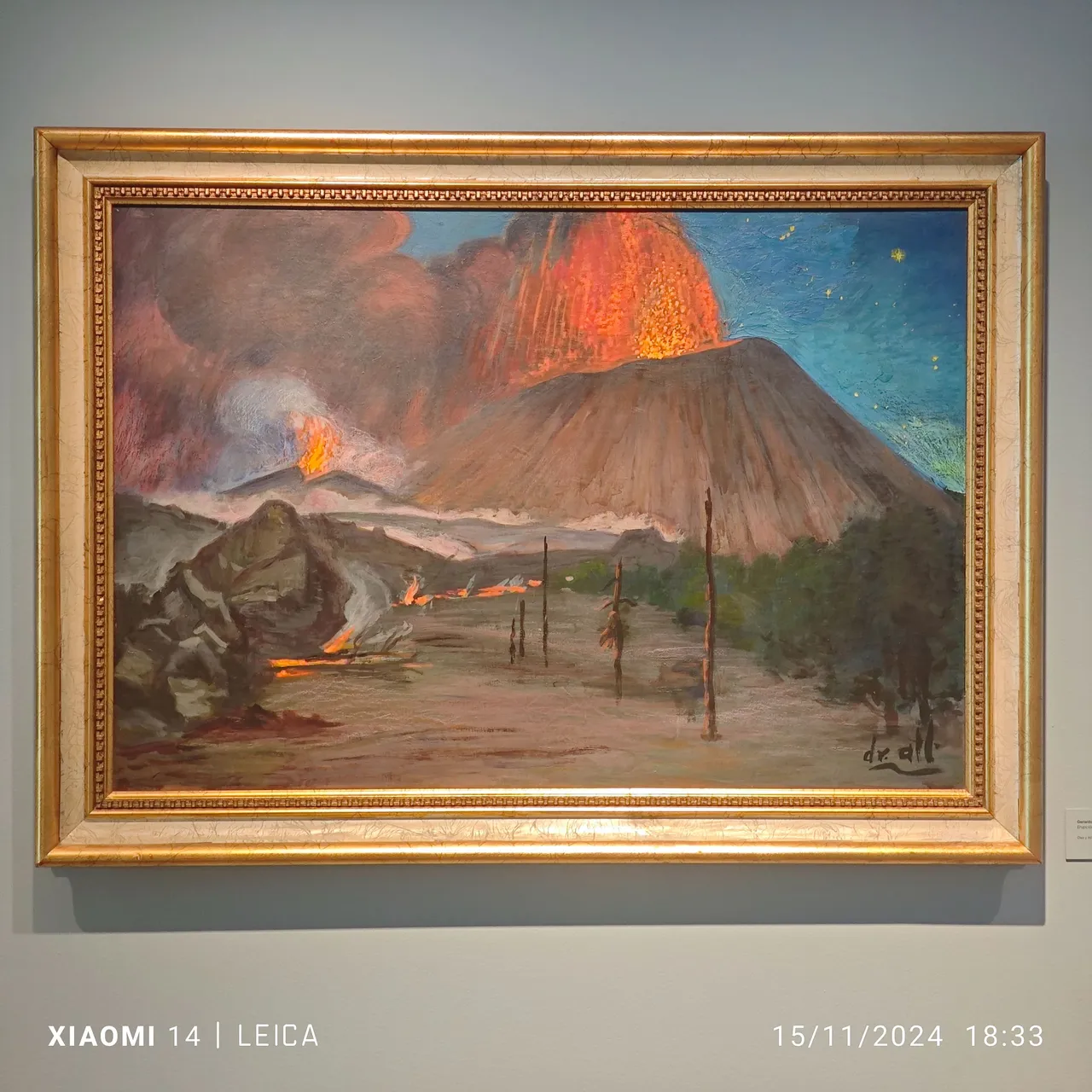
Gerardo Murillo, Dr. Atl. Erupción en apogeo. 1960
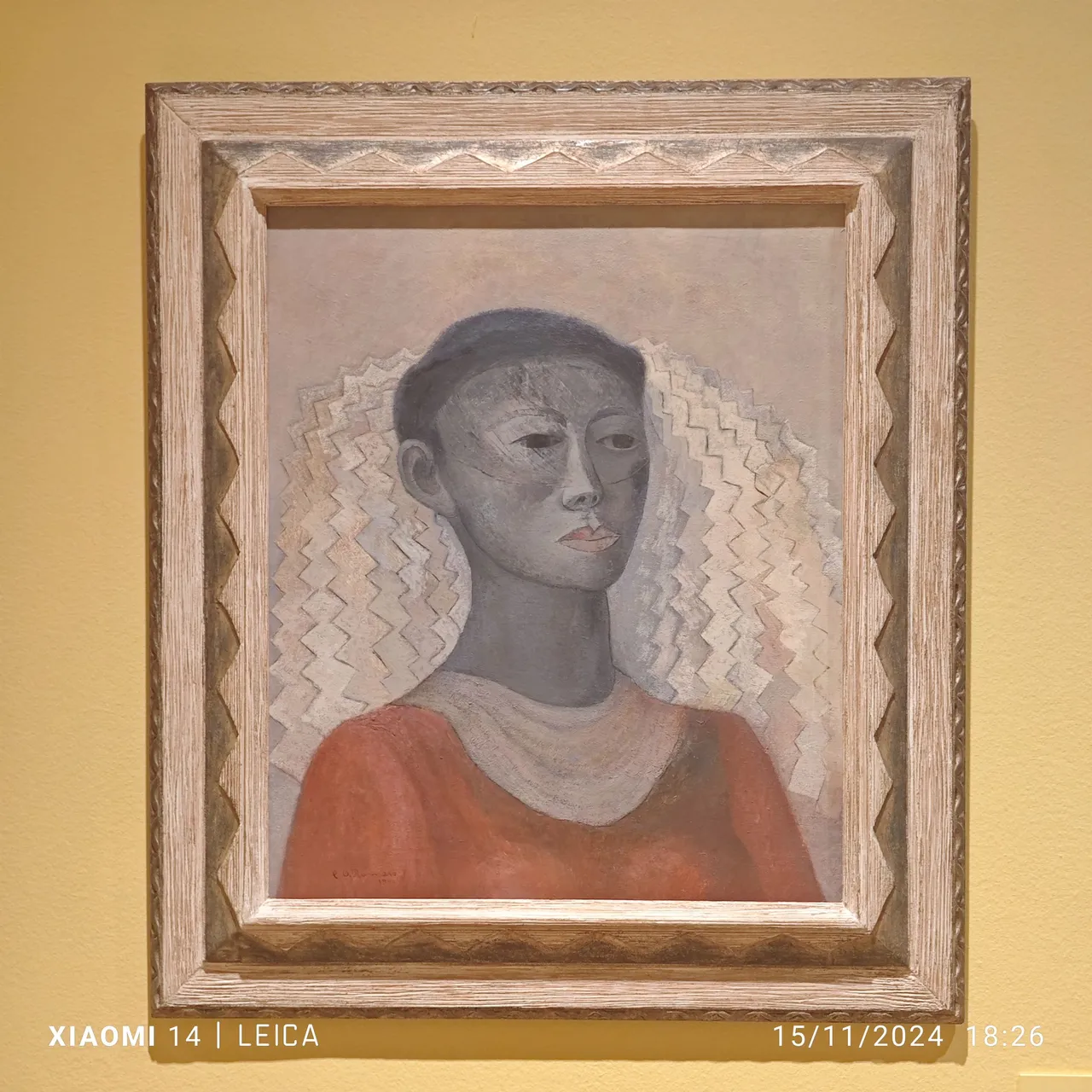
Carlos Orozco Romero. Tehuana
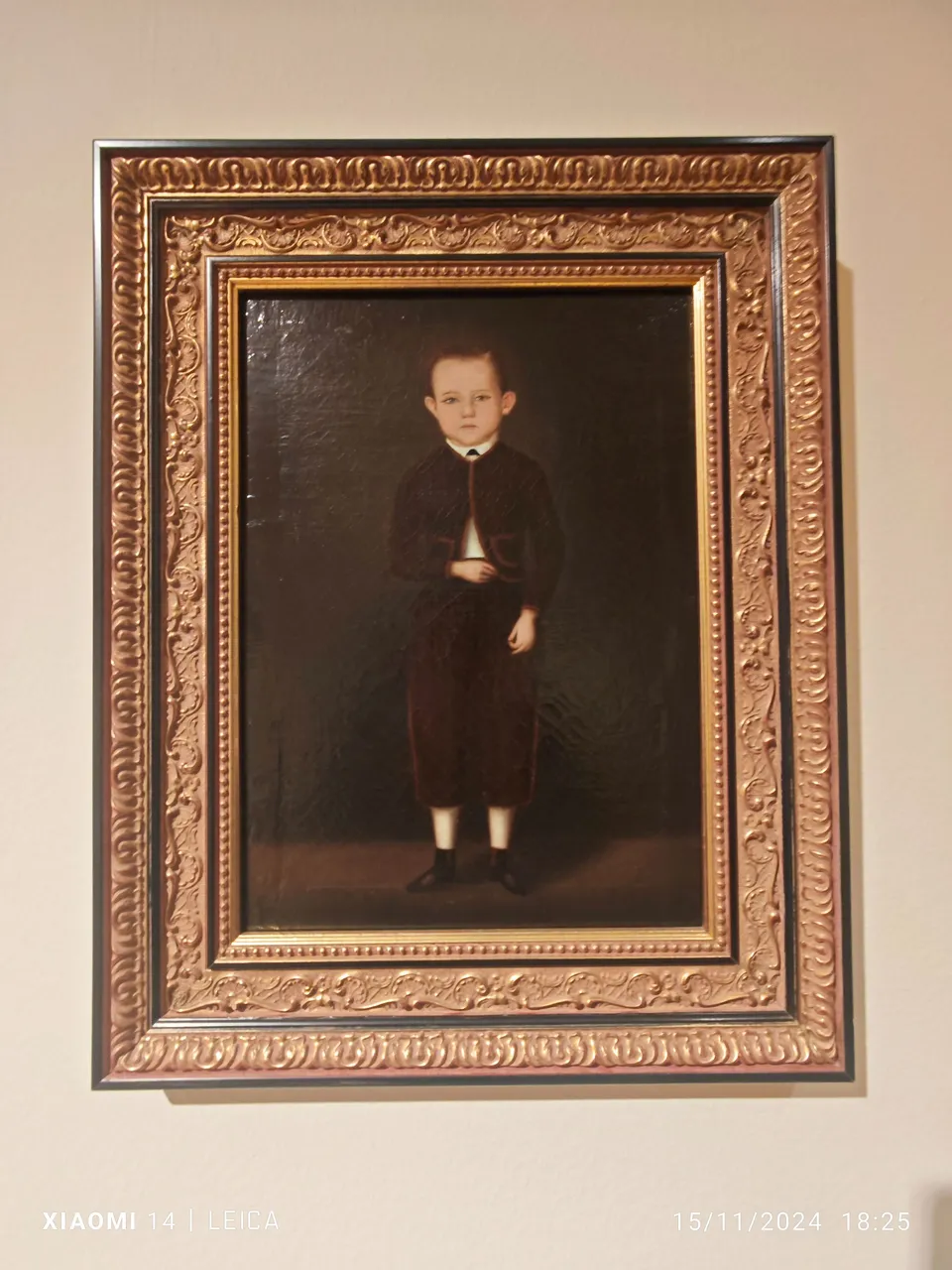
Hermenegildo Bustos. Retrato del niño Enrique González. 1865
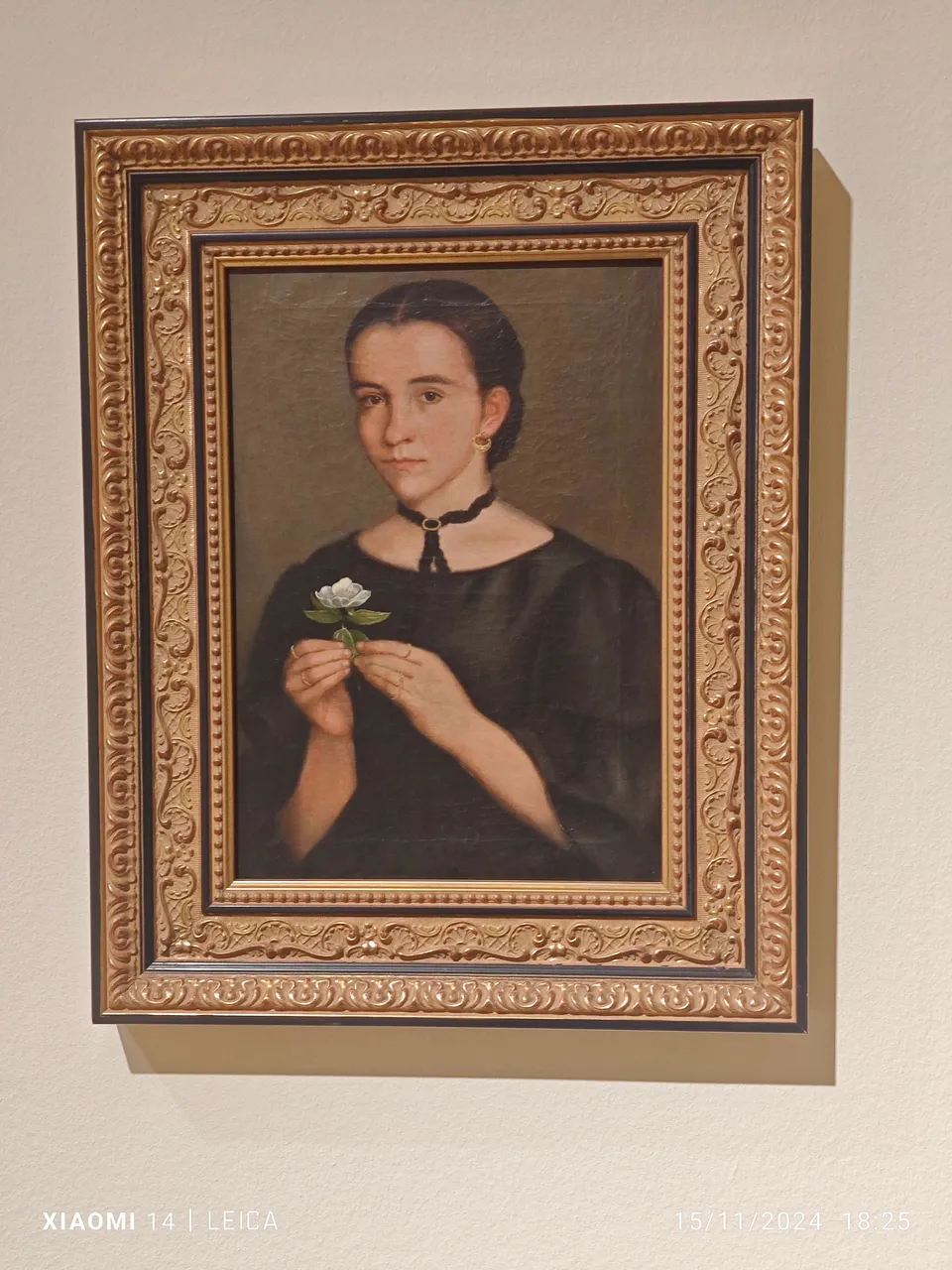
Hermenegildo Bustos. Retrato deDolores Hoyos. 1864
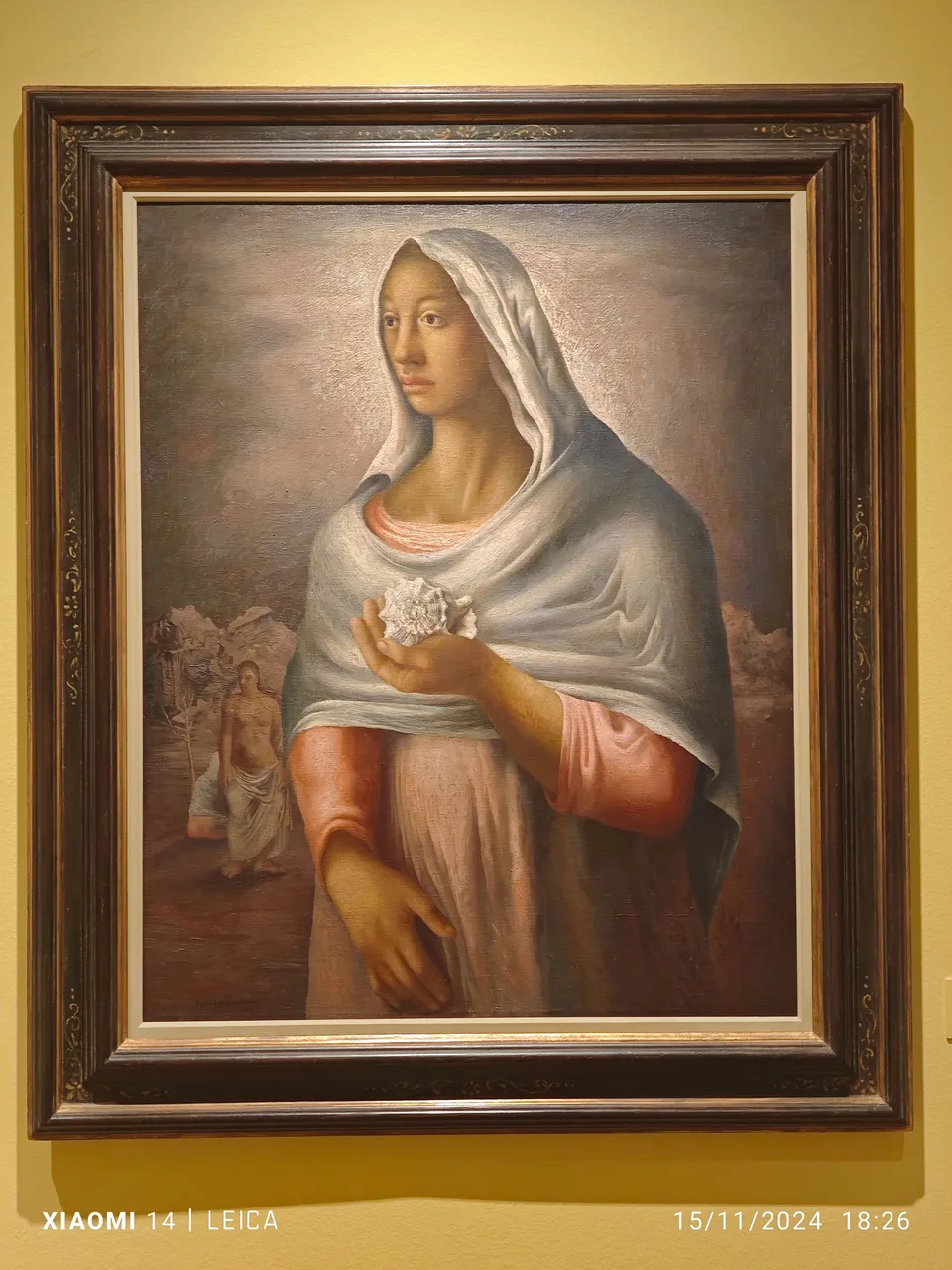
Jesús Guerrero Galván. Mujer con Caracol. 1940
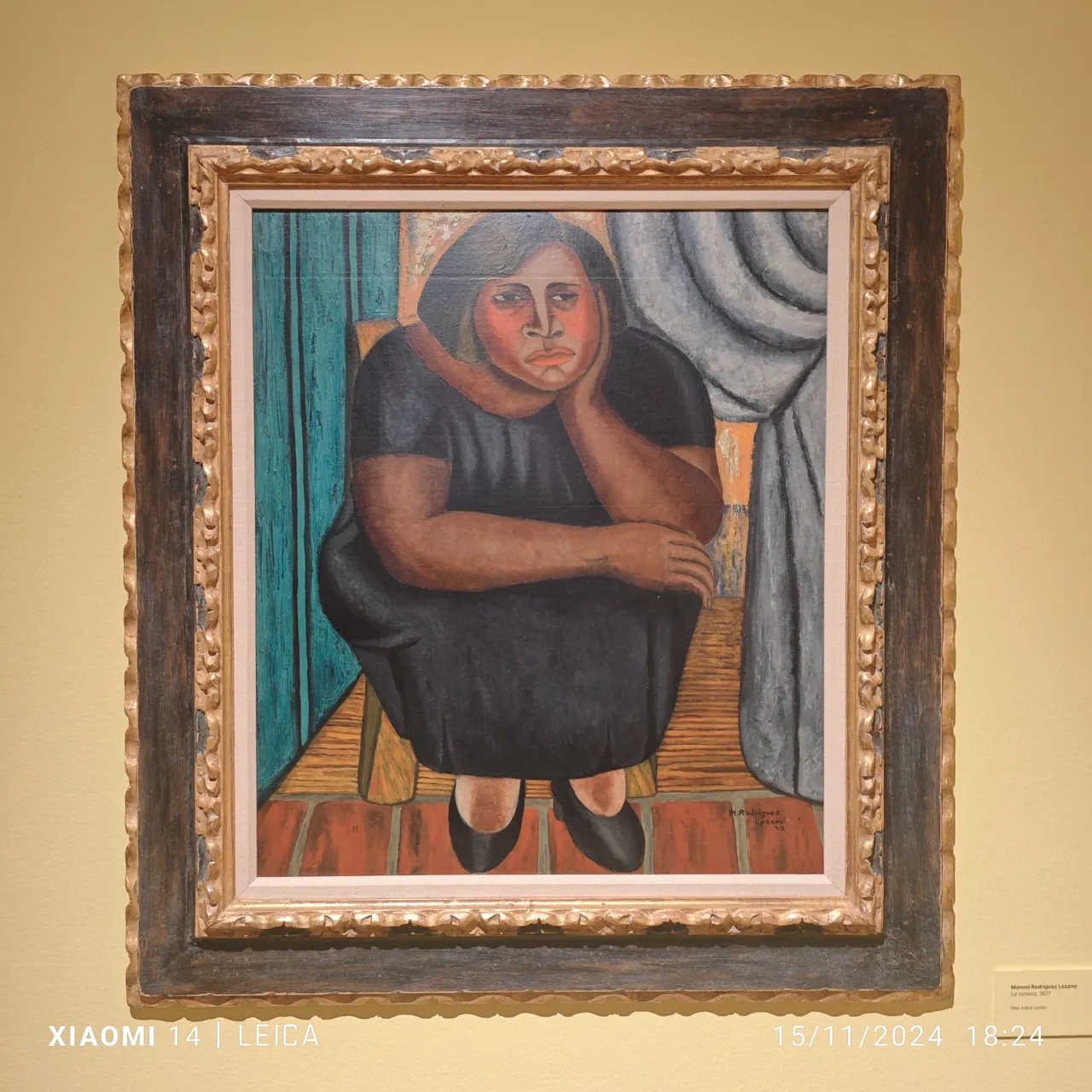
Manuel Rodriguez Lozano. La ramera. 1927
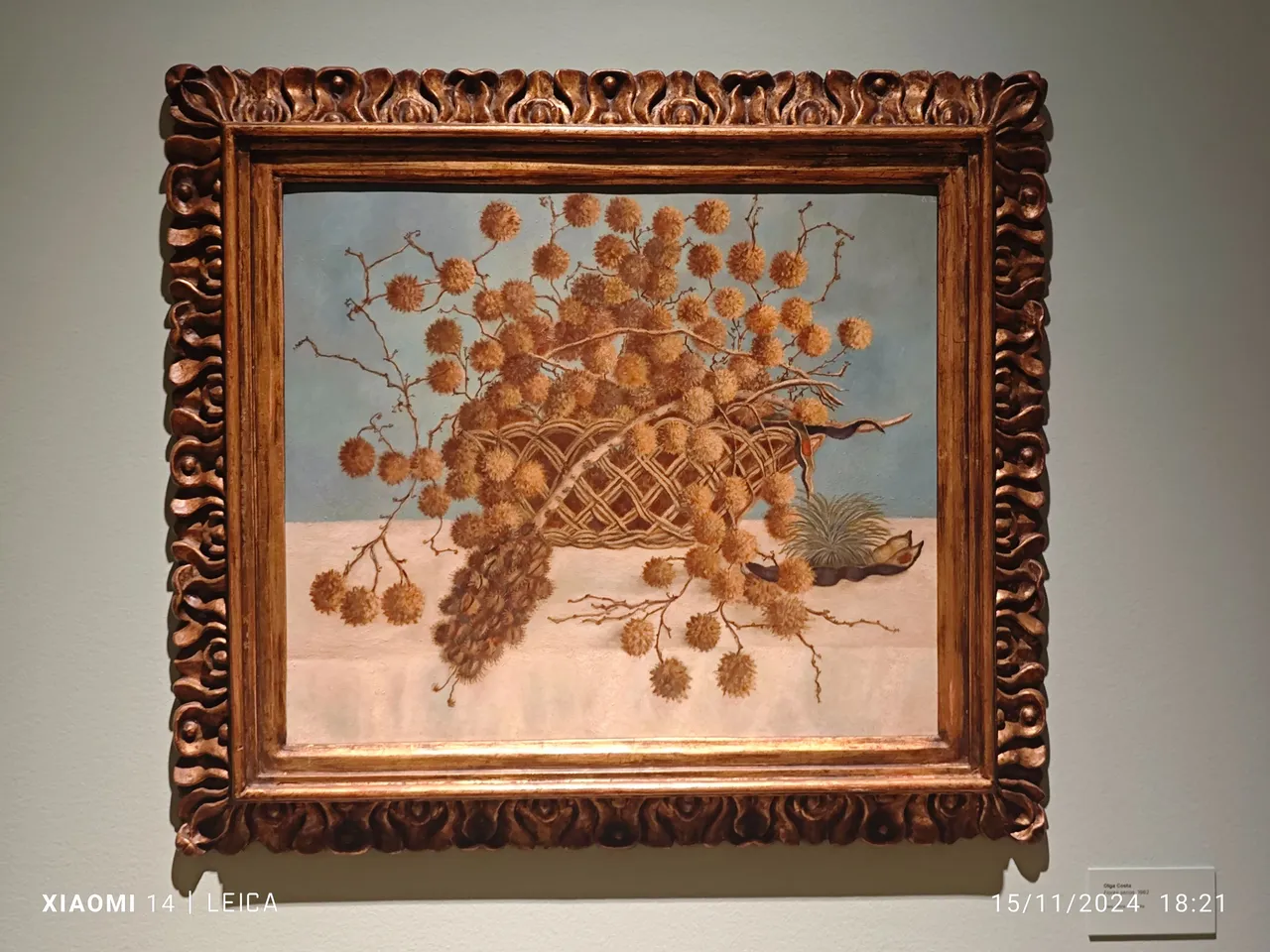
Olga Costa. Flores Secas. 1962

Cecilia Calderón. La Muñeca. 1966
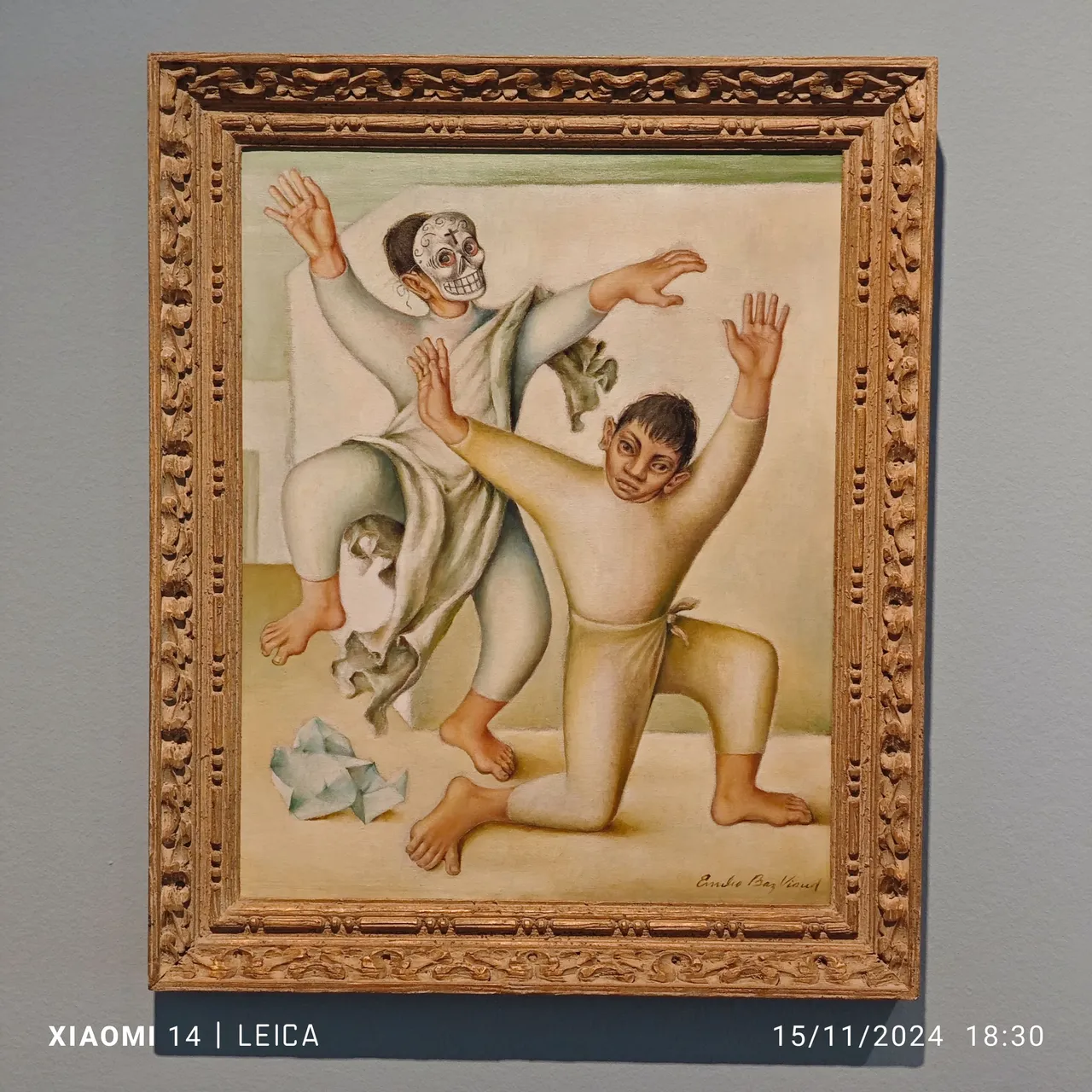
Emilio Baz Viaud. El coco. 1955
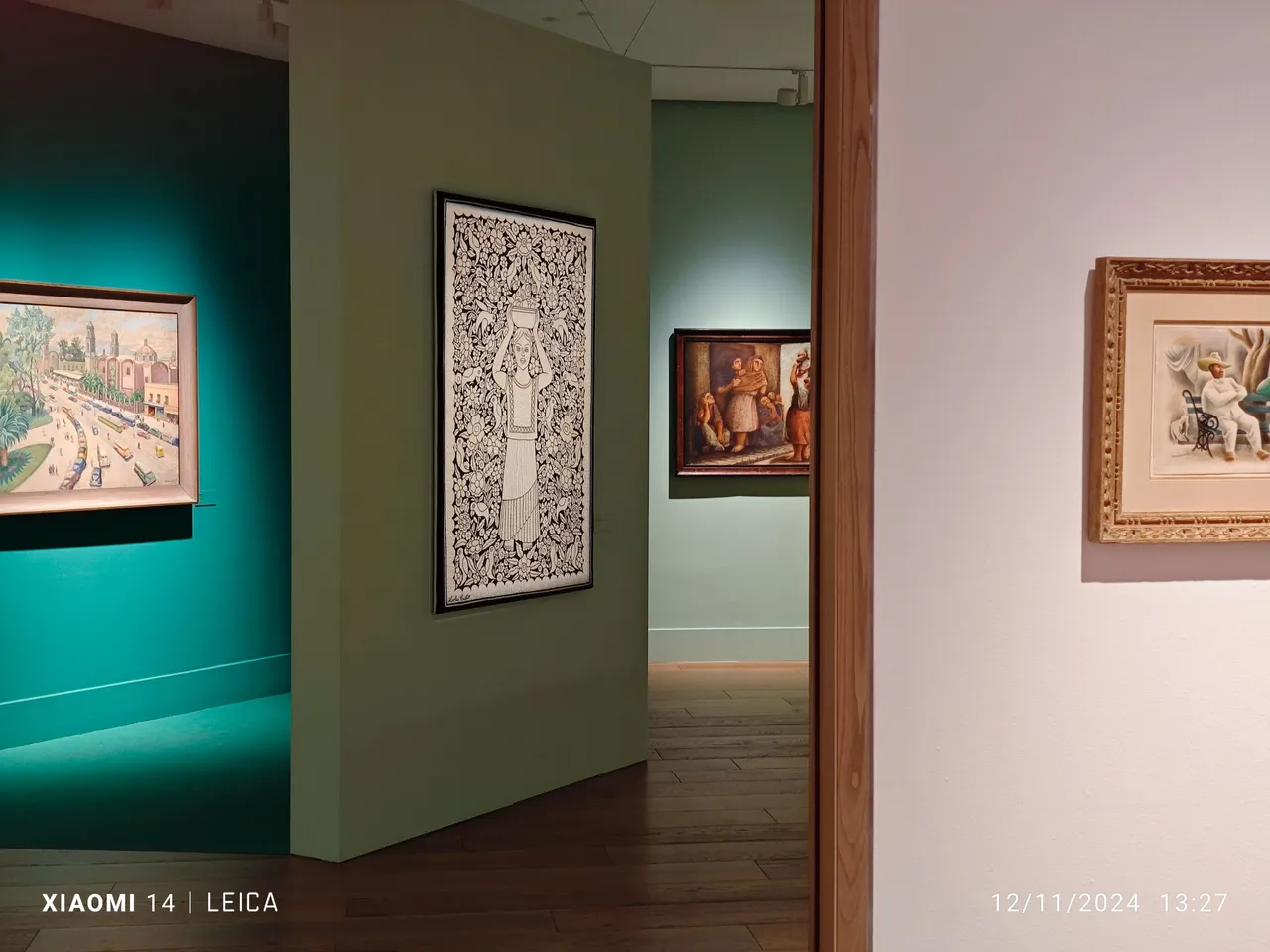
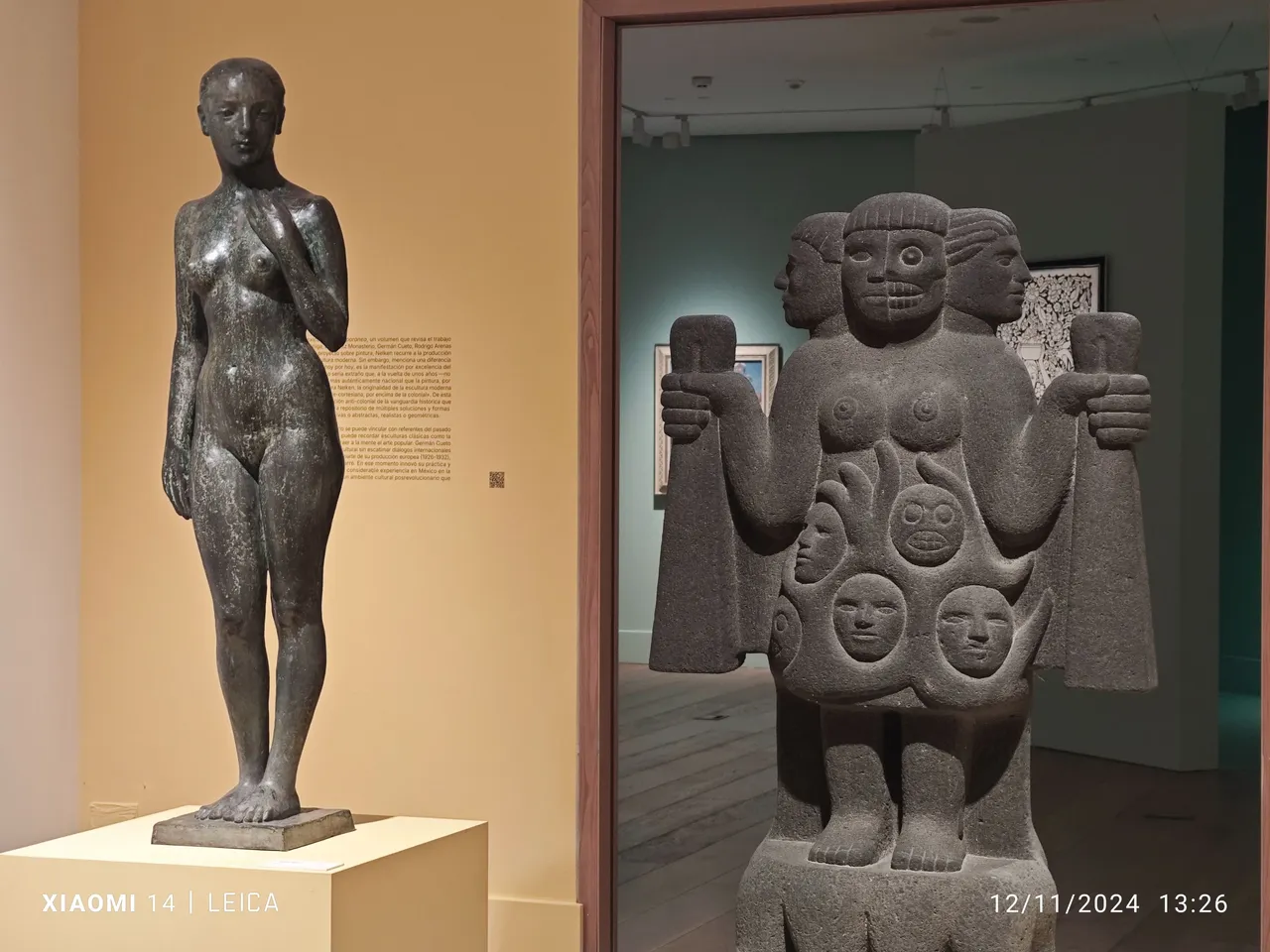
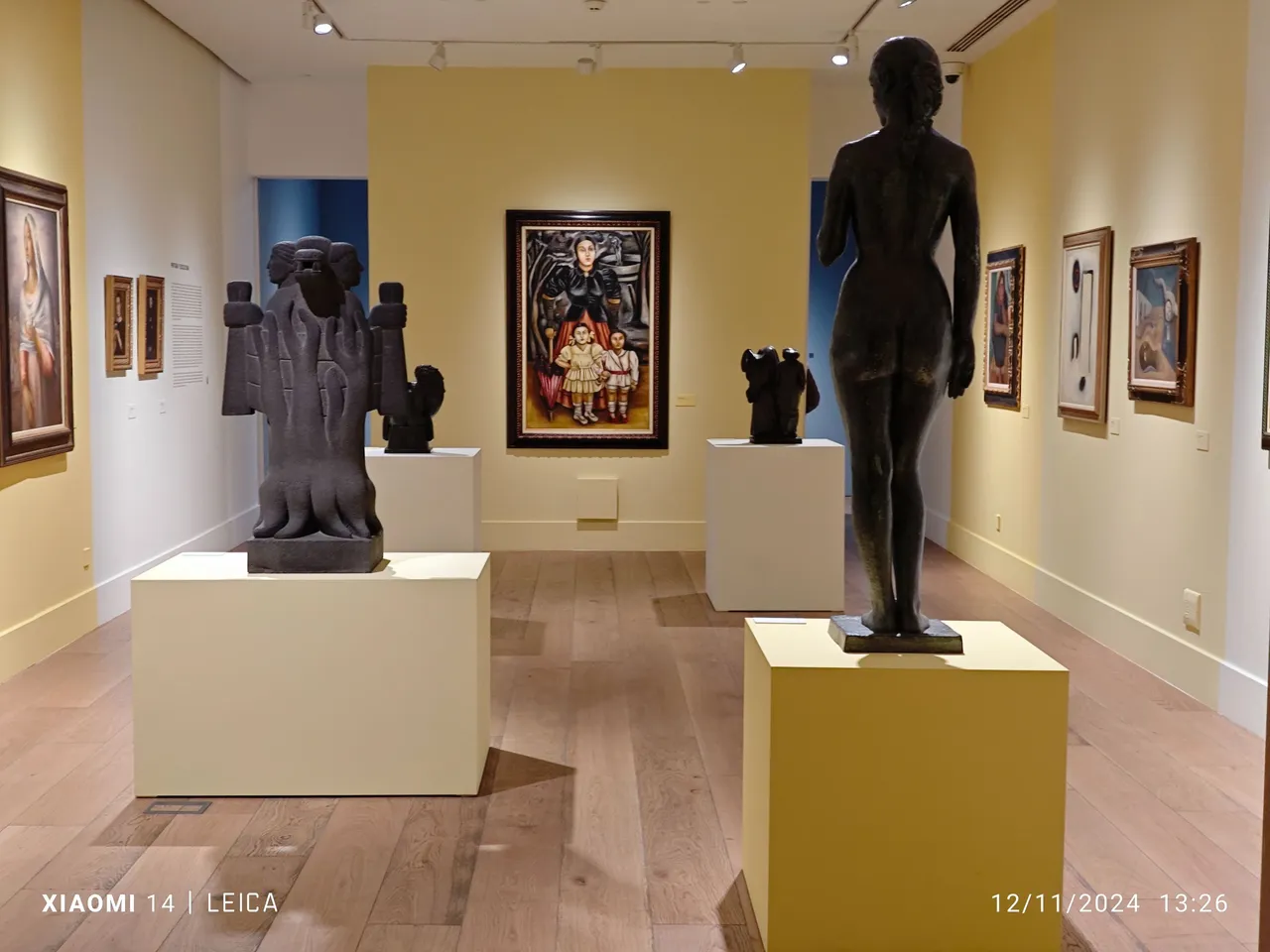
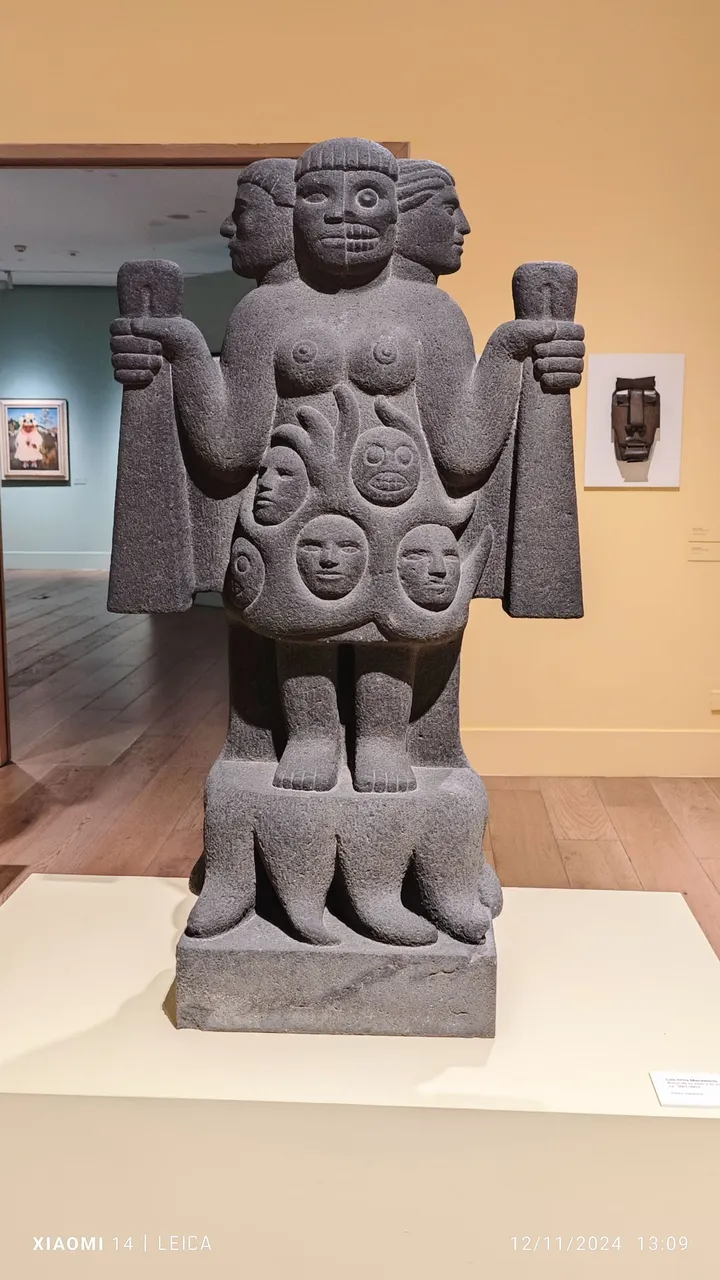 | 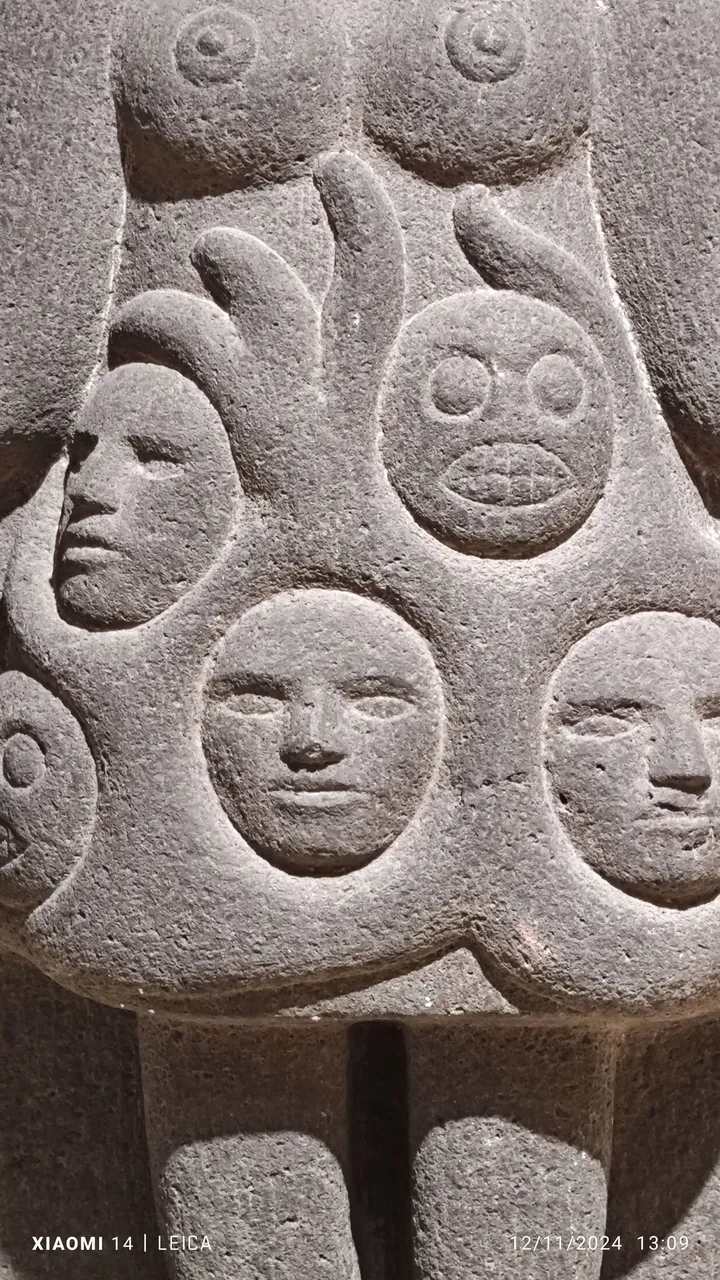 |
|---|
Luis Ortiz Monasterio. El árbol de la vida y la muerte.
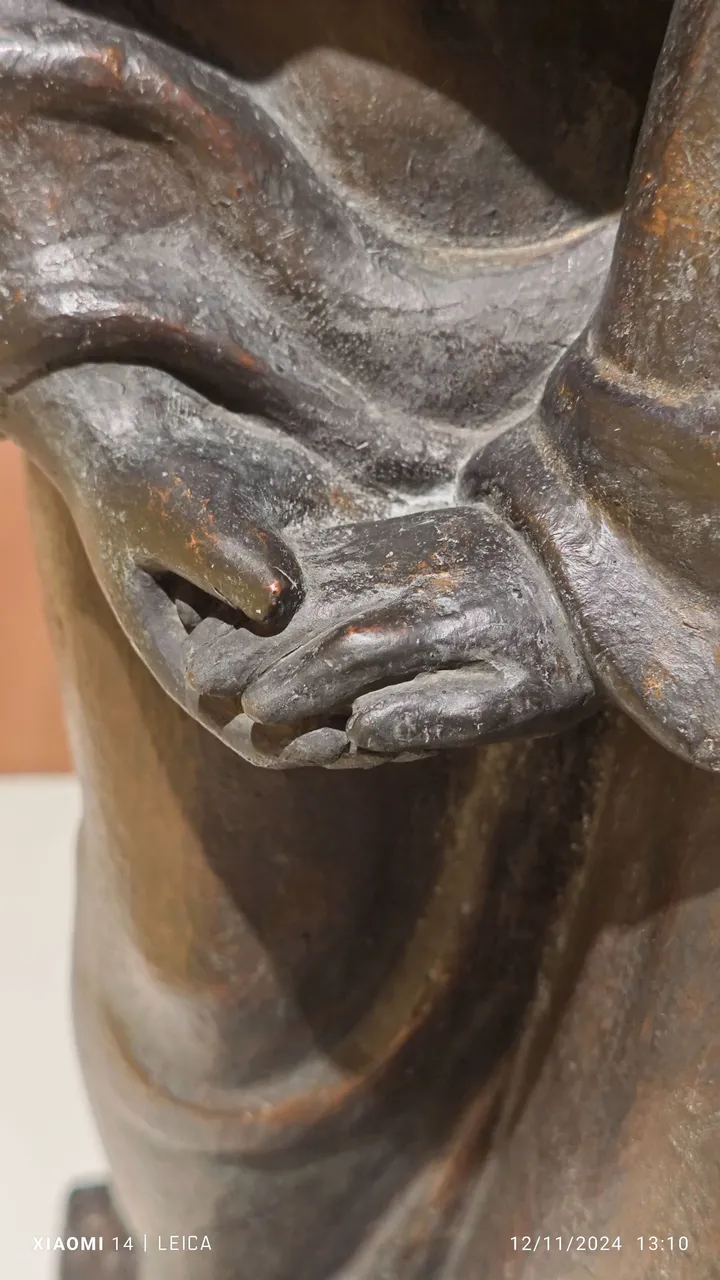 | 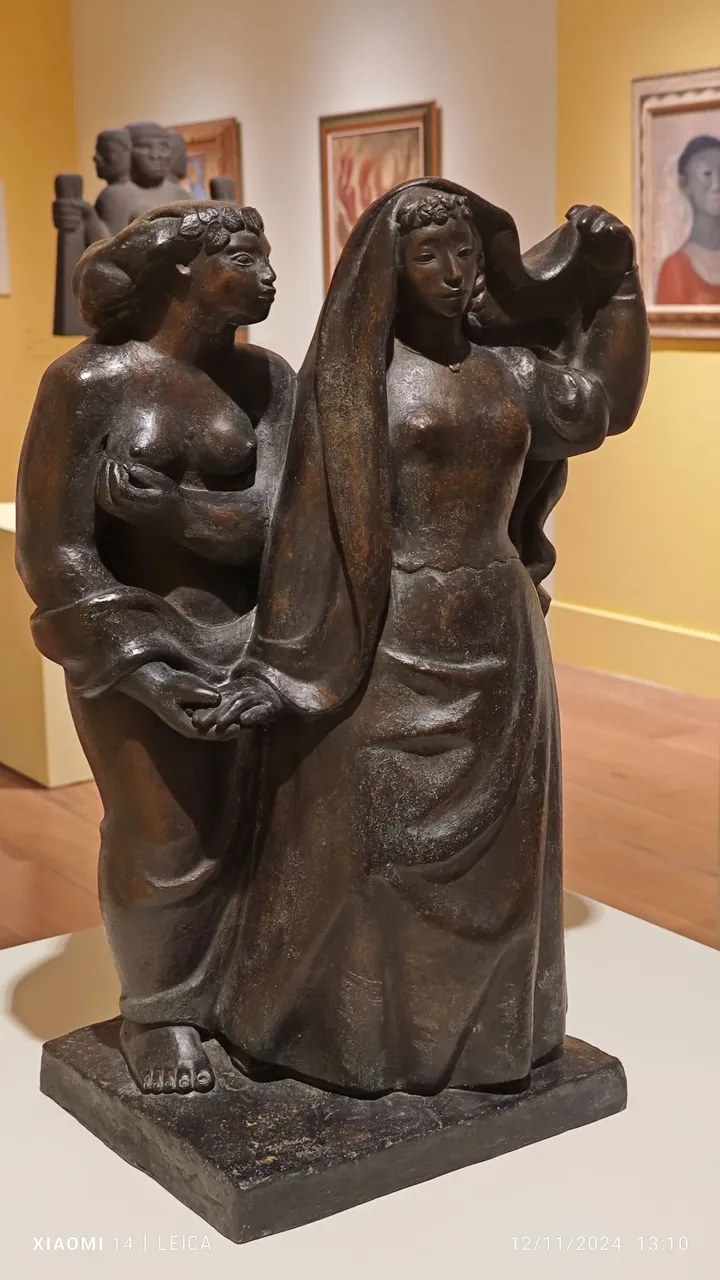 |
|---|
Luis Ortiz Monasterio. La victoria
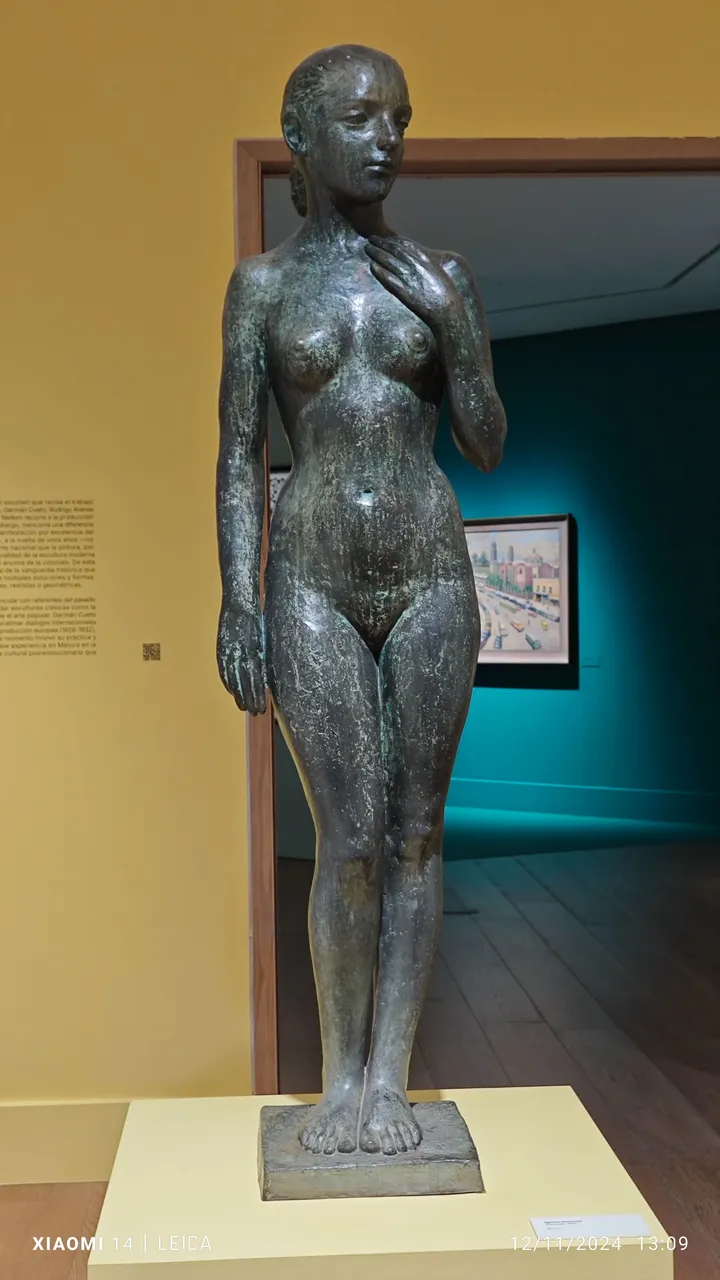 | 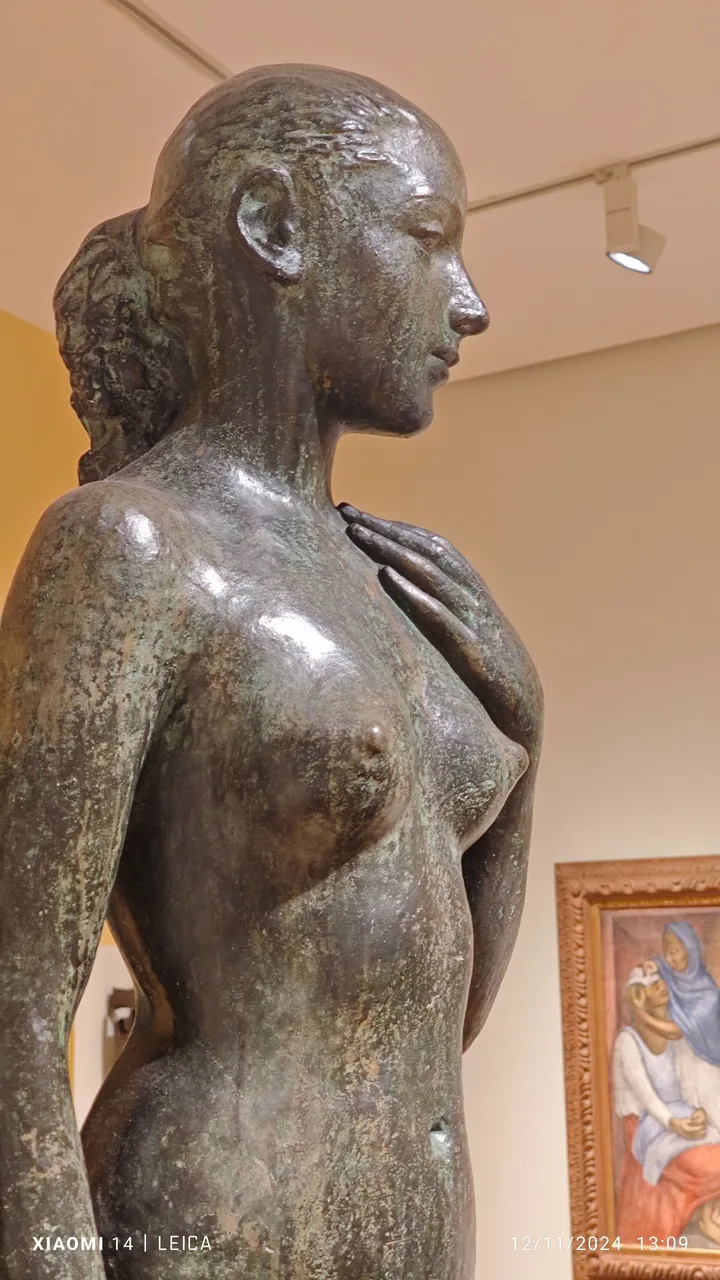 |
|---|
Ignacio Asúnsolo. Desnudo. 1919
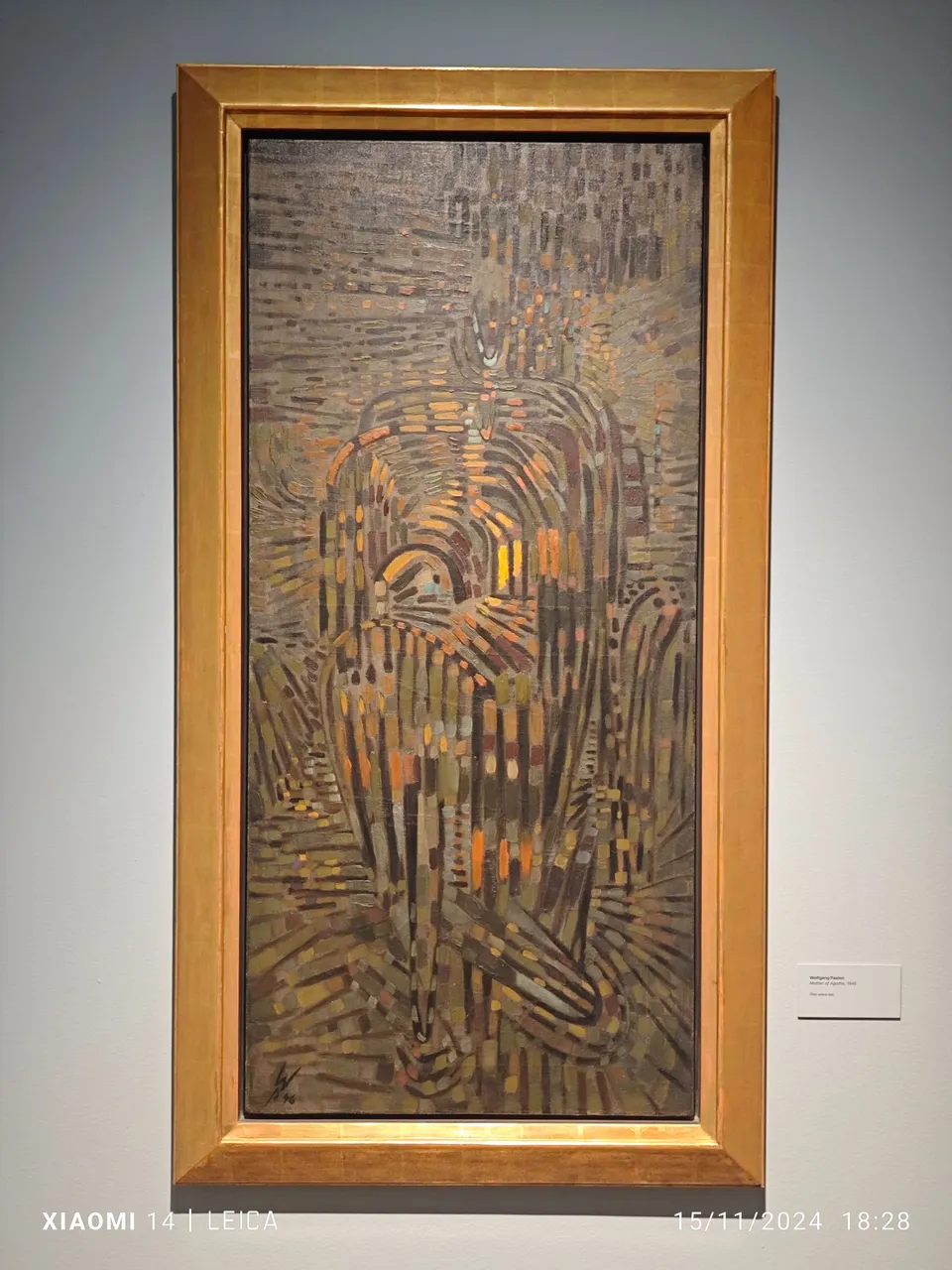
Wolfgang Paalen. Mother of Agathe. 1946
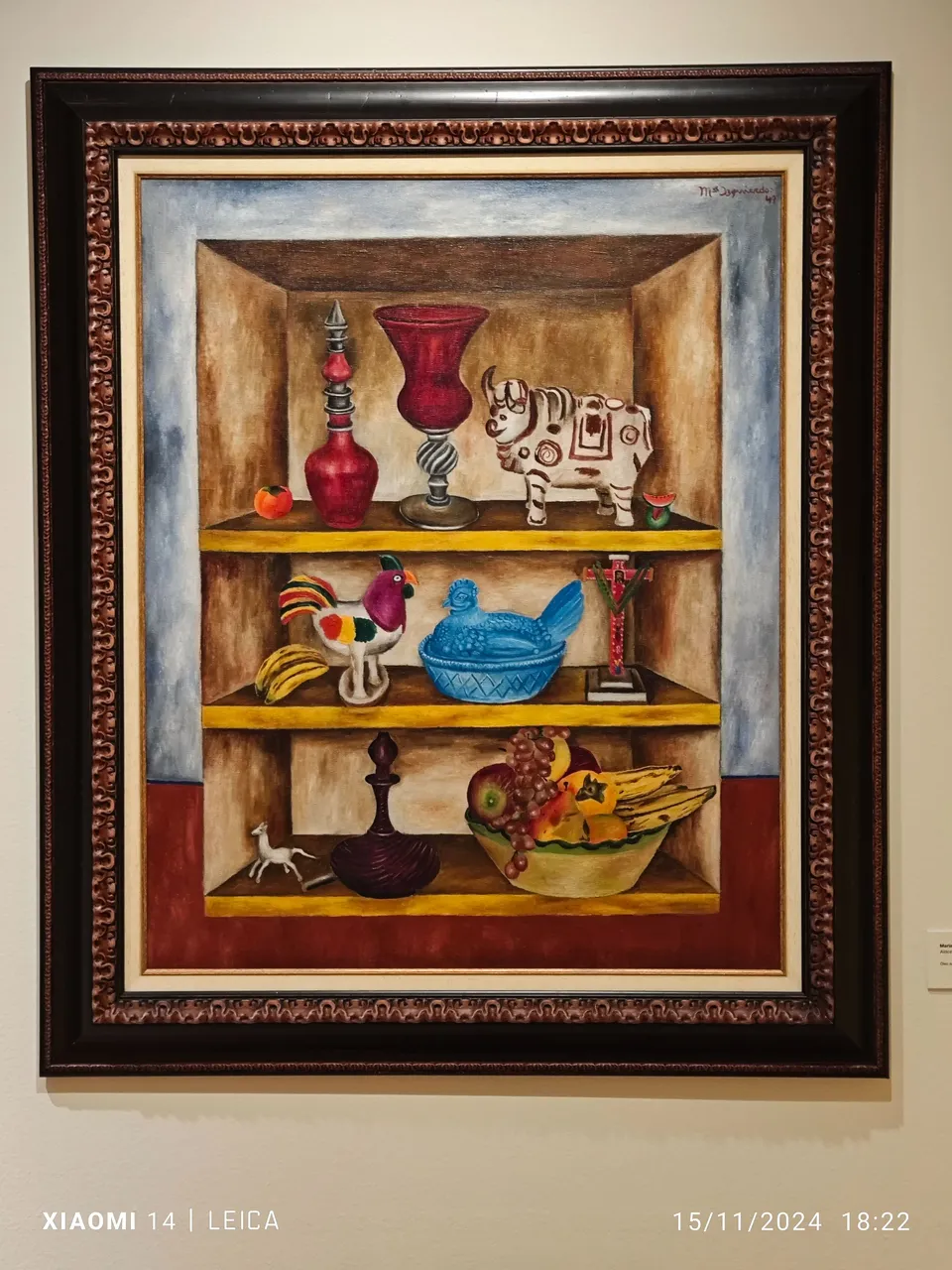
María Izquierdo. Alacena. 1947
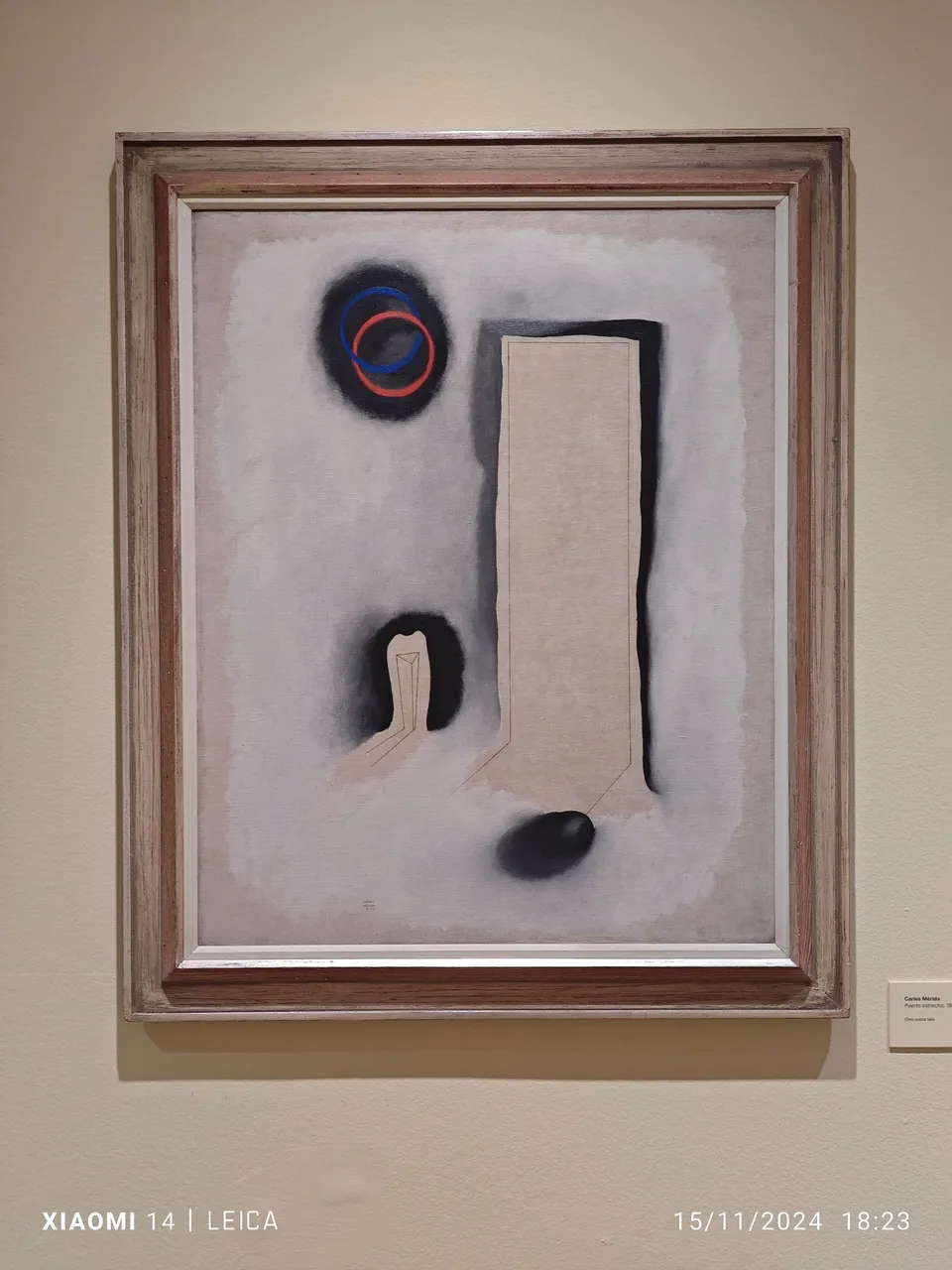
Carlos Mérida. Puerta estrecha. 1936
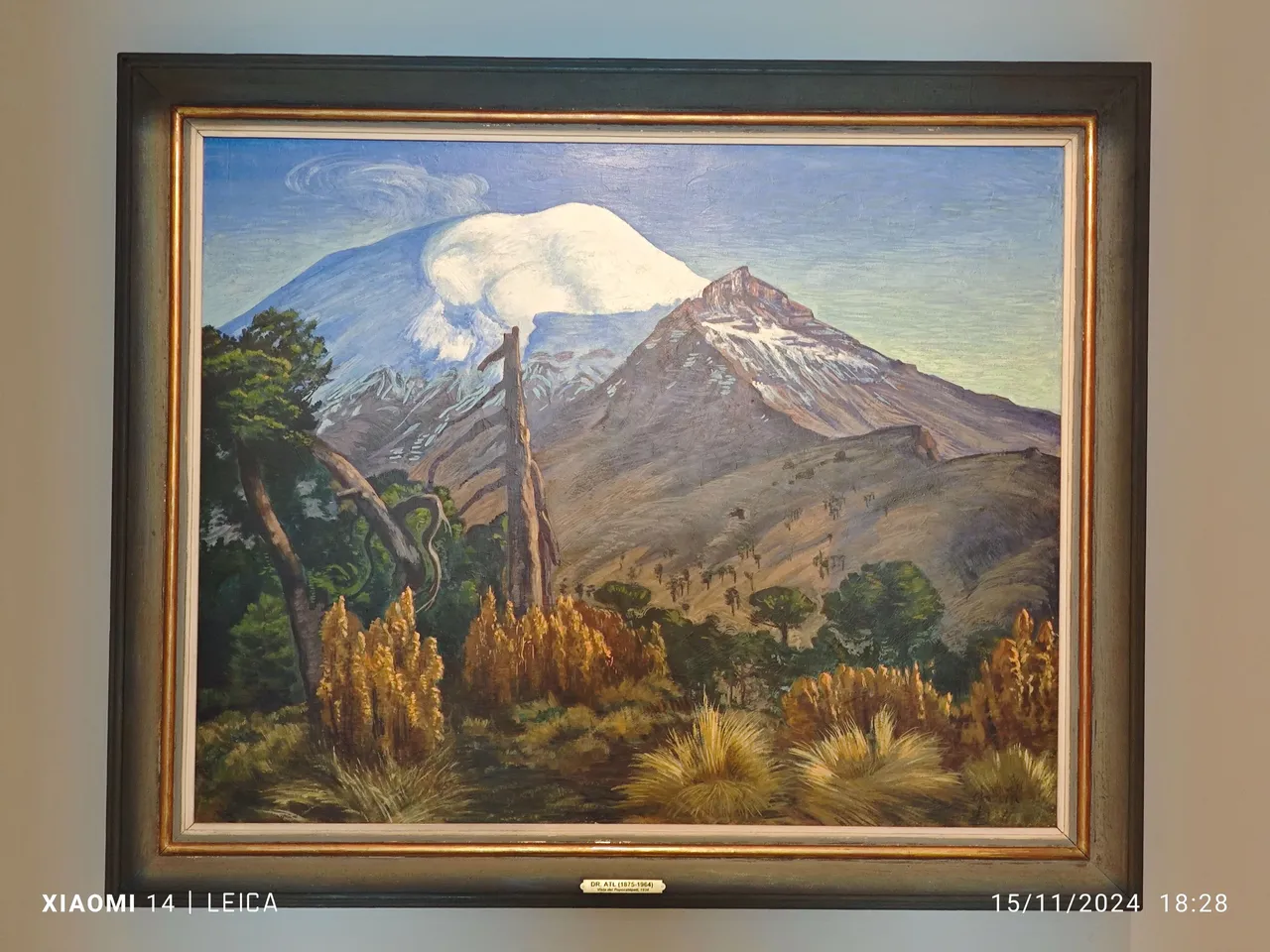
Gerardo Murillo, Dr. Atl. Vista de Popocatépetl. 1934
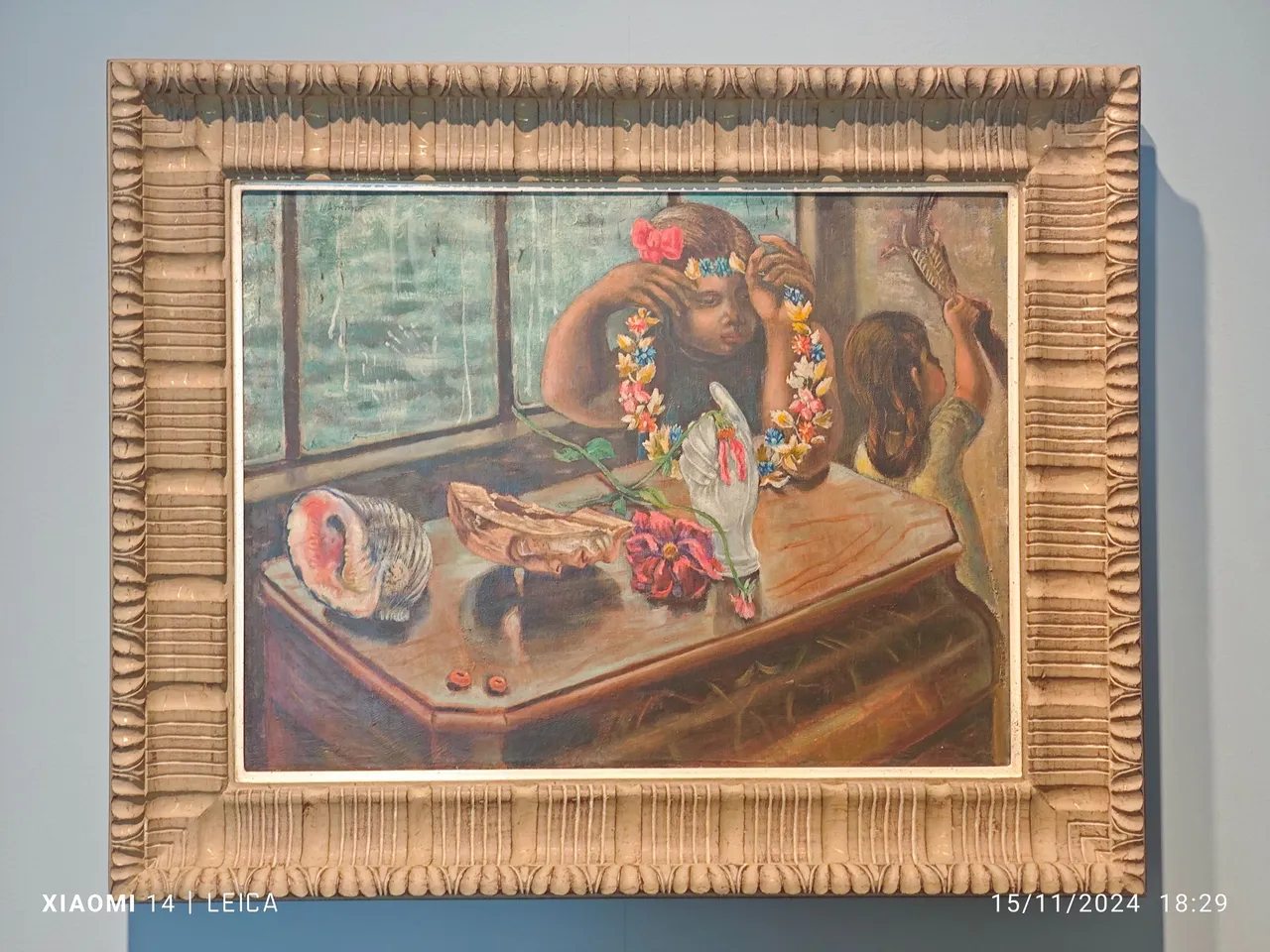
Juan Soriano. Niñas jugando. 1944
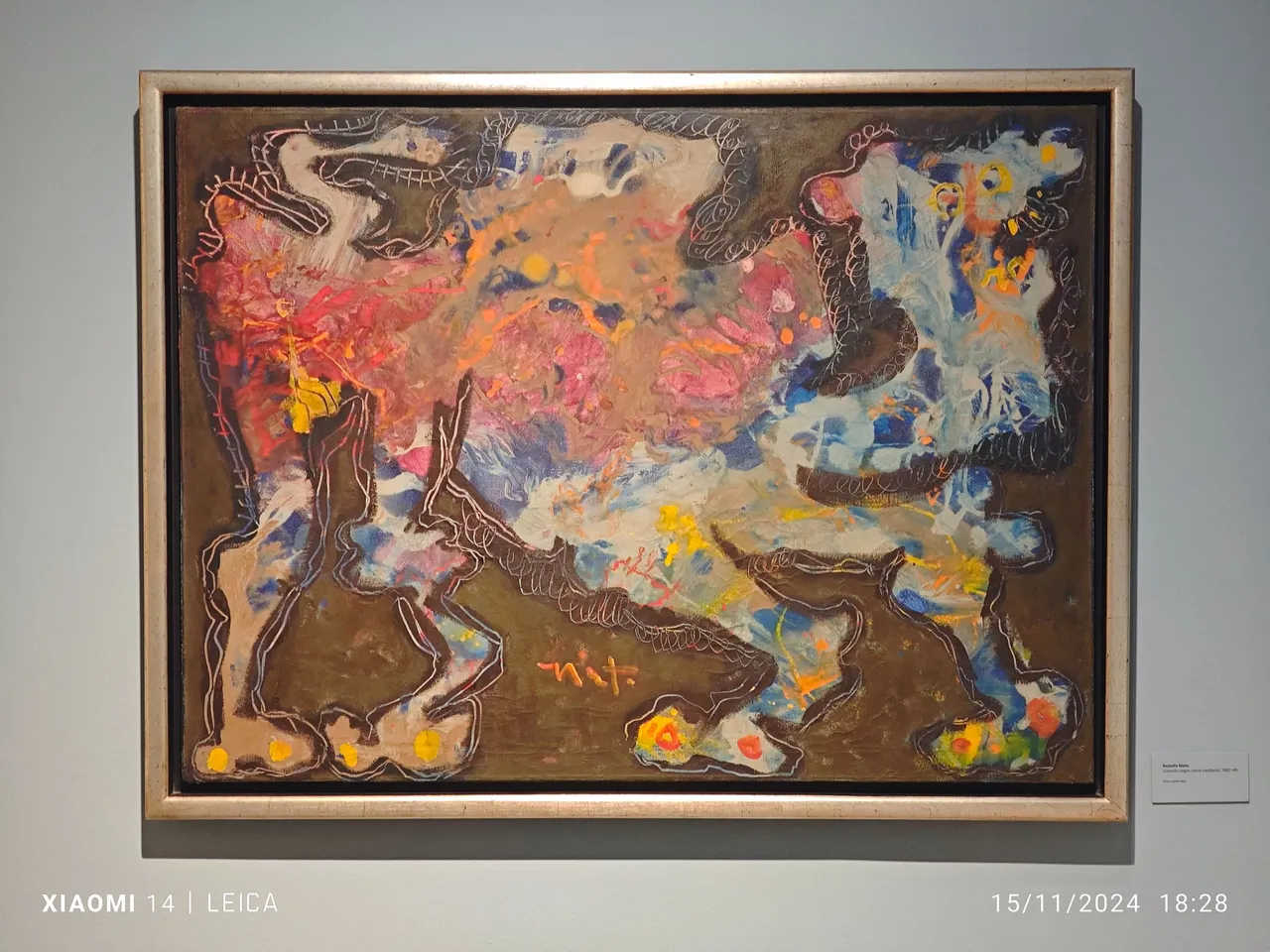
Rodolfo Nieto. Camello negro (serie bestiario). 1967-68
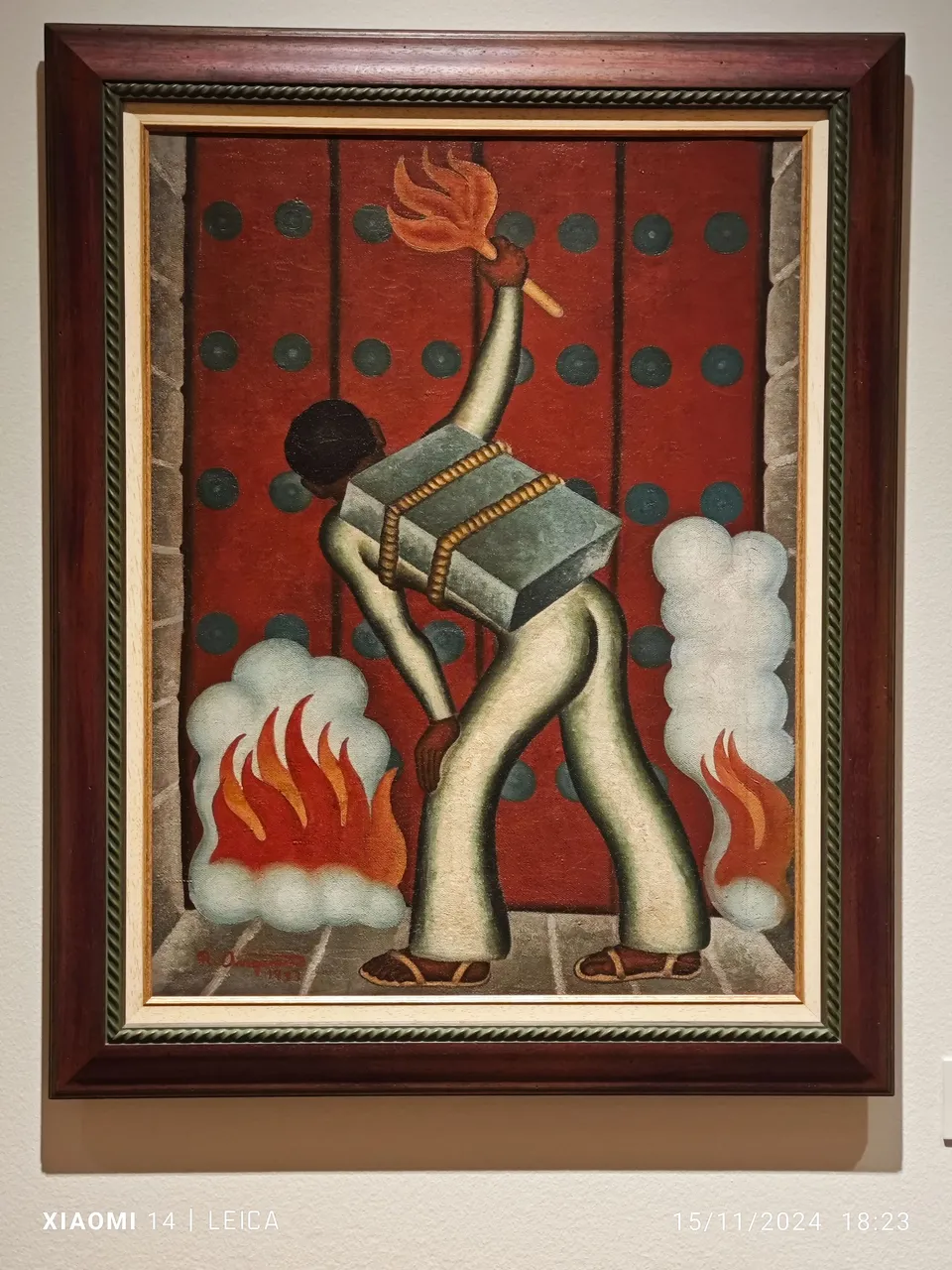
Raúl Anguiano. El Pípila, 1933
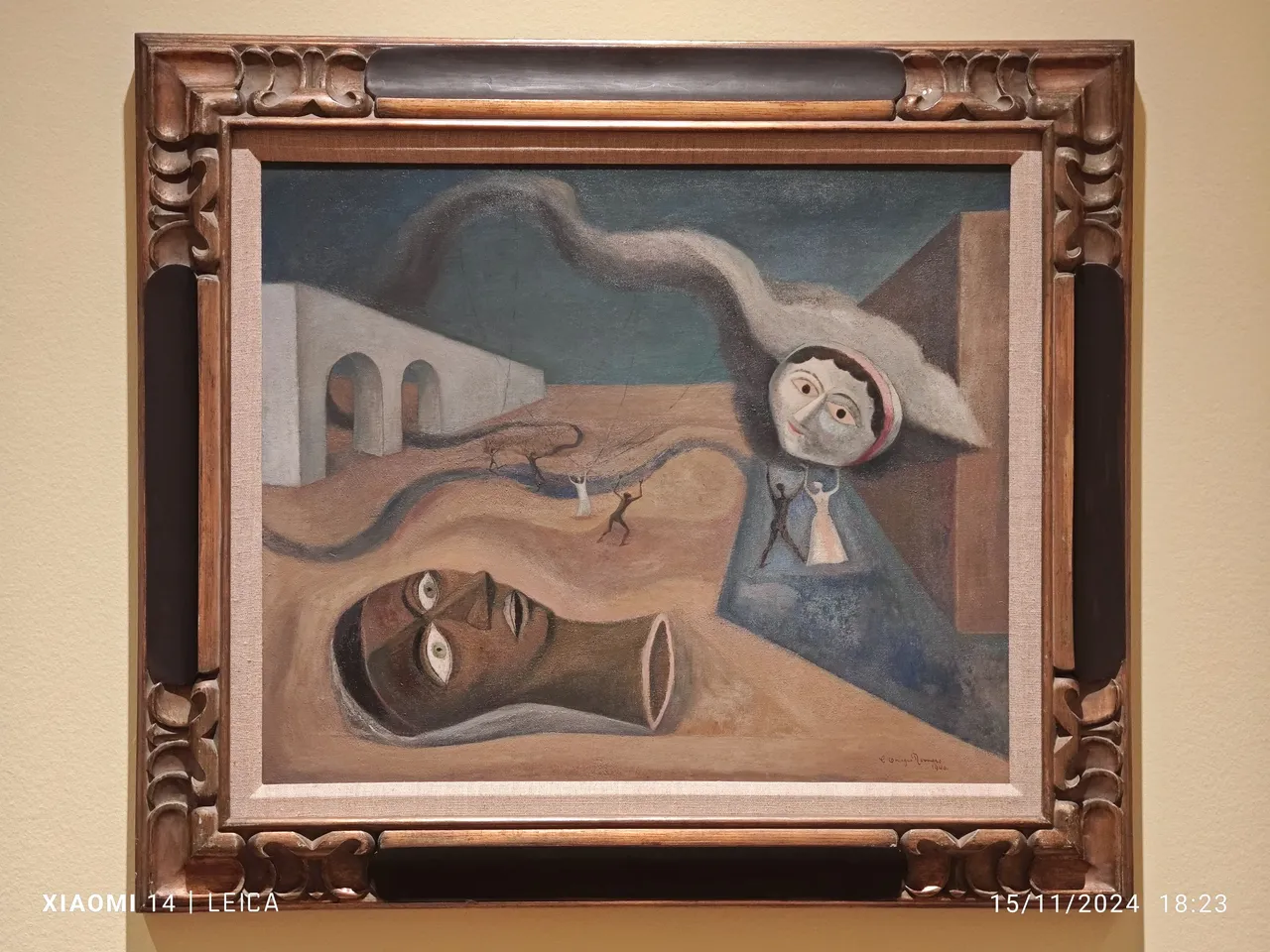
Carlos Orozco Romero. El sueño. 1940
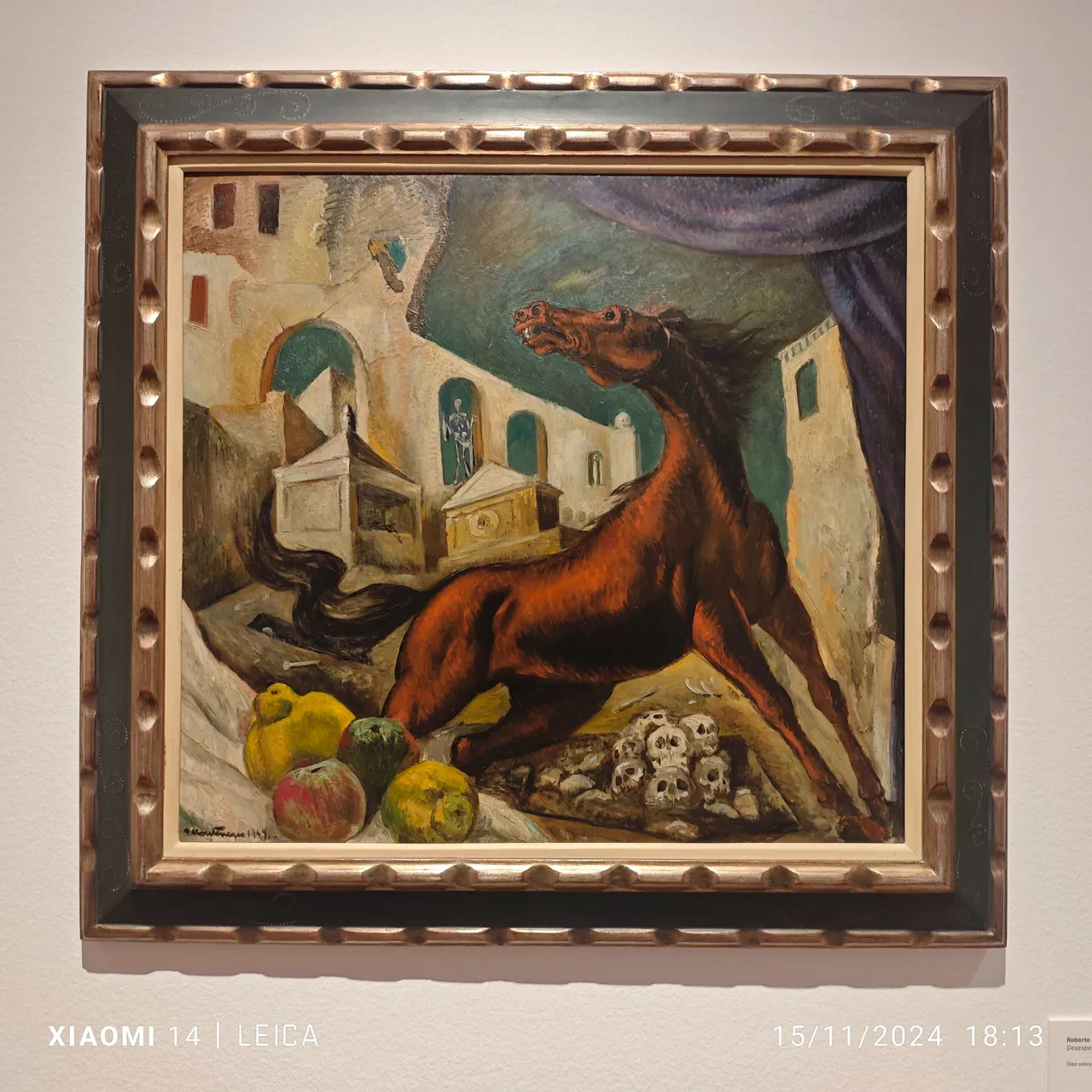
Roberto Montenegro. Desesperación. 1949
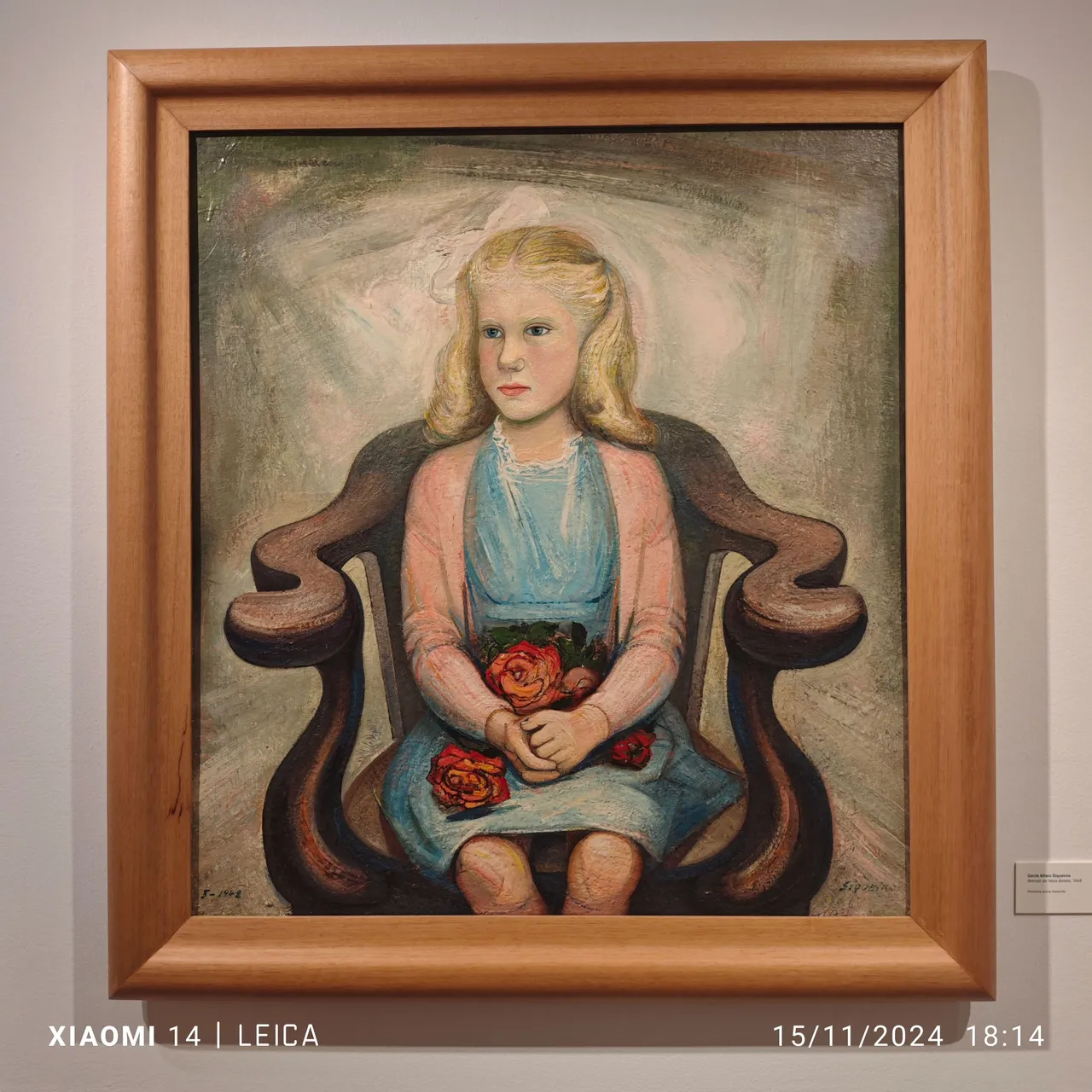
David Alfaro Siqueiros. Retrato de Nora Beteta. 1948

Jean Charlot. El primer diente. 1936
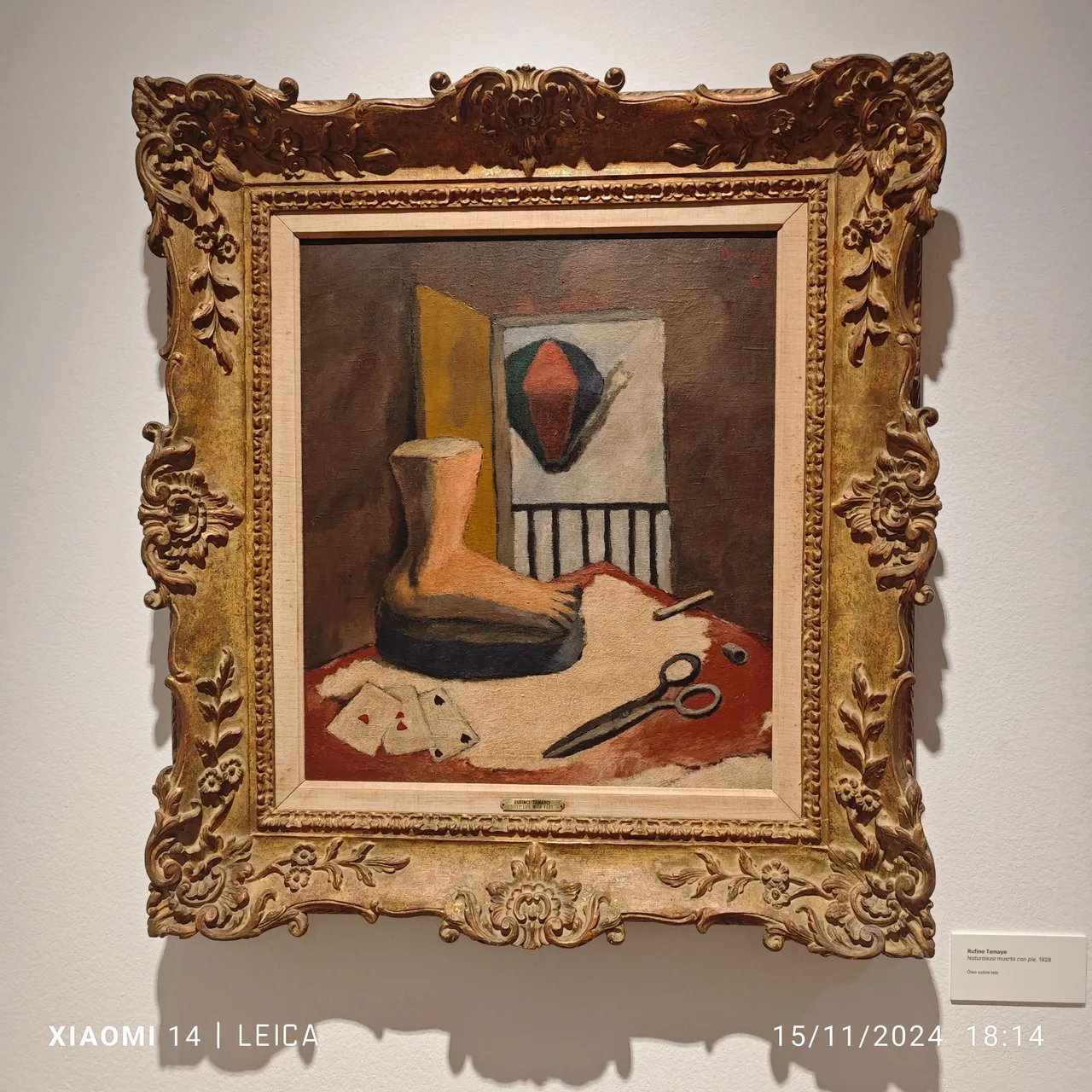
Rufino Tamayo. Naturaleza muerta con pie. 1928
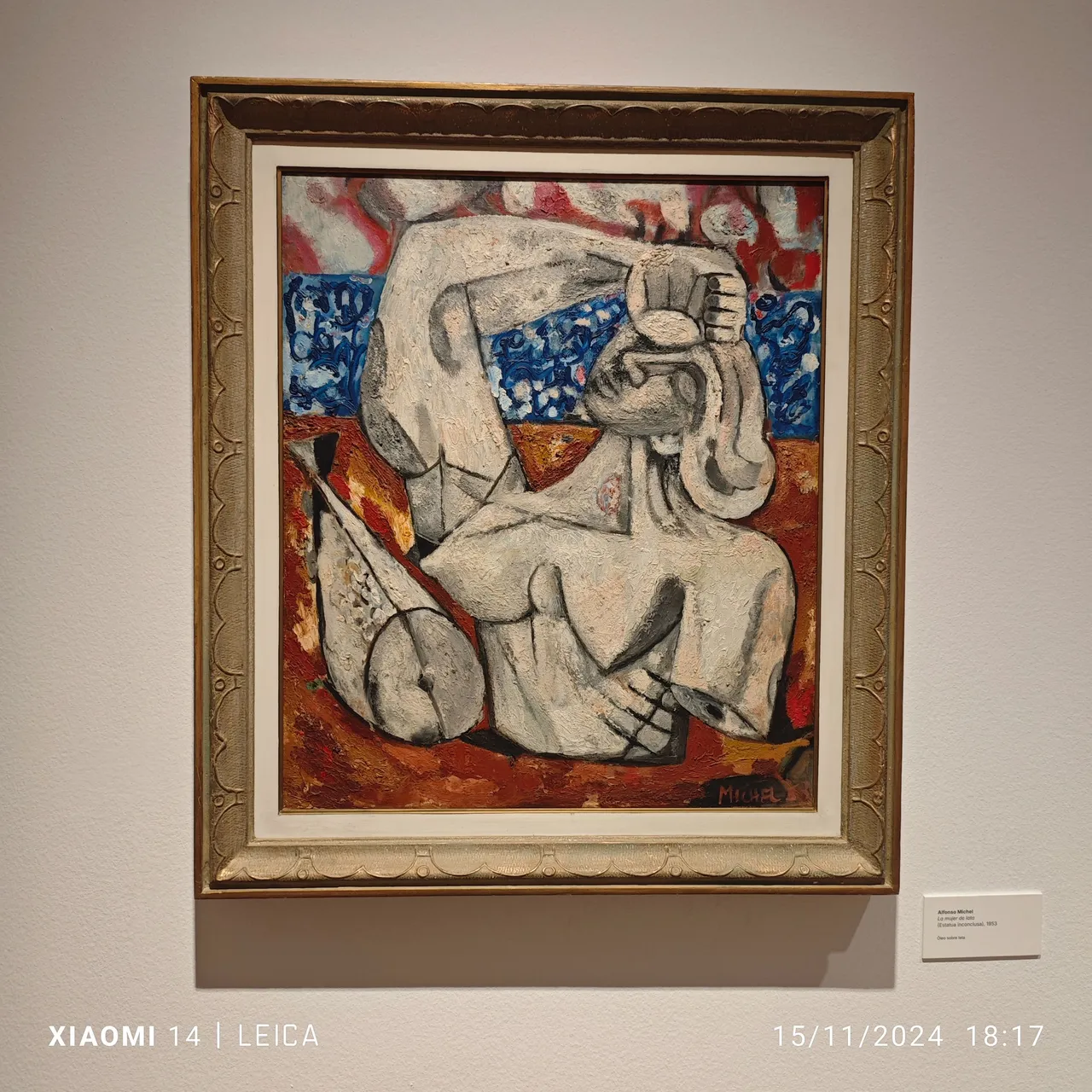
Alfonso Michel. La mujer de lata. 1953
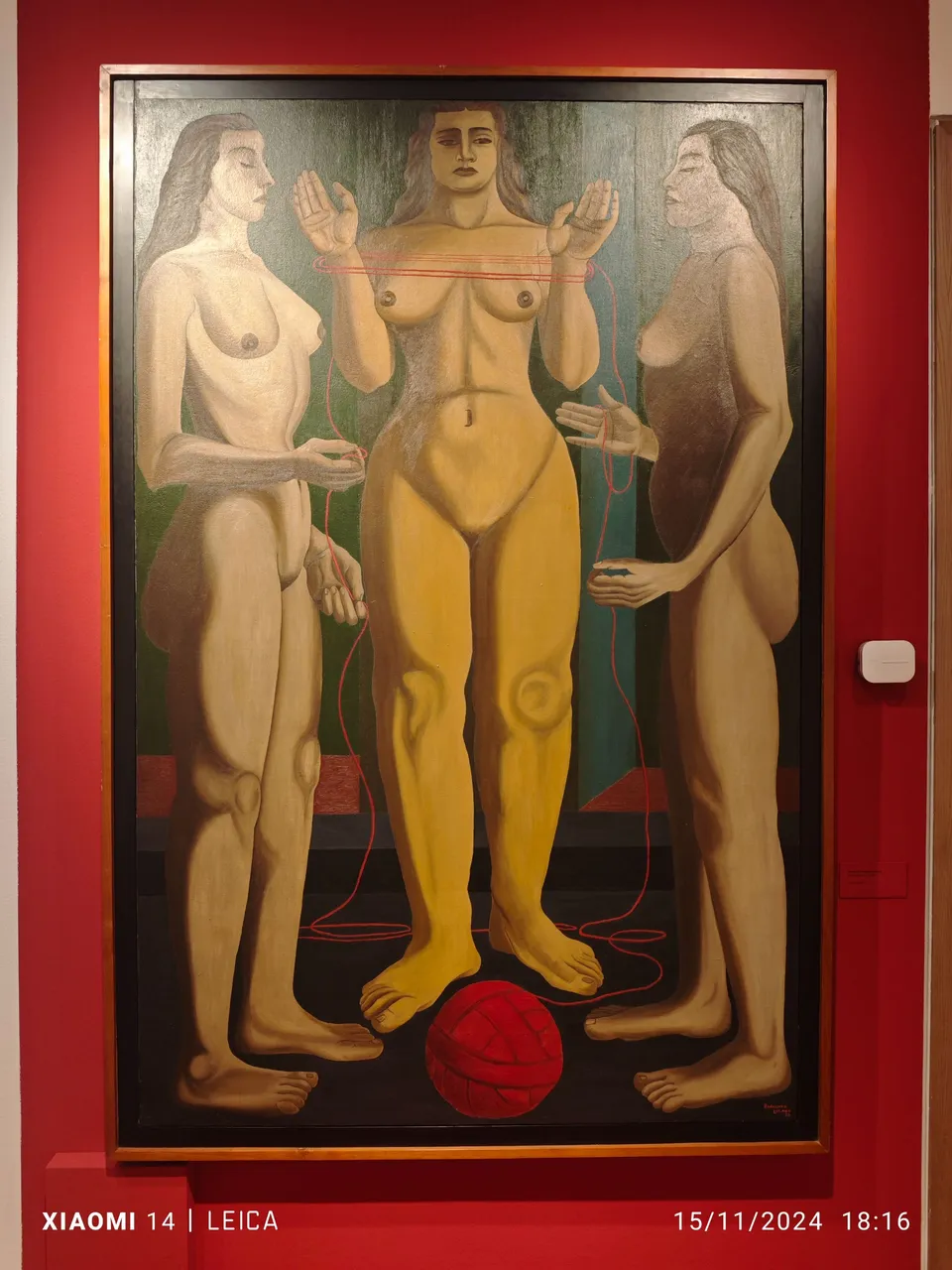
Manuel Rodriguez Lozano. Las tres parcas. 1936
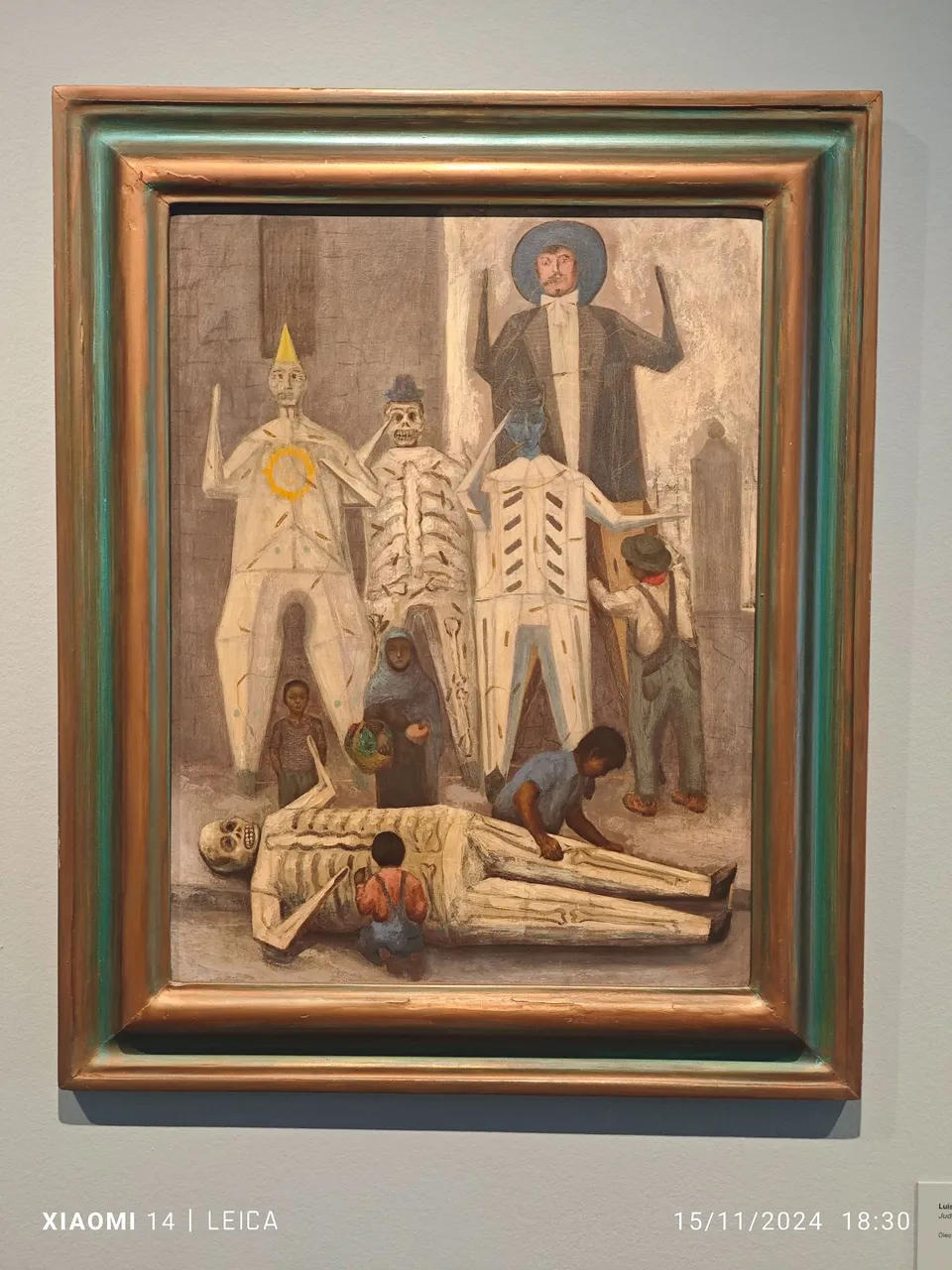
Luis Nishizawa. Juderos. 1952
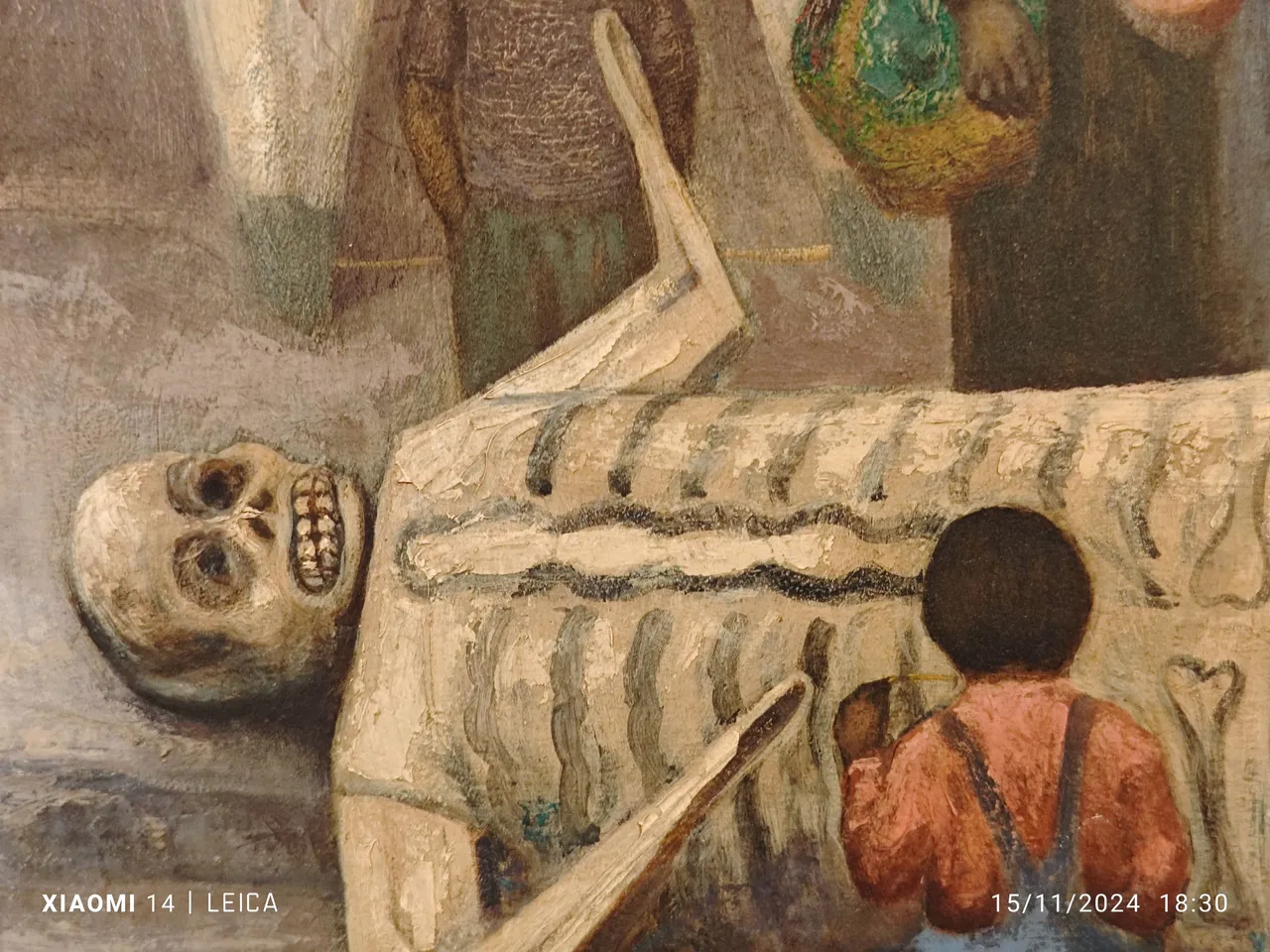
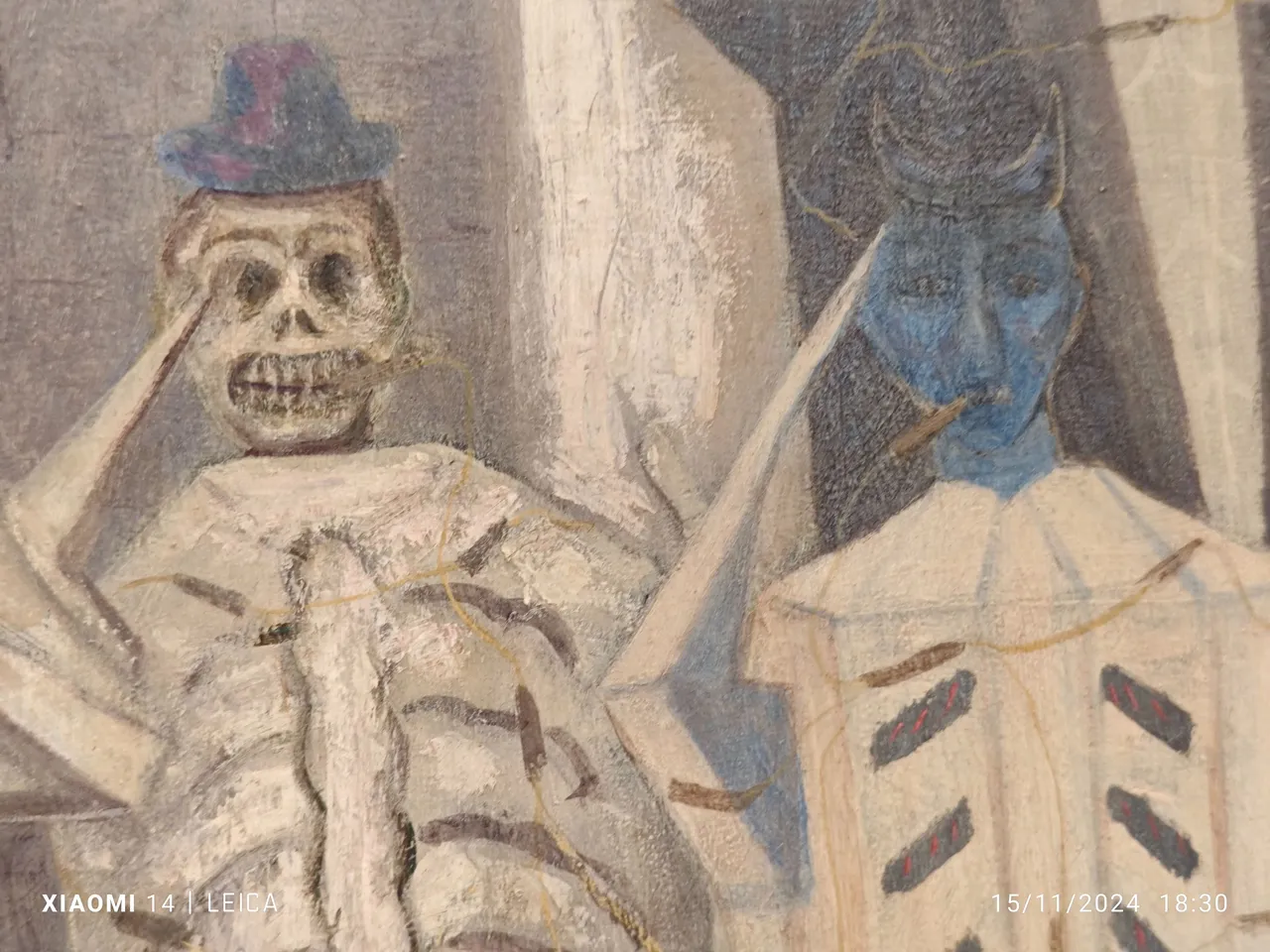 | 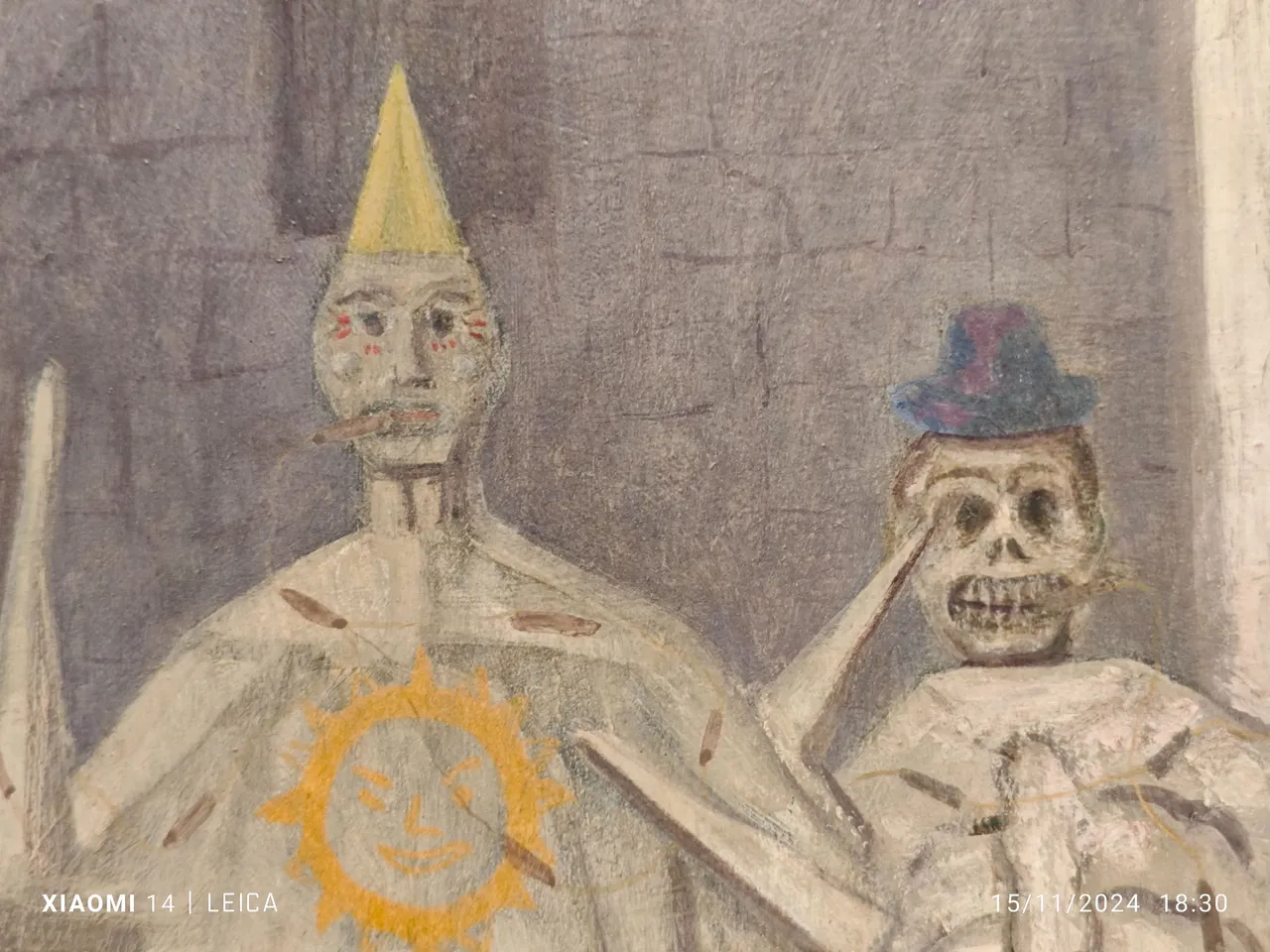 |
|---|
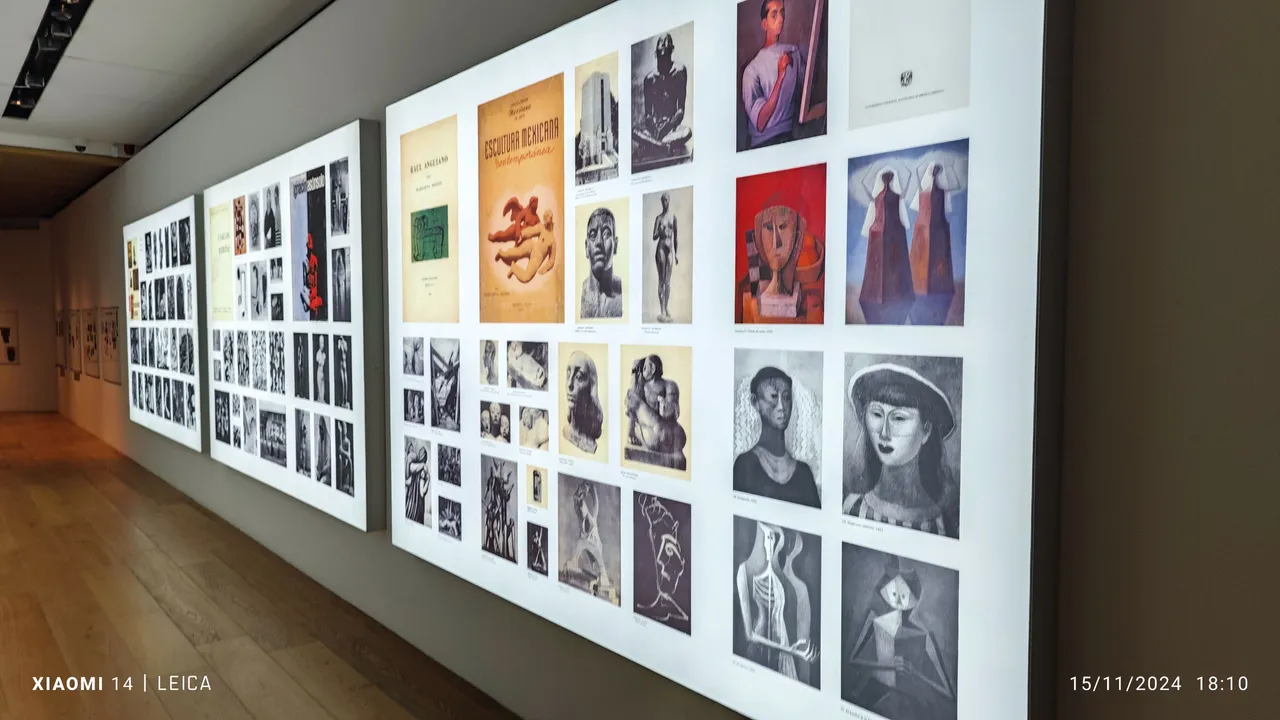
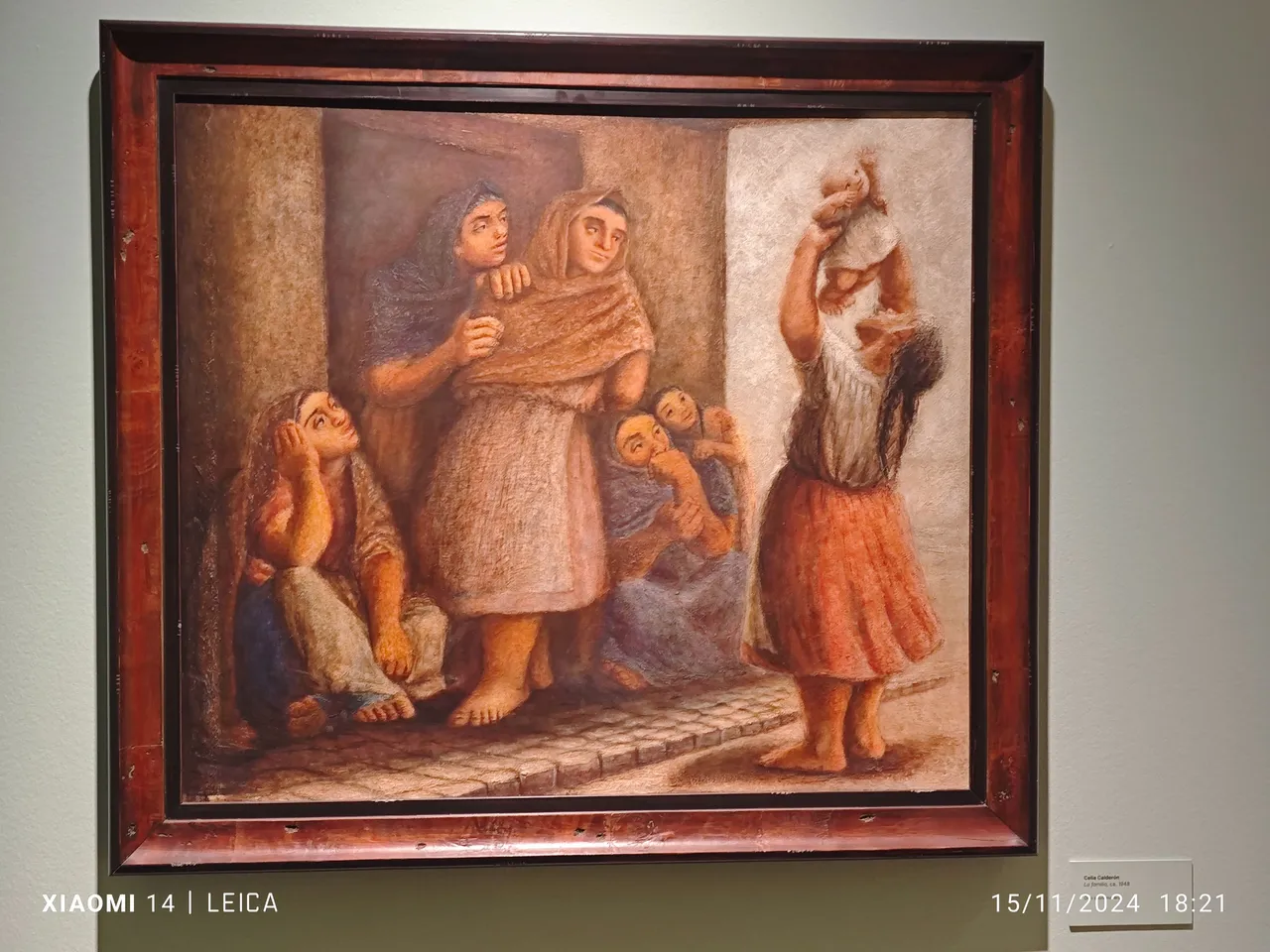
Cecilia Calderón. La familia. 1948
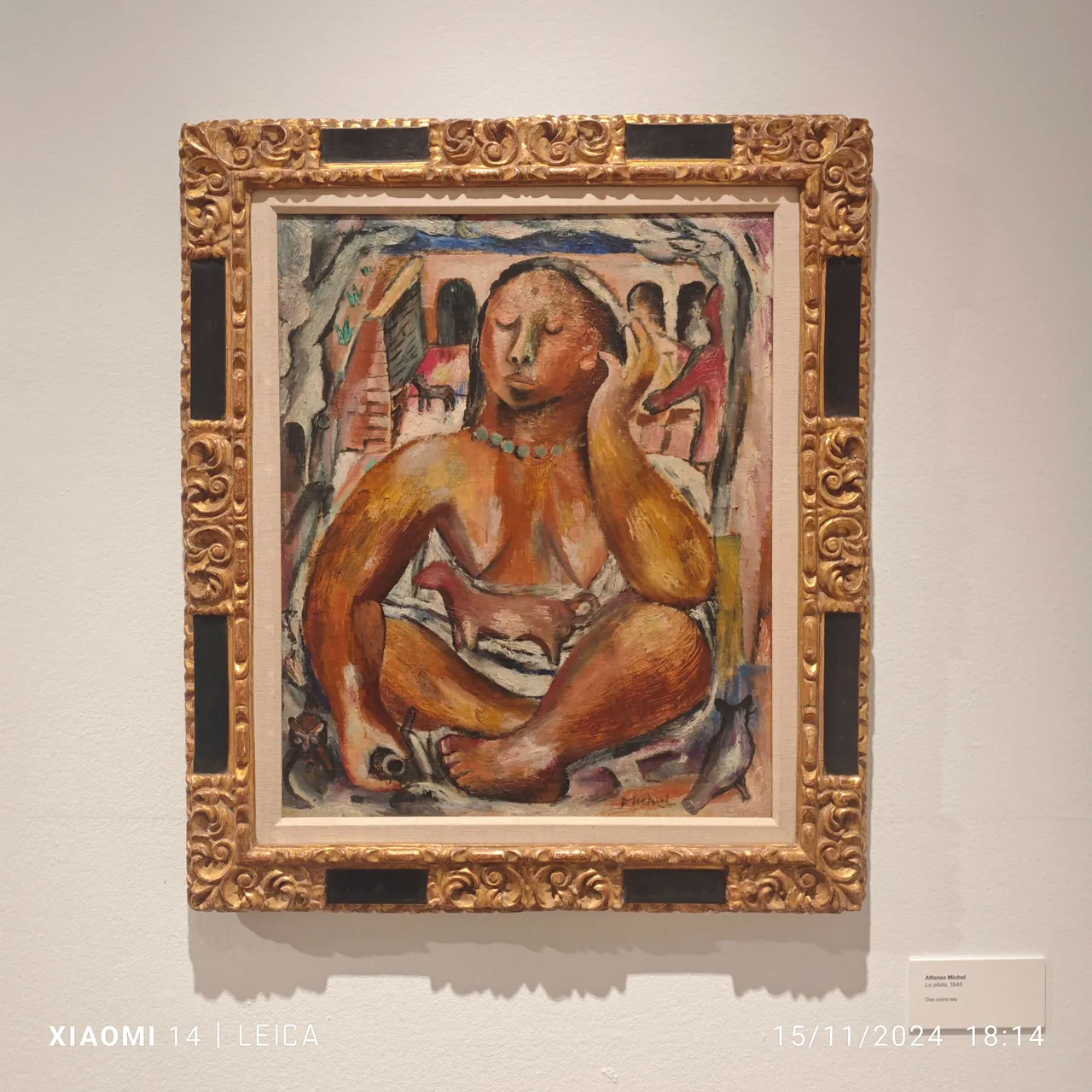
Alfonso Michel. La sibila. 1945
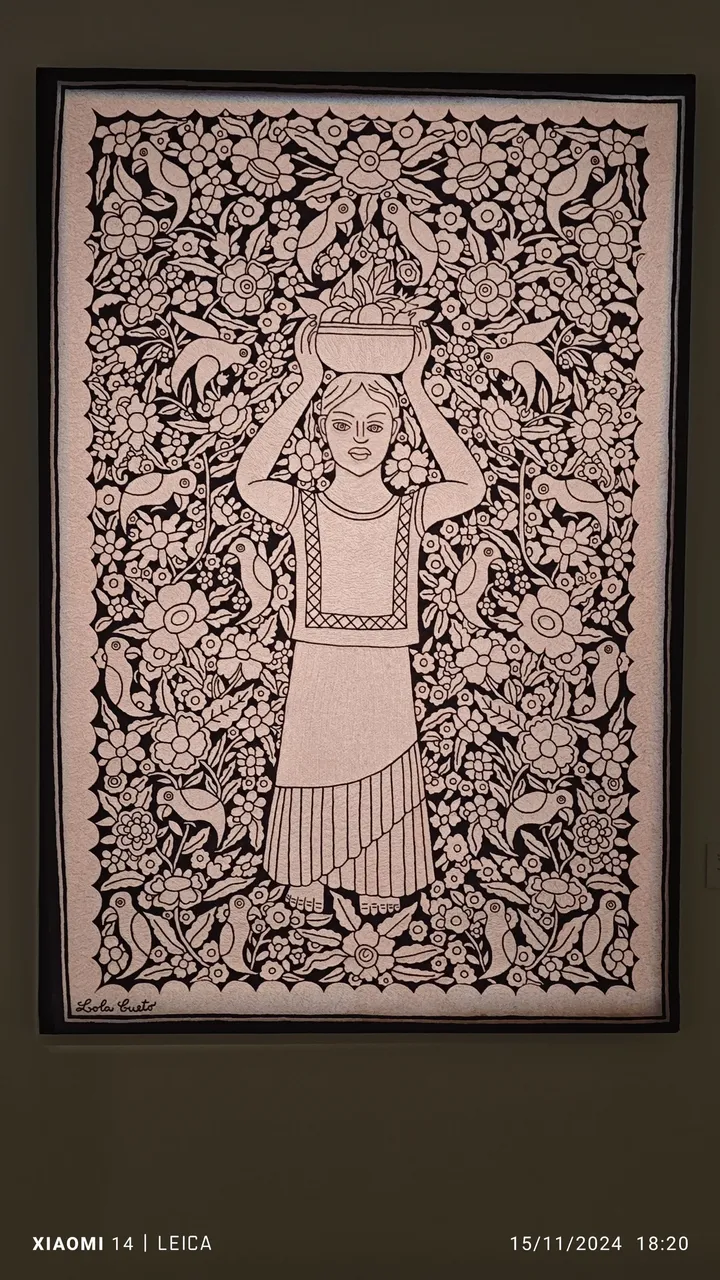
Lola Cueto. Tehuana (vendedora de frutas). Bordado. 1926
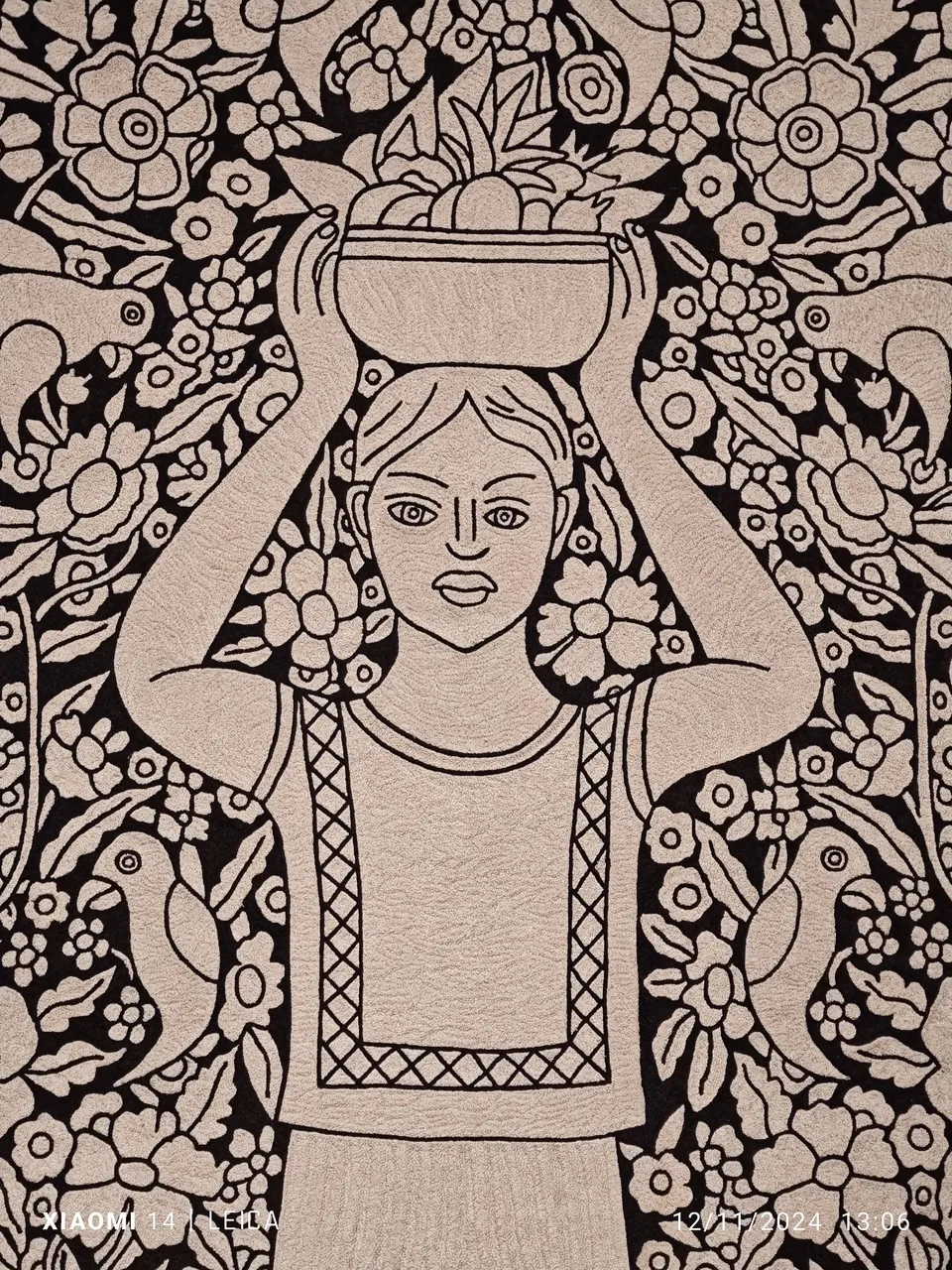
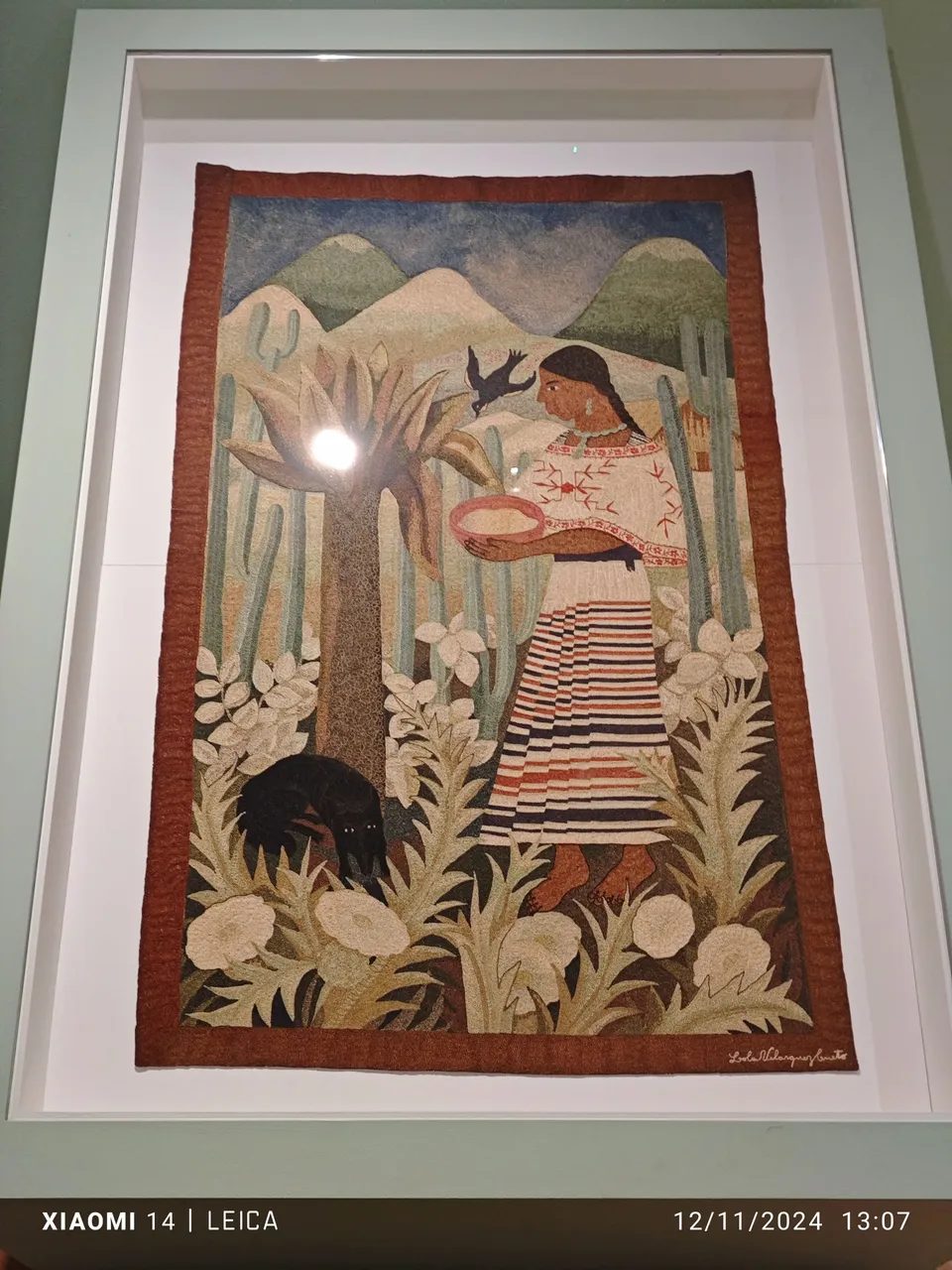
Lola Cueto. India Oxaqueña, 1928. Cadeneta
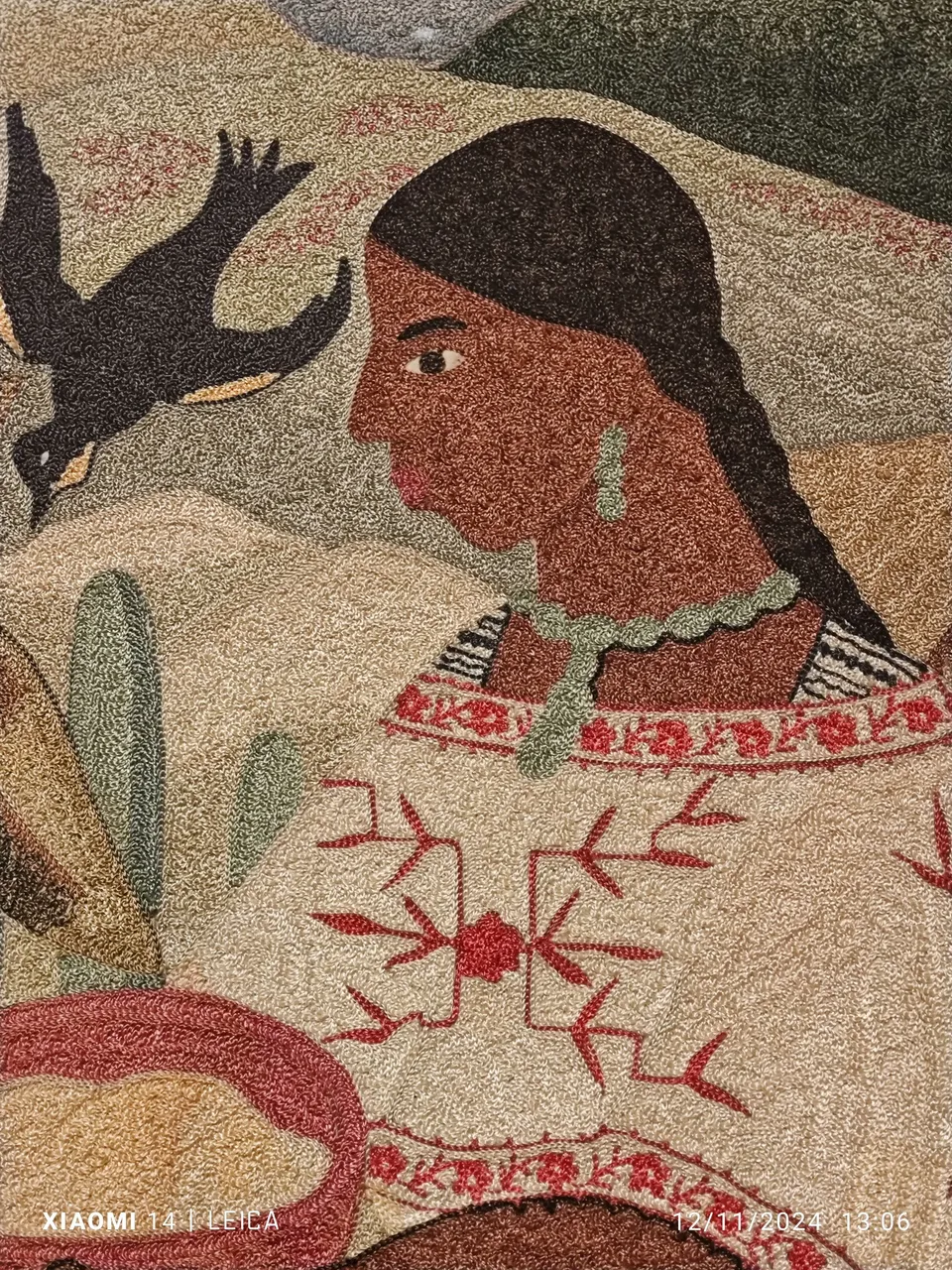
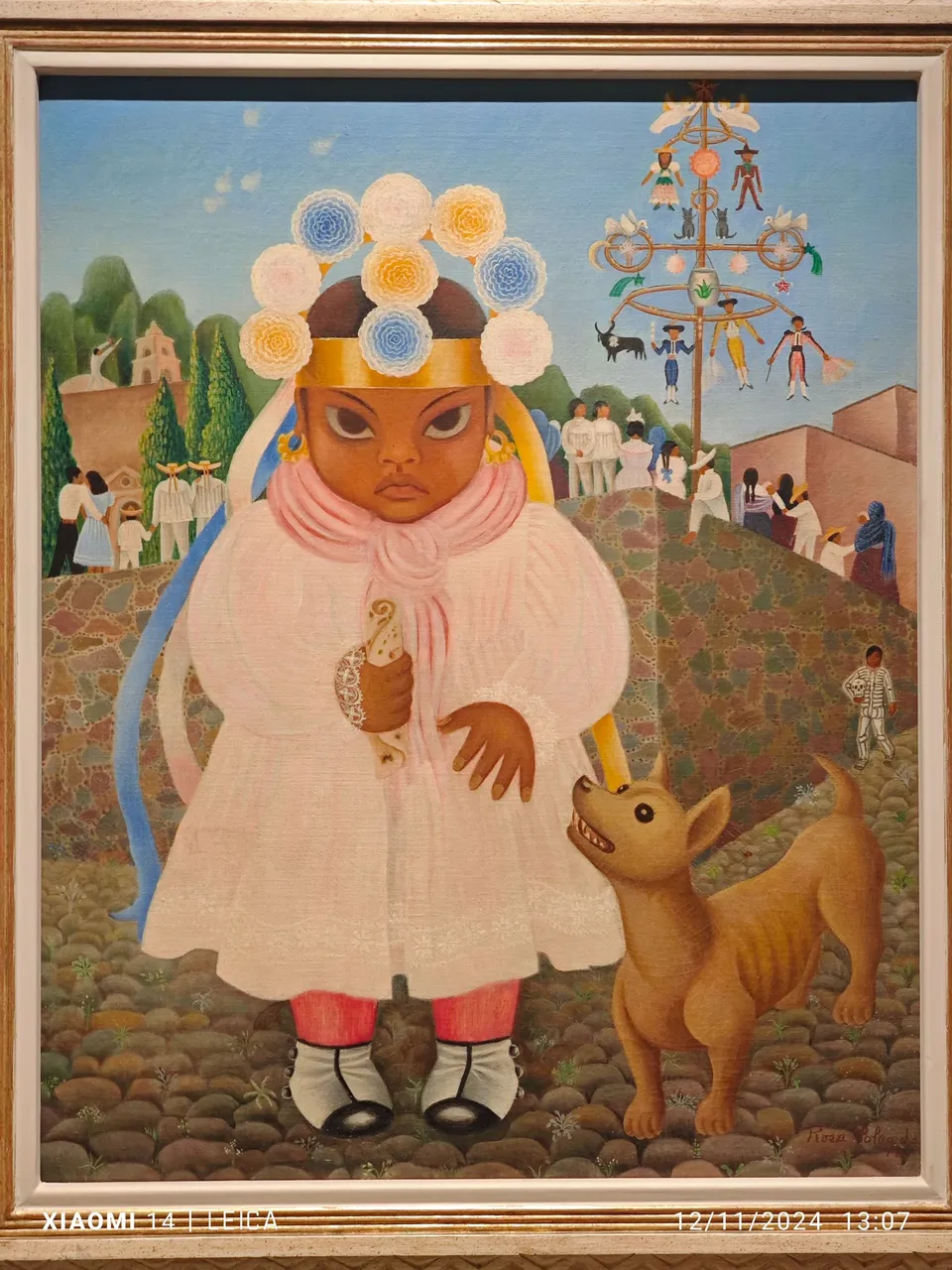
Rosa Rolanda. La niña del taco. 1947
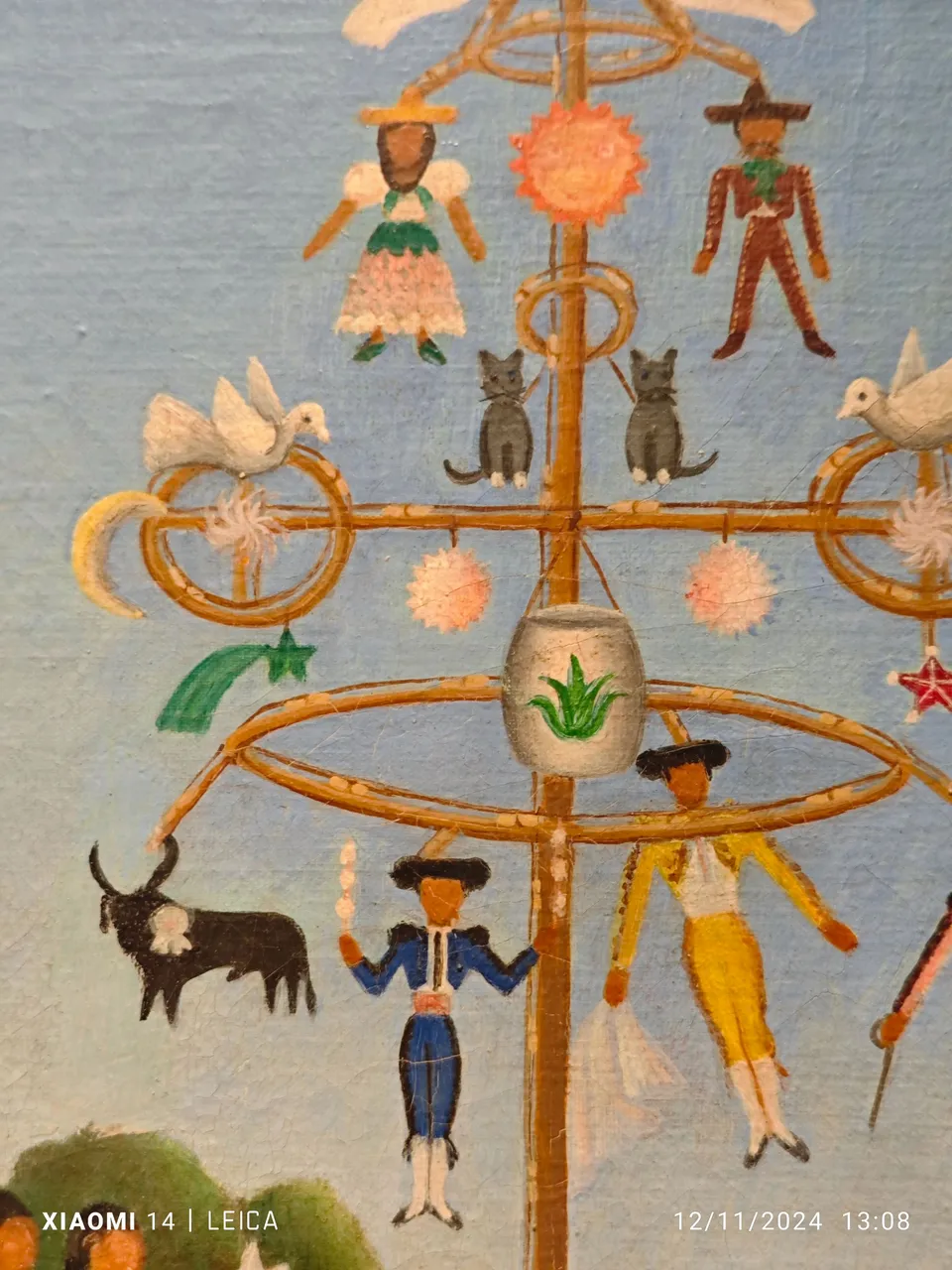 | 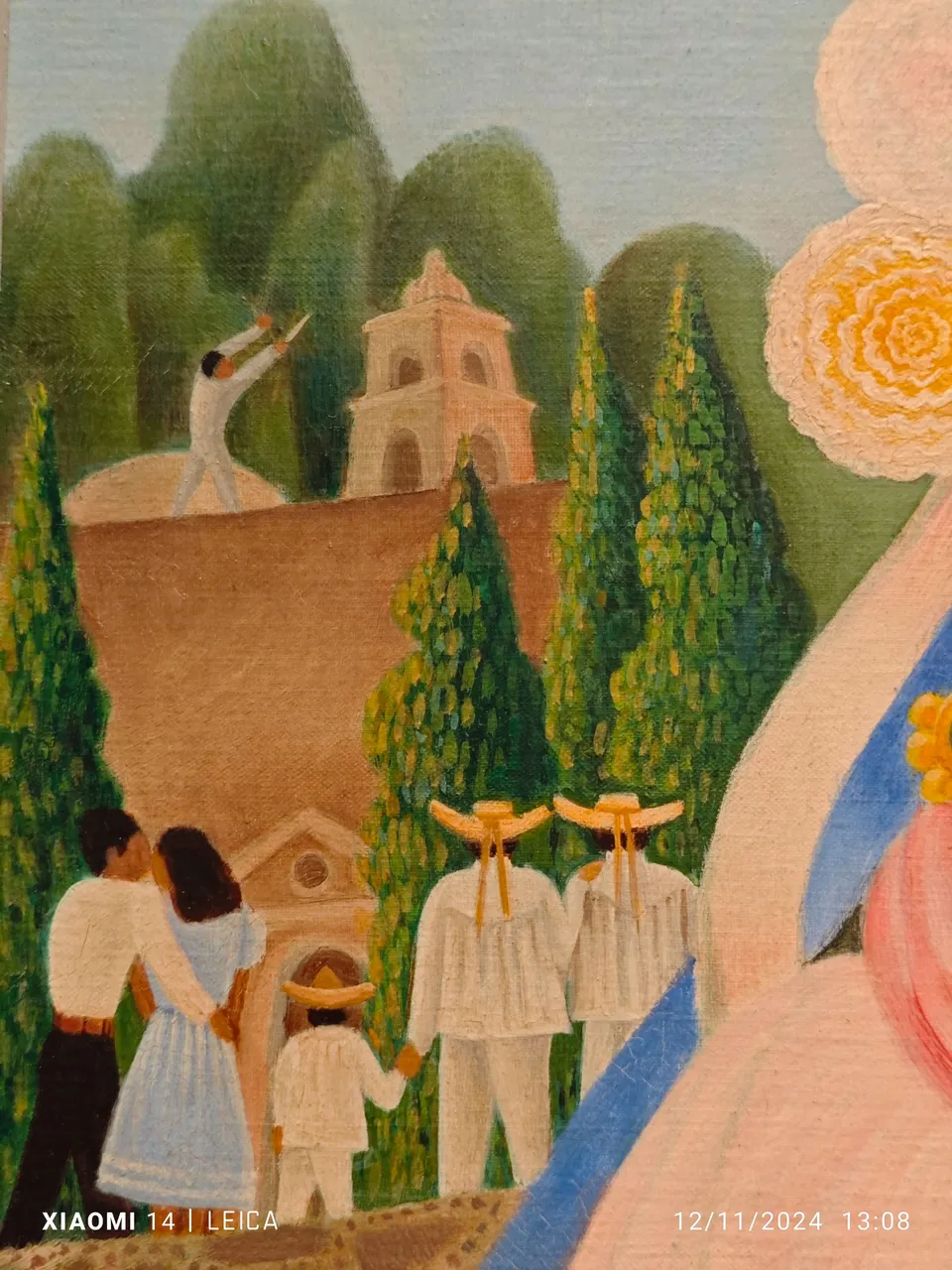 |
|---|
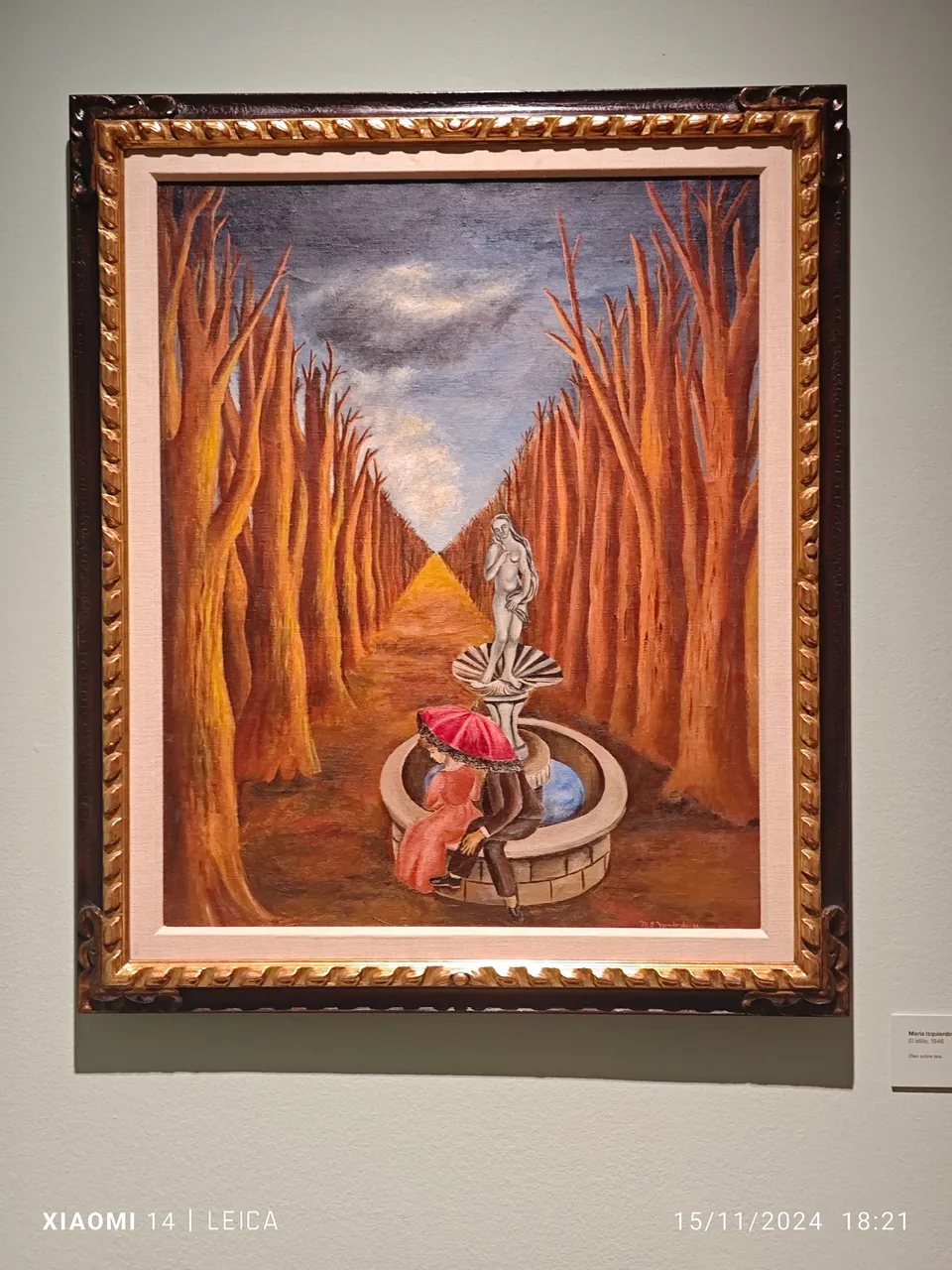
María Izquierdo. El idilio. 1946
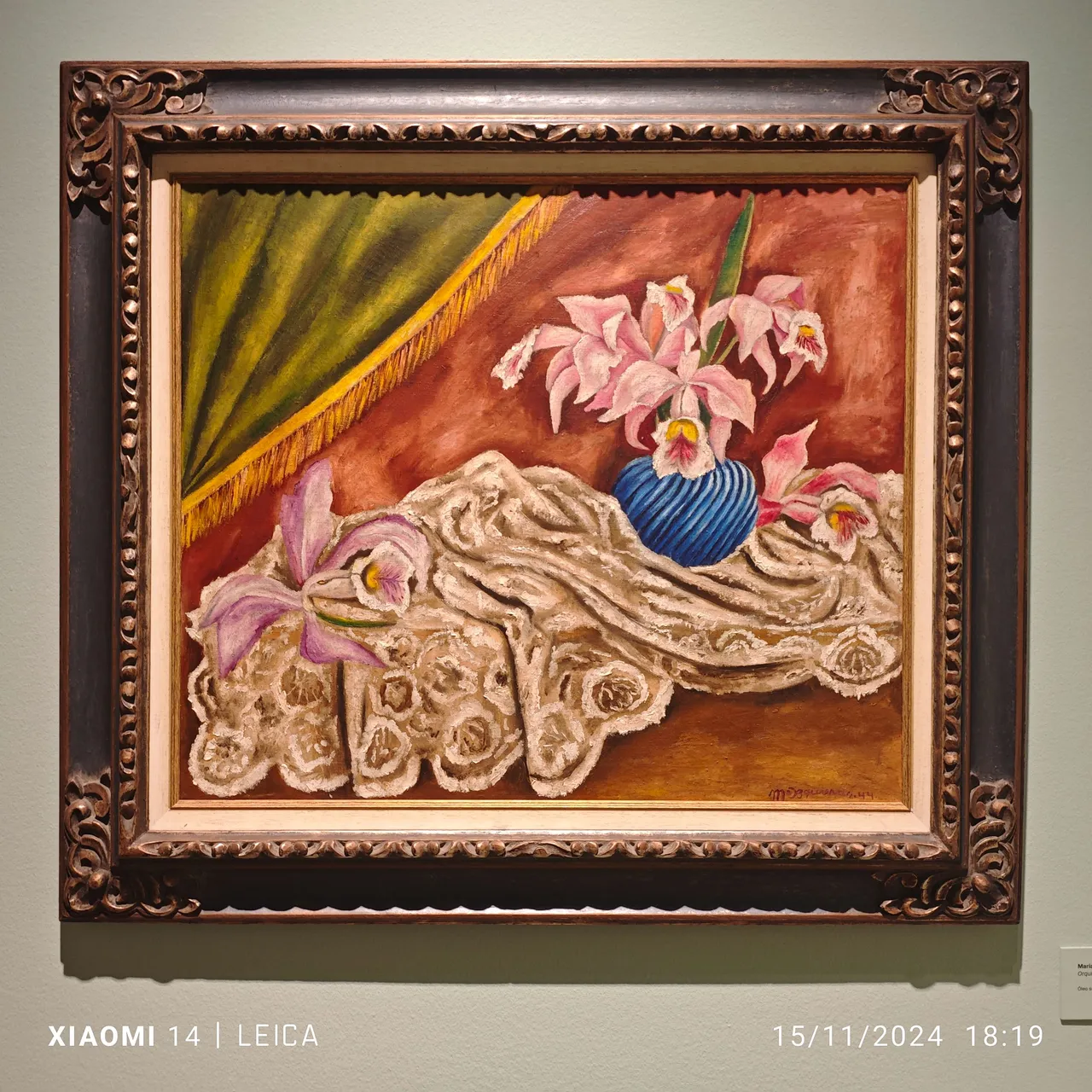
María Izquierdo. Orquídeas. 1944
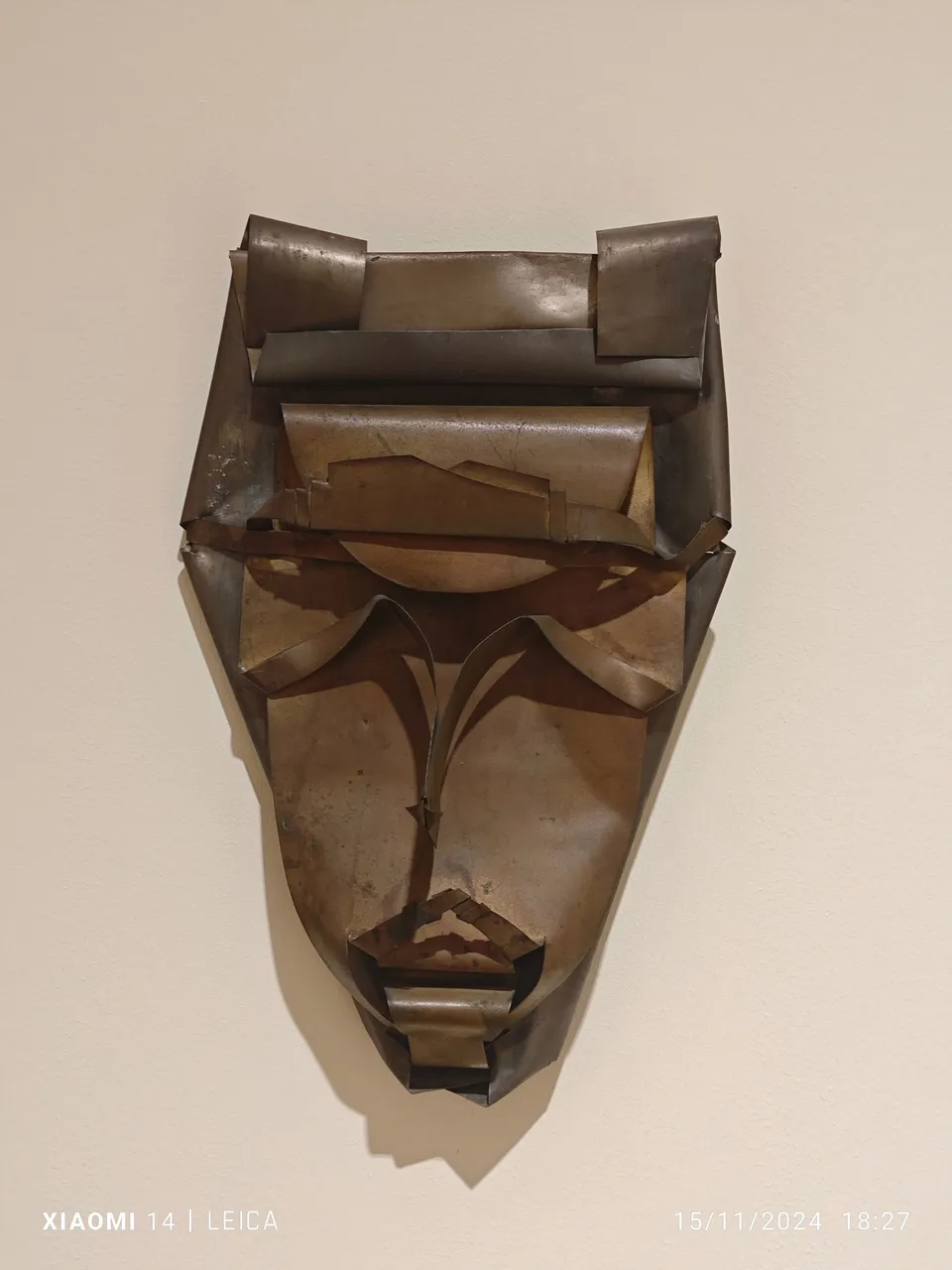 | 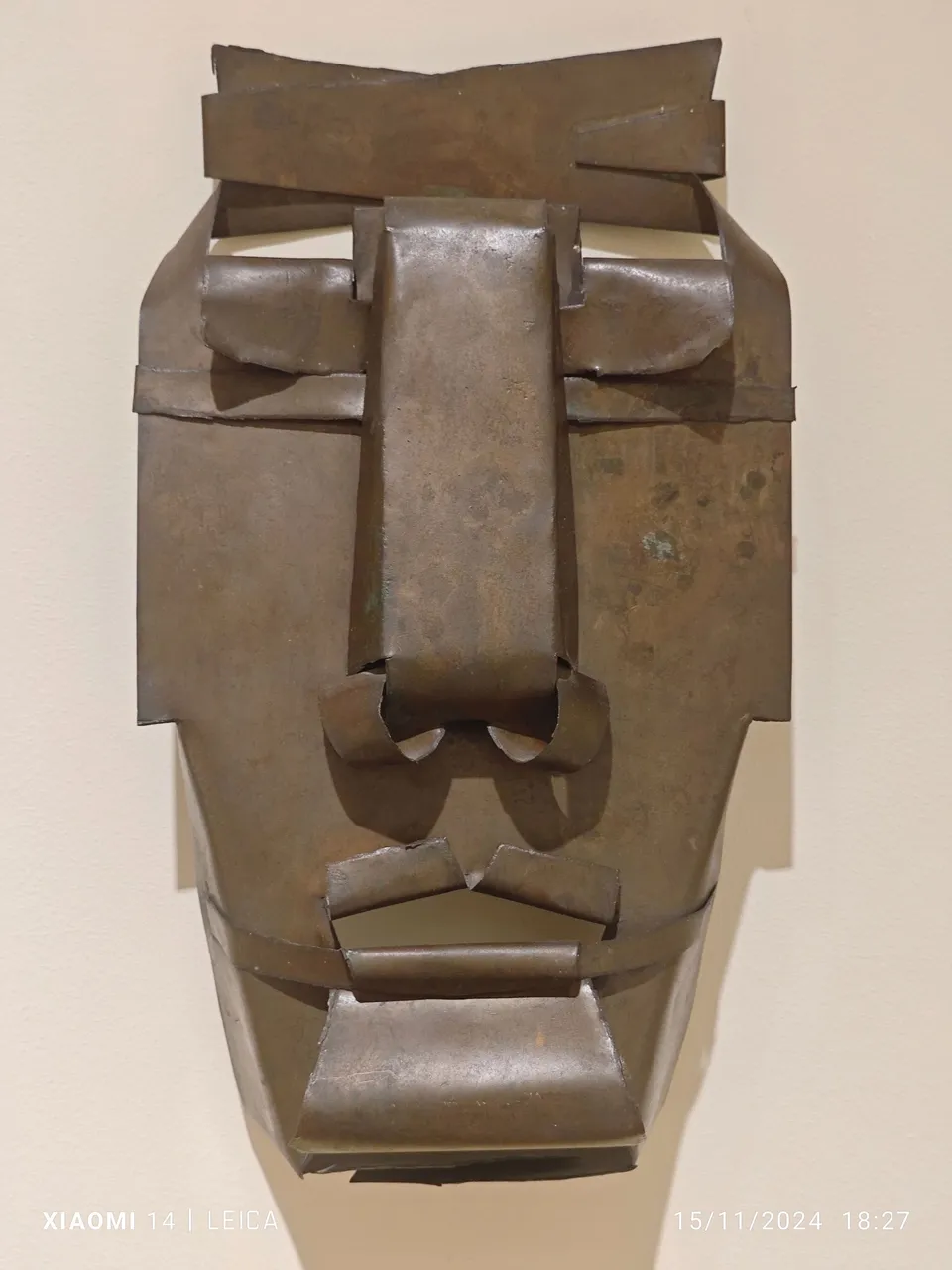 |
|---|
Guzmán Cueto. Máscaras. 1927

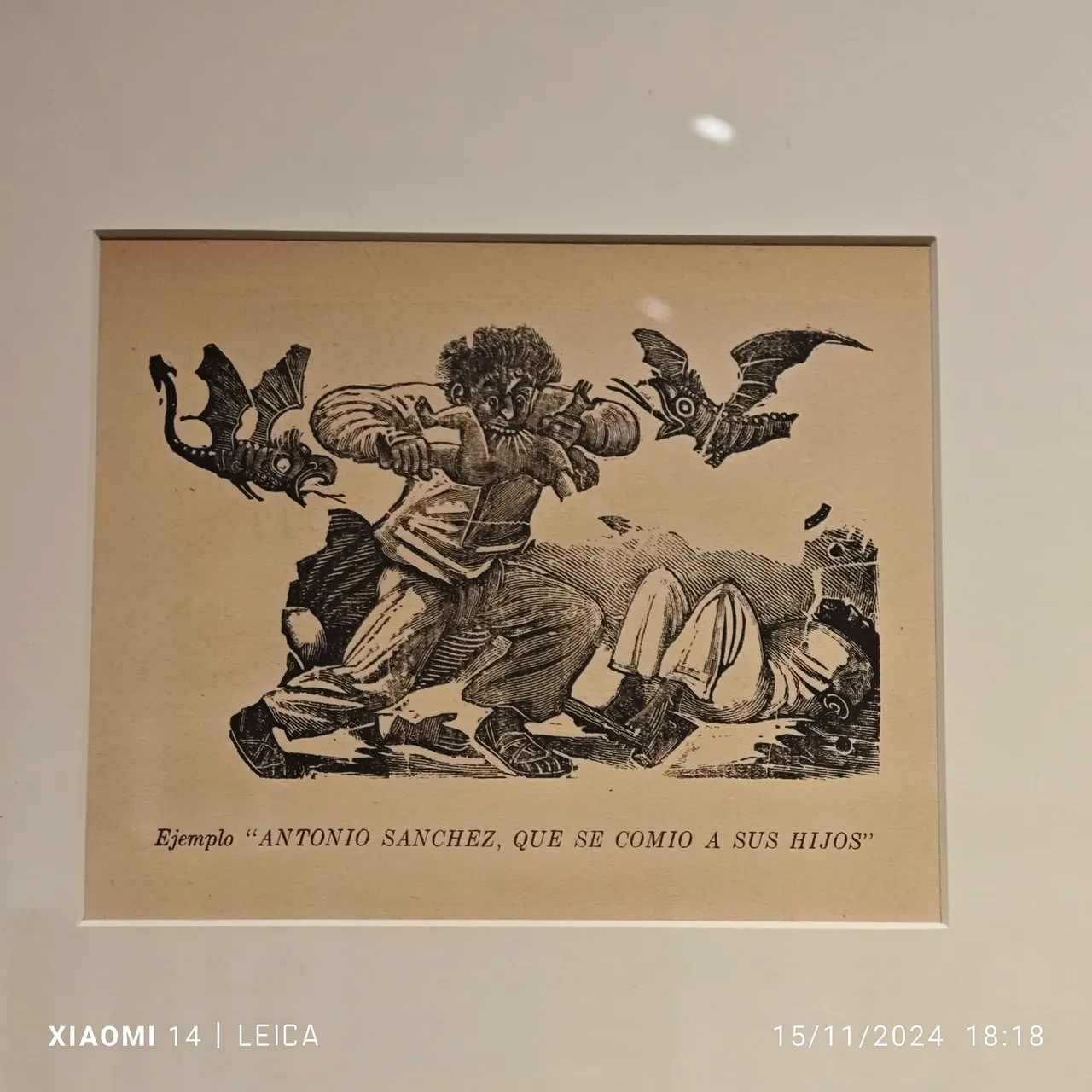
José Guadalupe Posada. 1930
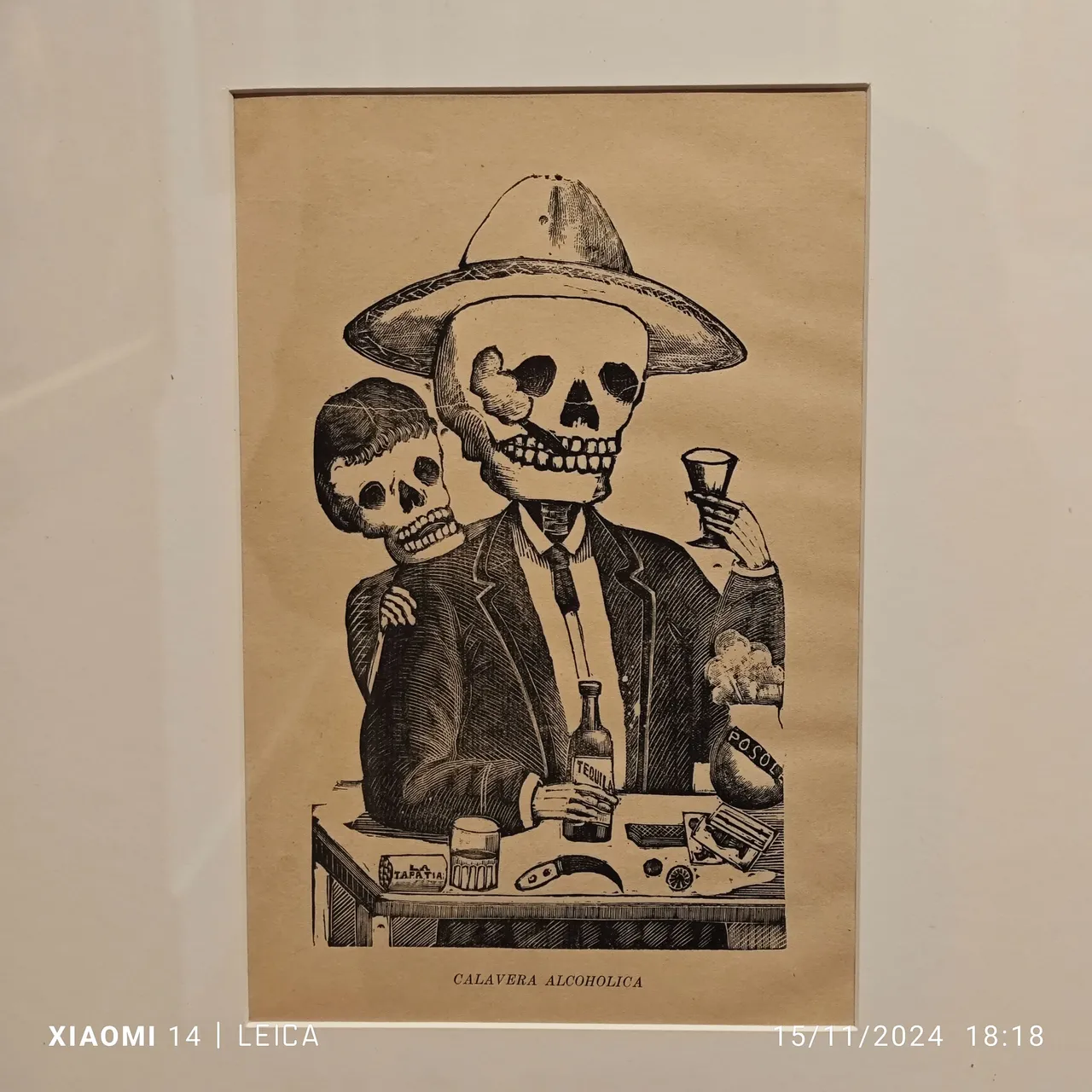

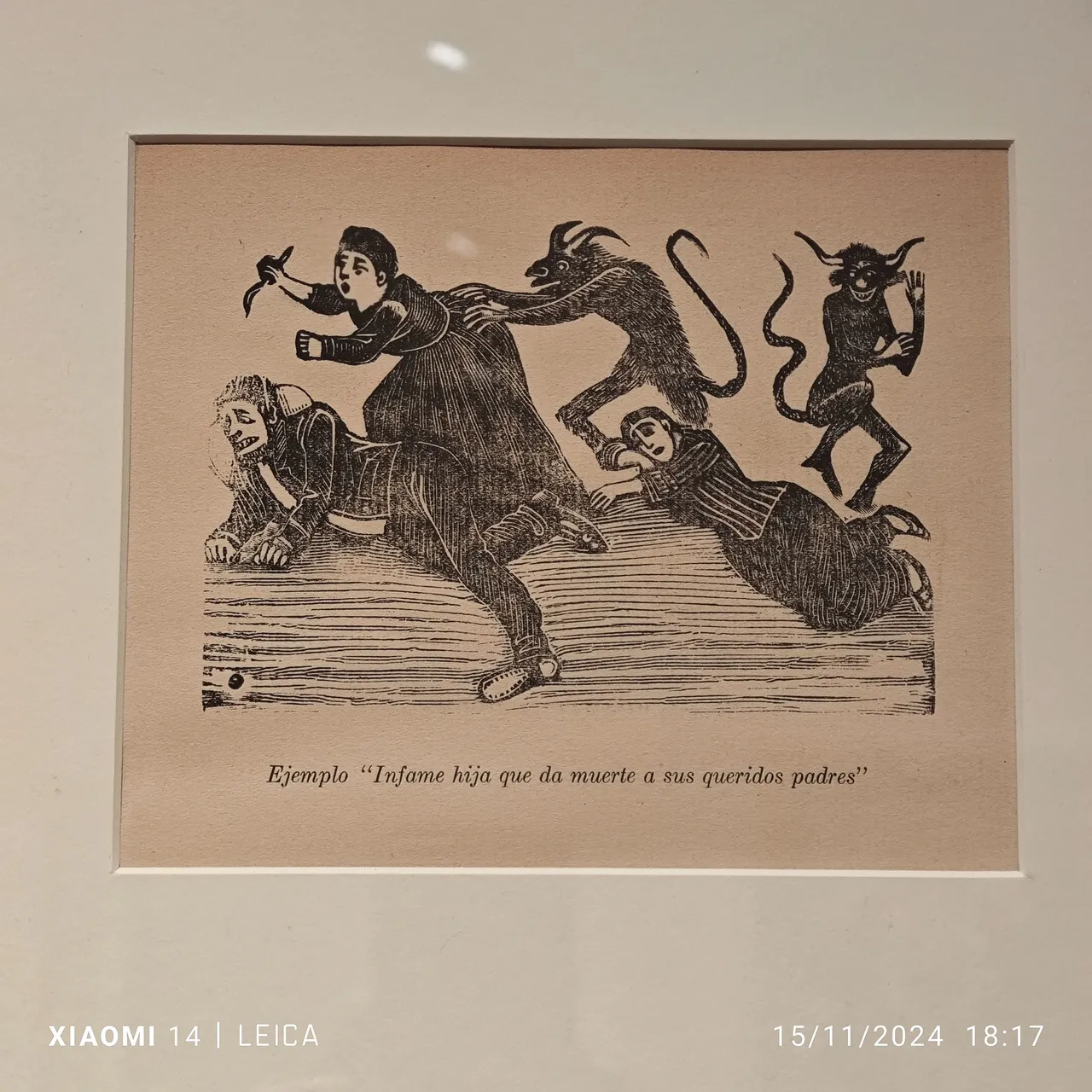
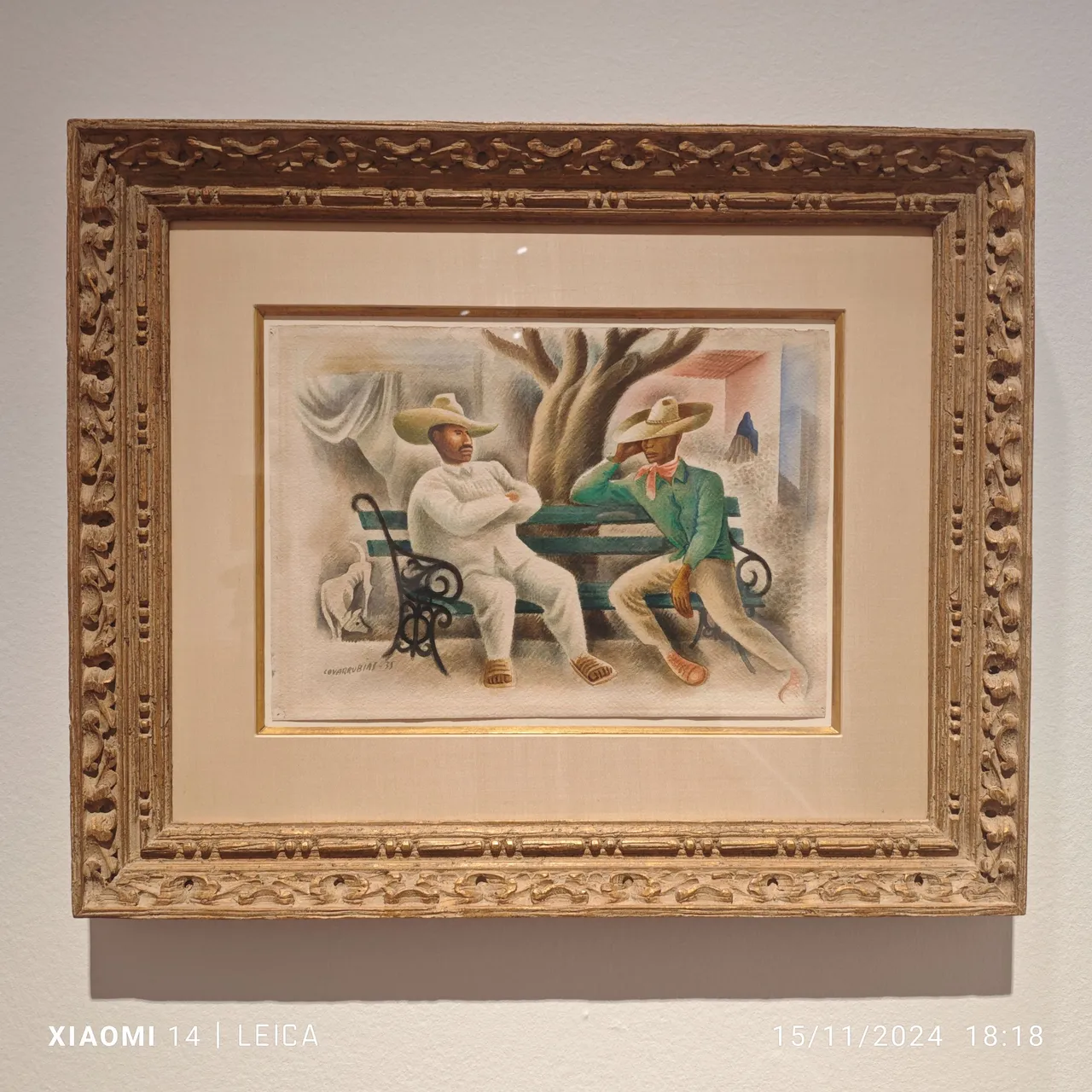
Miguel Covarrubias. Banca de pueblo. 1935
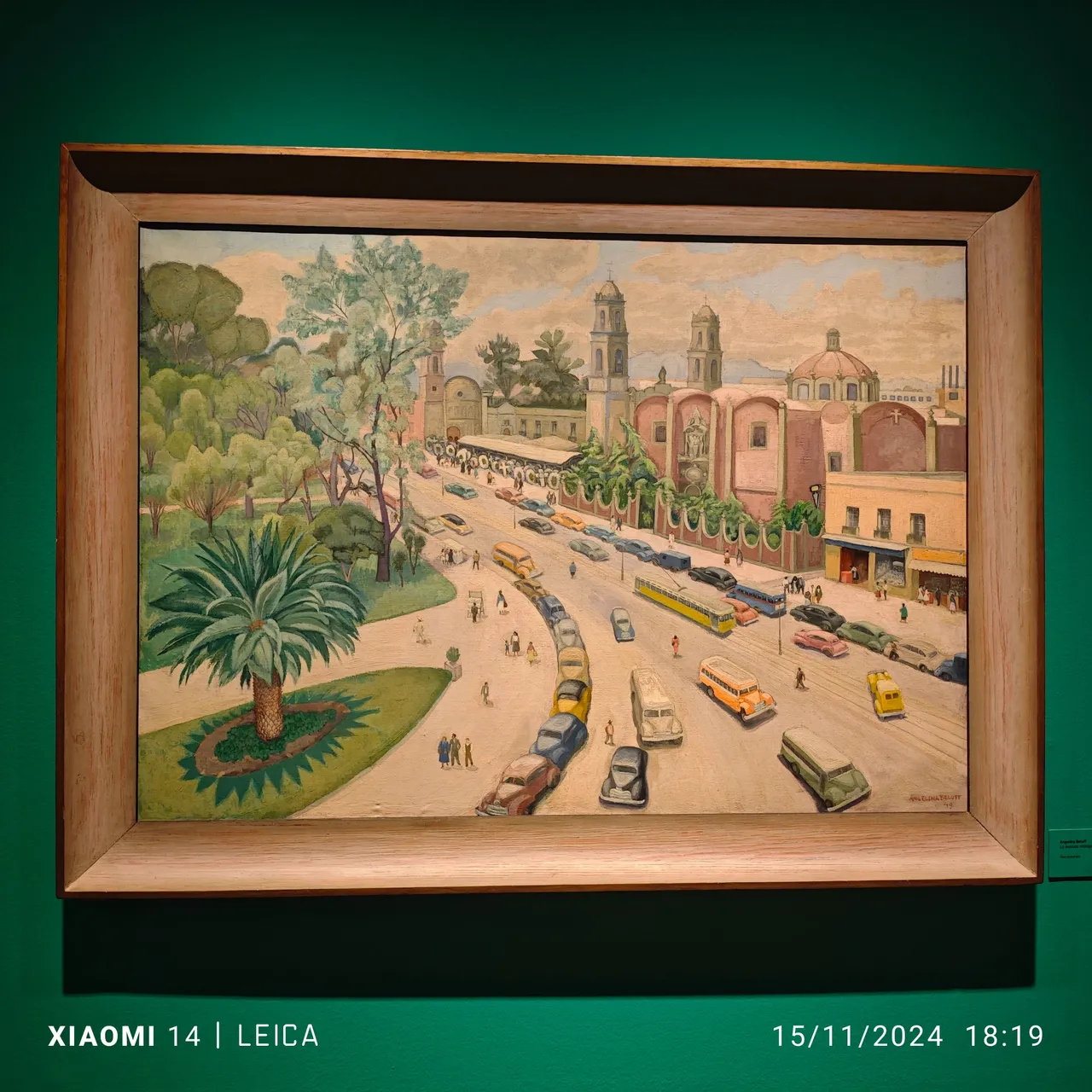
Angelina Beloff. La Avenida Hidalgo. 1949
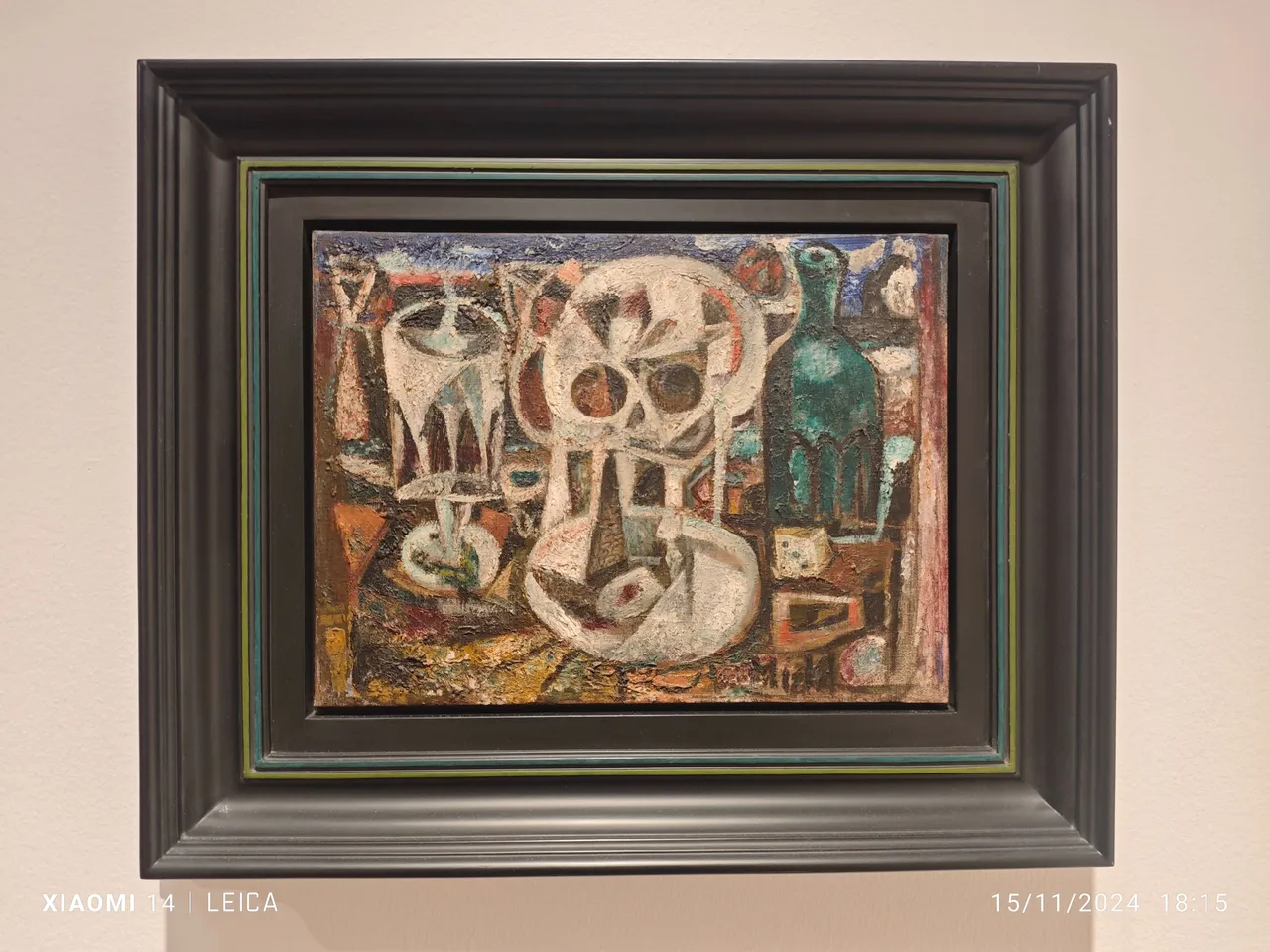
Alfonso Michel. Naturaleza muerta. 1954
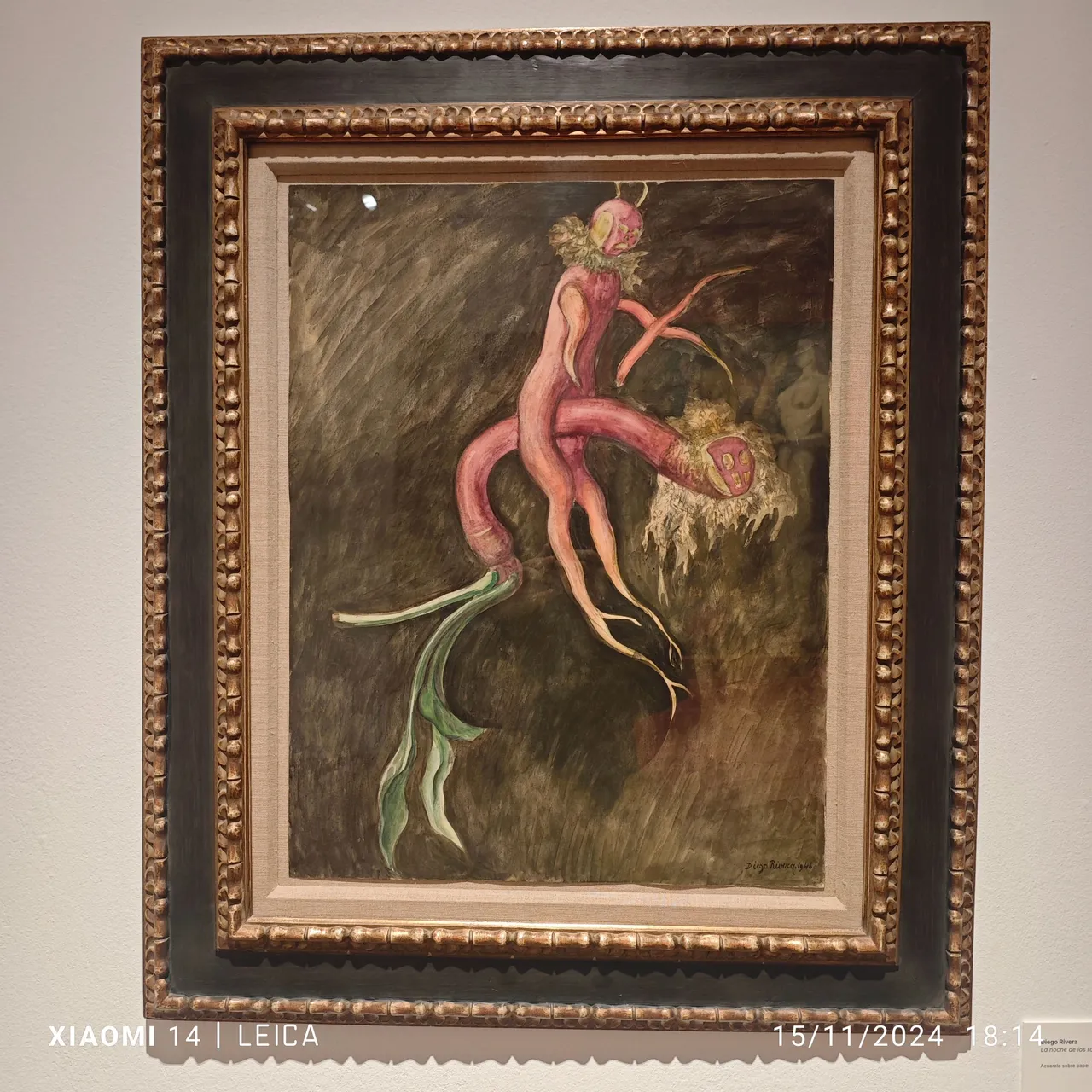
Diego Rivera. La noche de los rábanos. 1946
I hope you liked this post.
Thank you for joining me here.

Banner edited with Canva pro and cropped with ezgif.com.
Avatar created with IA Ideogram.
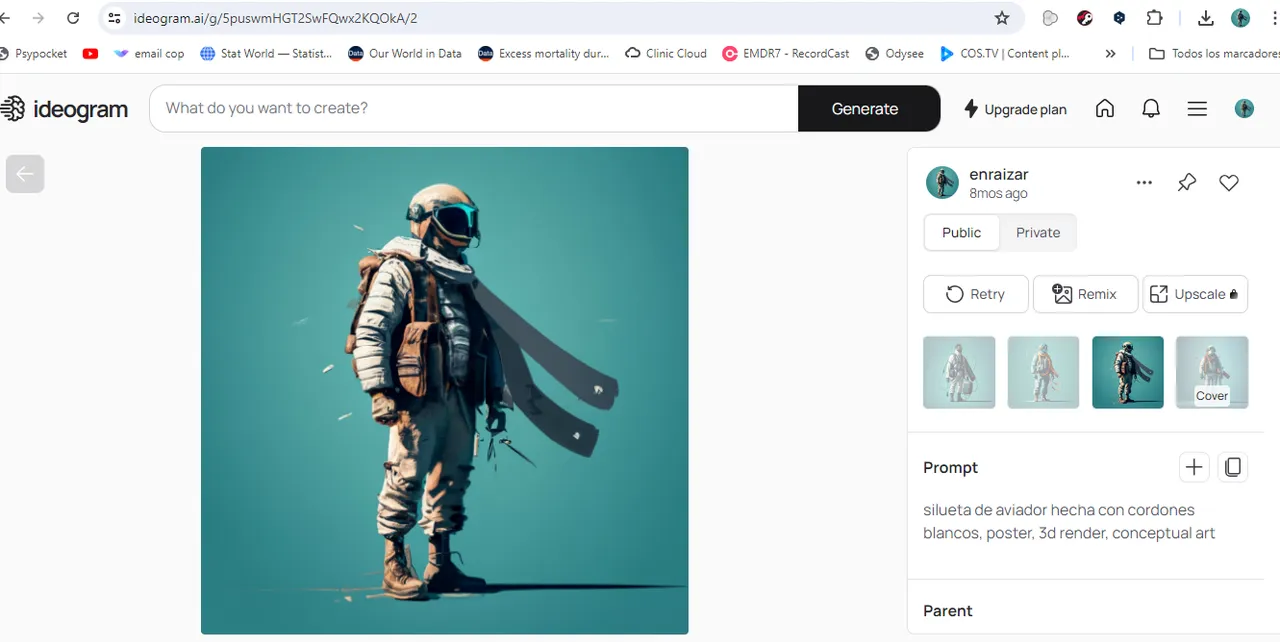
Translated into English from my native language Spanish with Google translator.
All photographs are my property.
Cover edited with GIMP from a photograph of my own.
All information taken from the exhibition itself, from the website of the Casa de México en España and from the Diana Briuolo Destéfano Thesis.
🕷️
